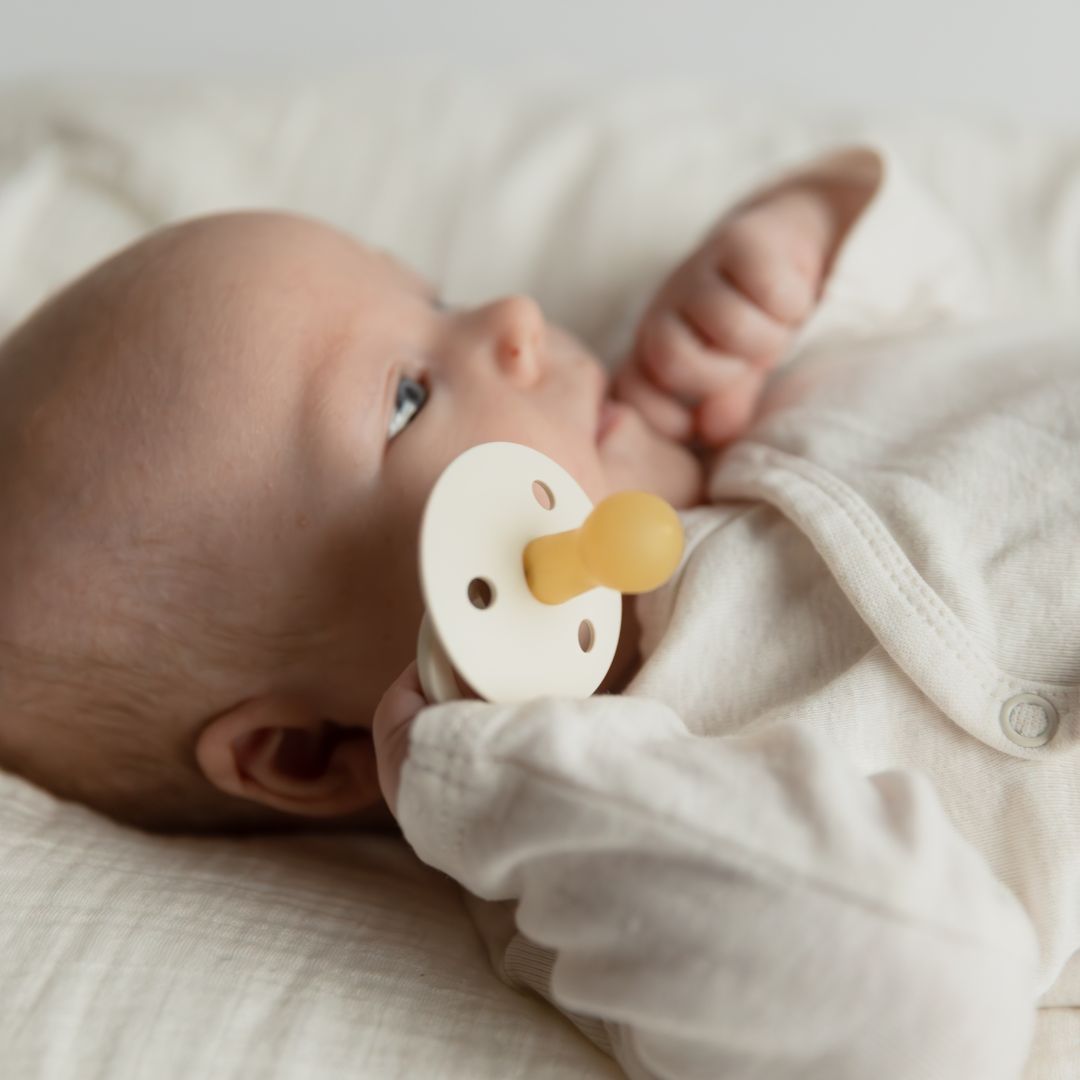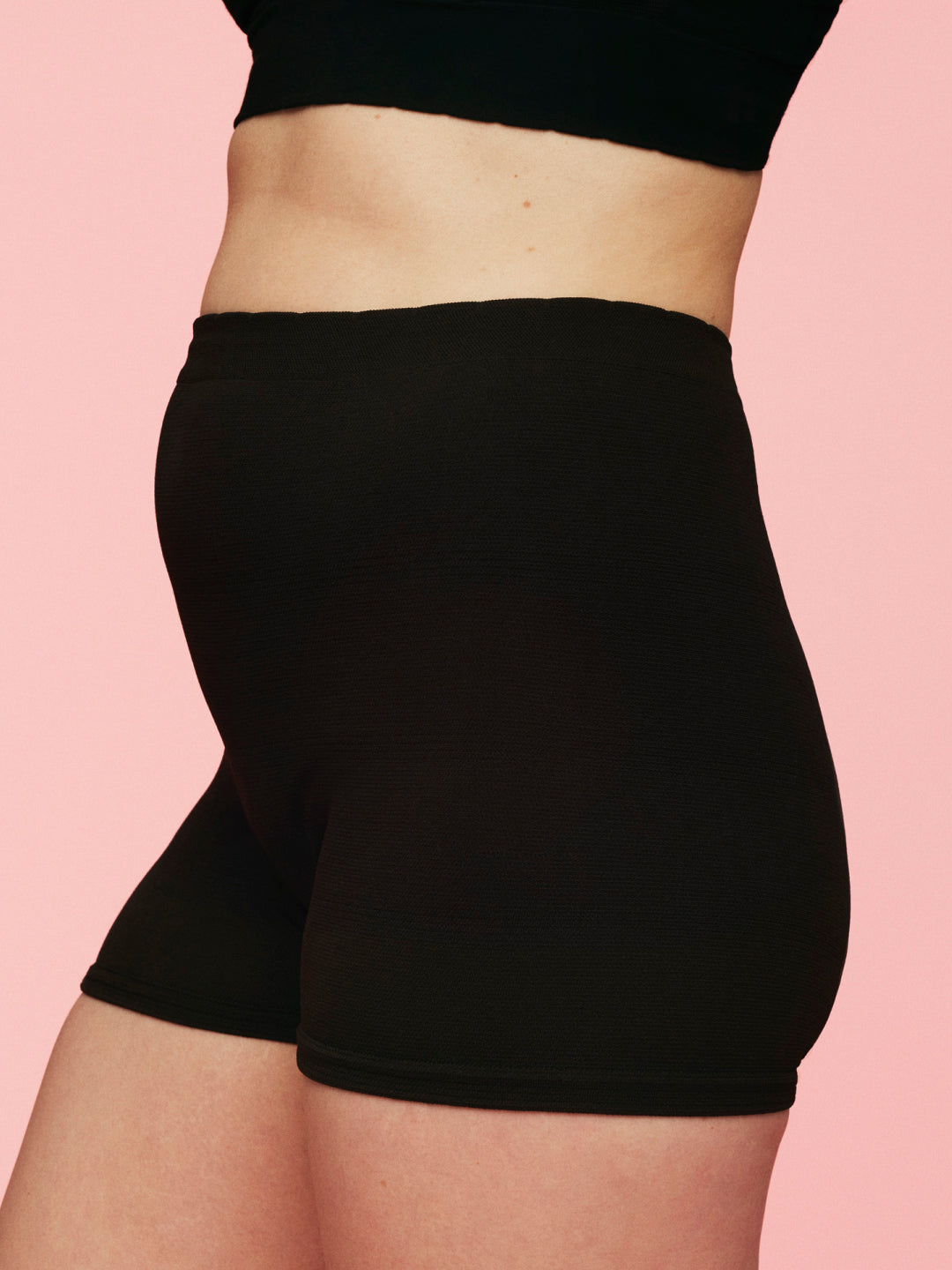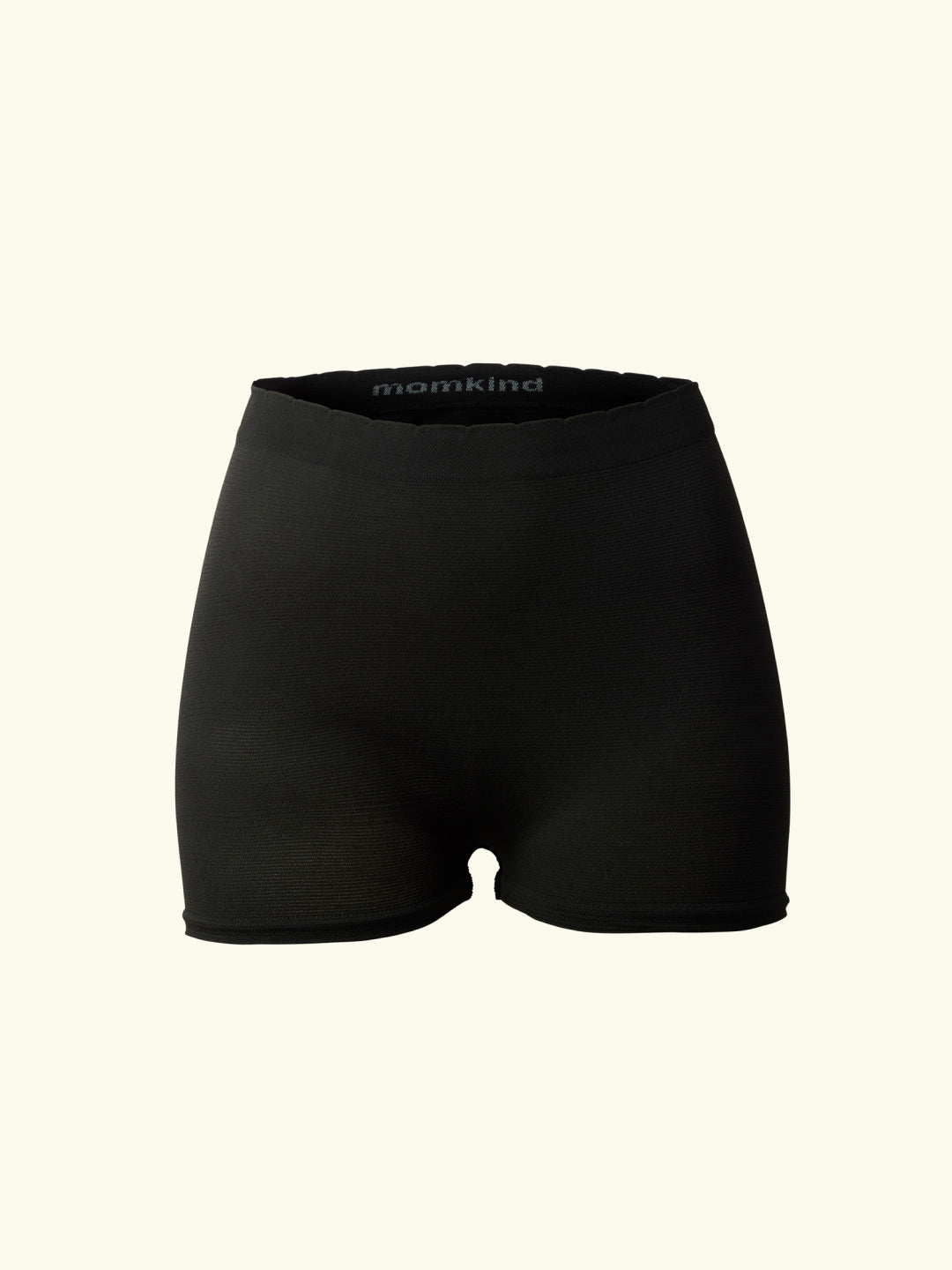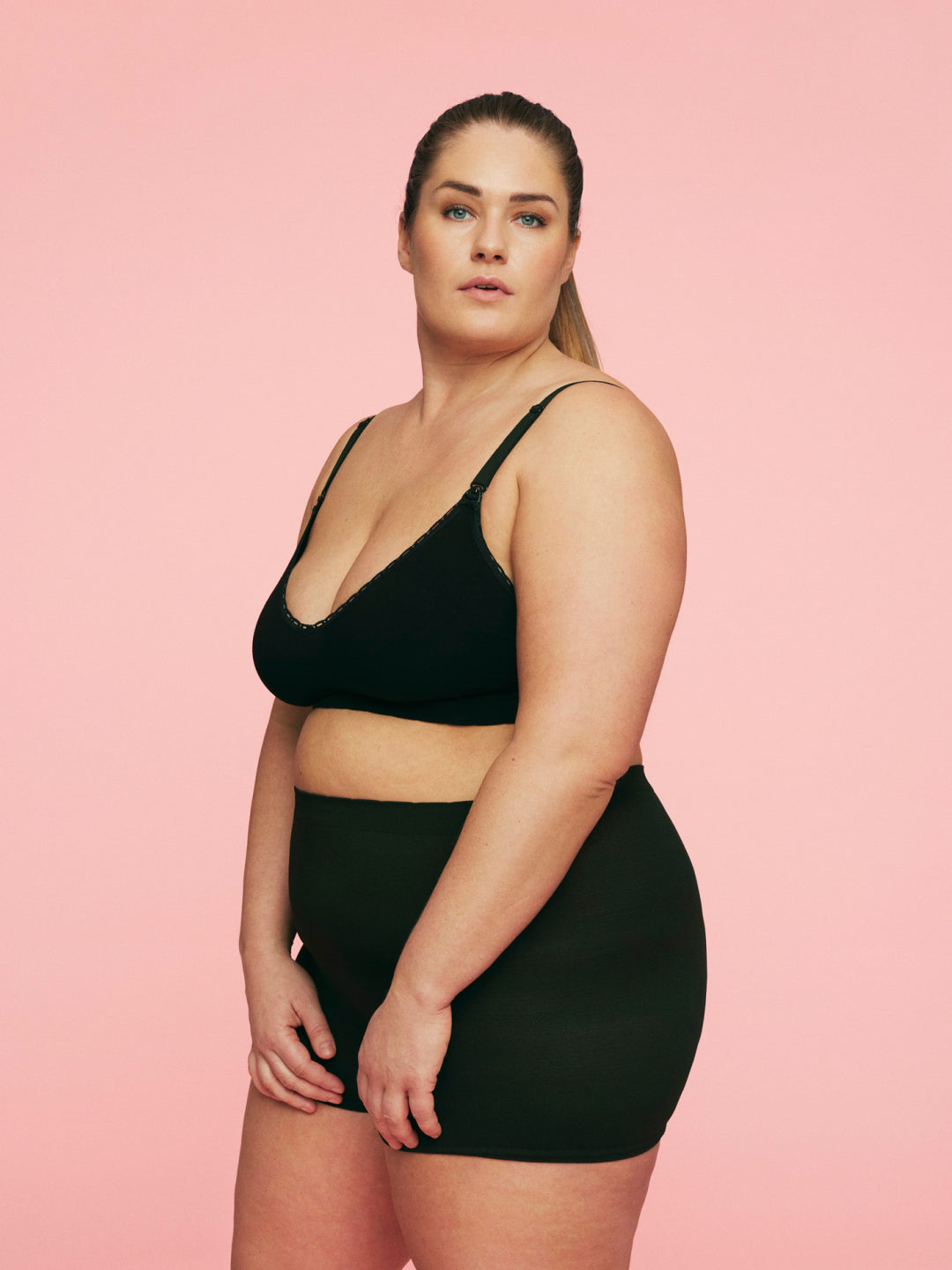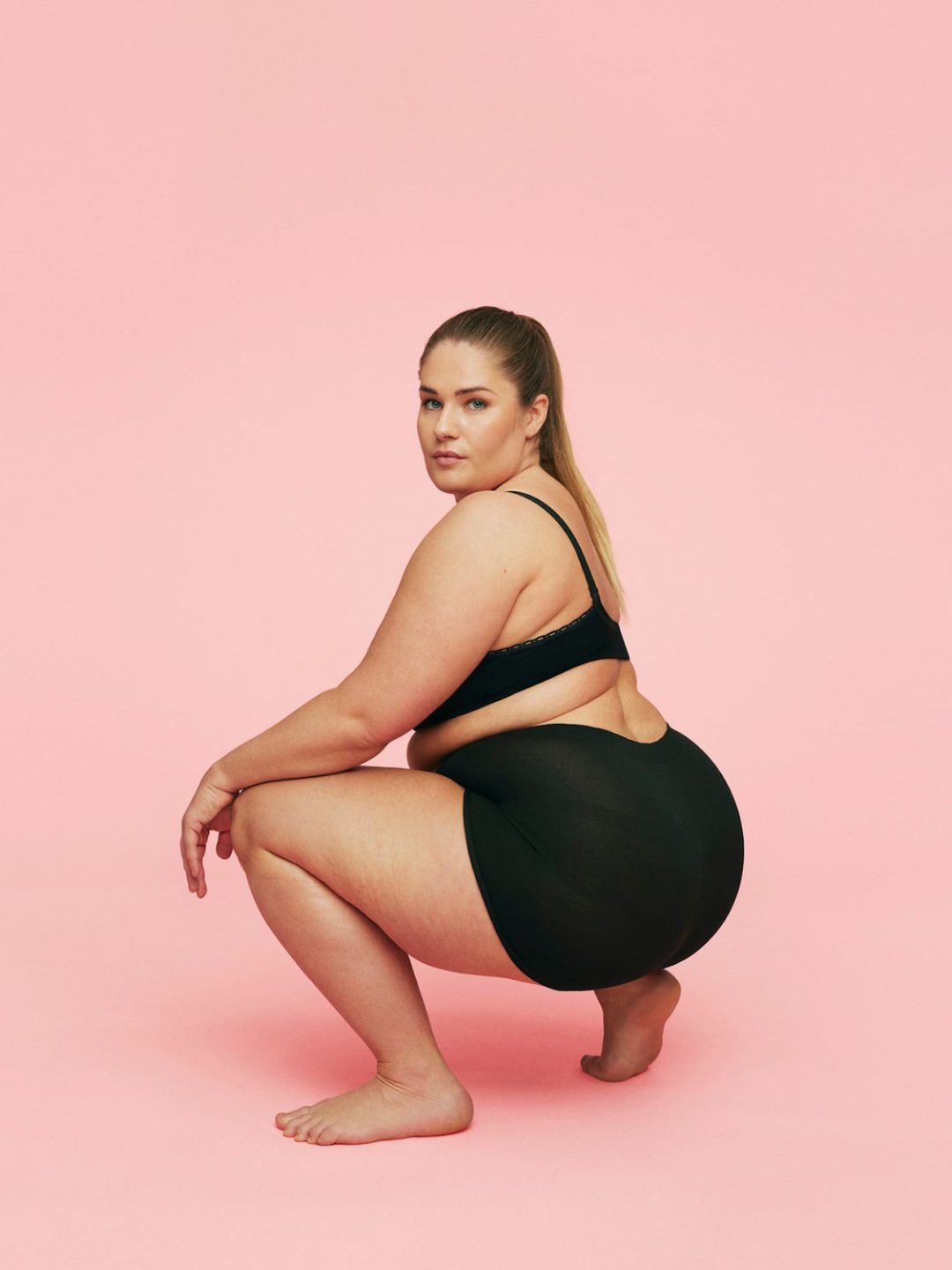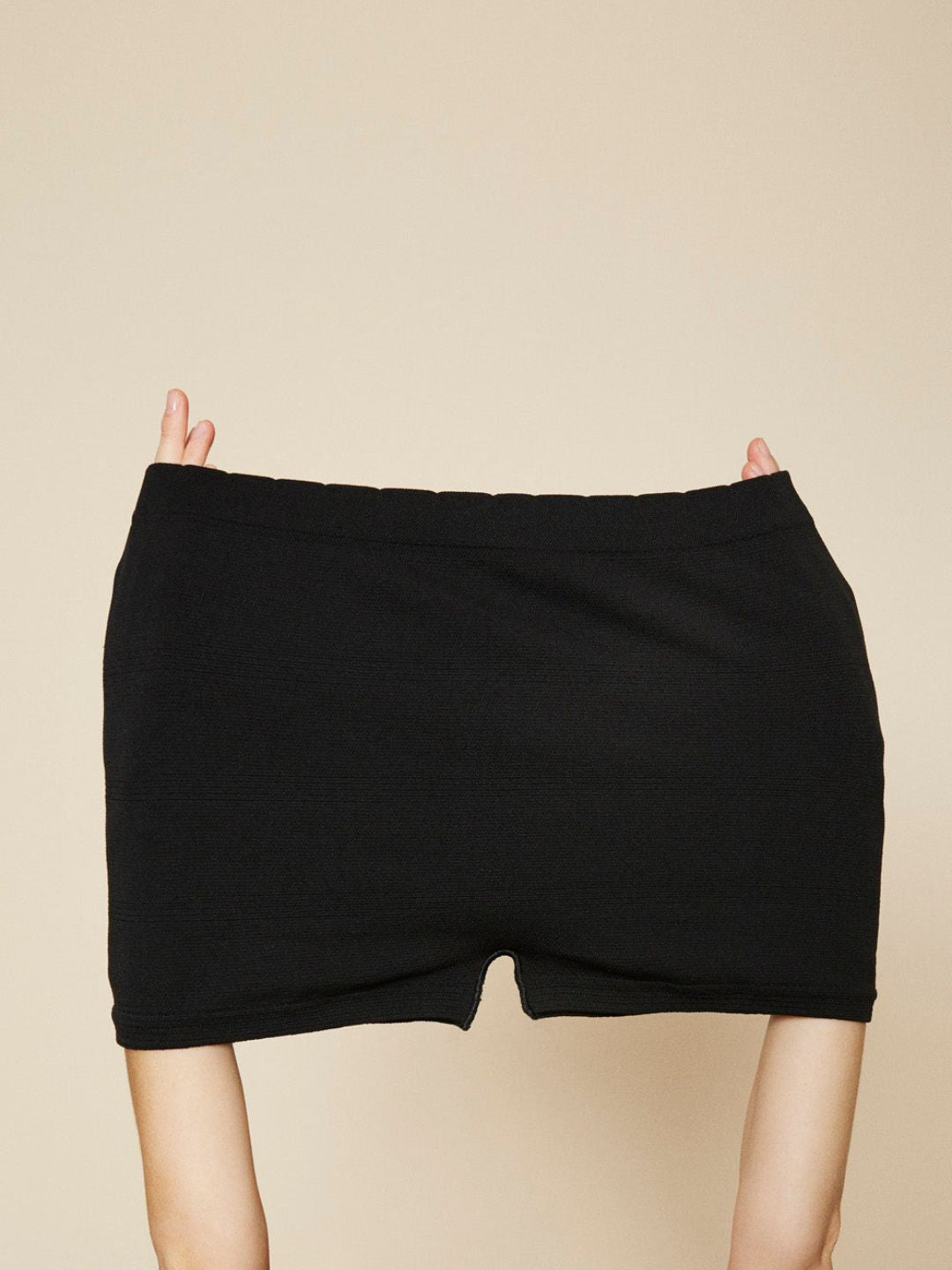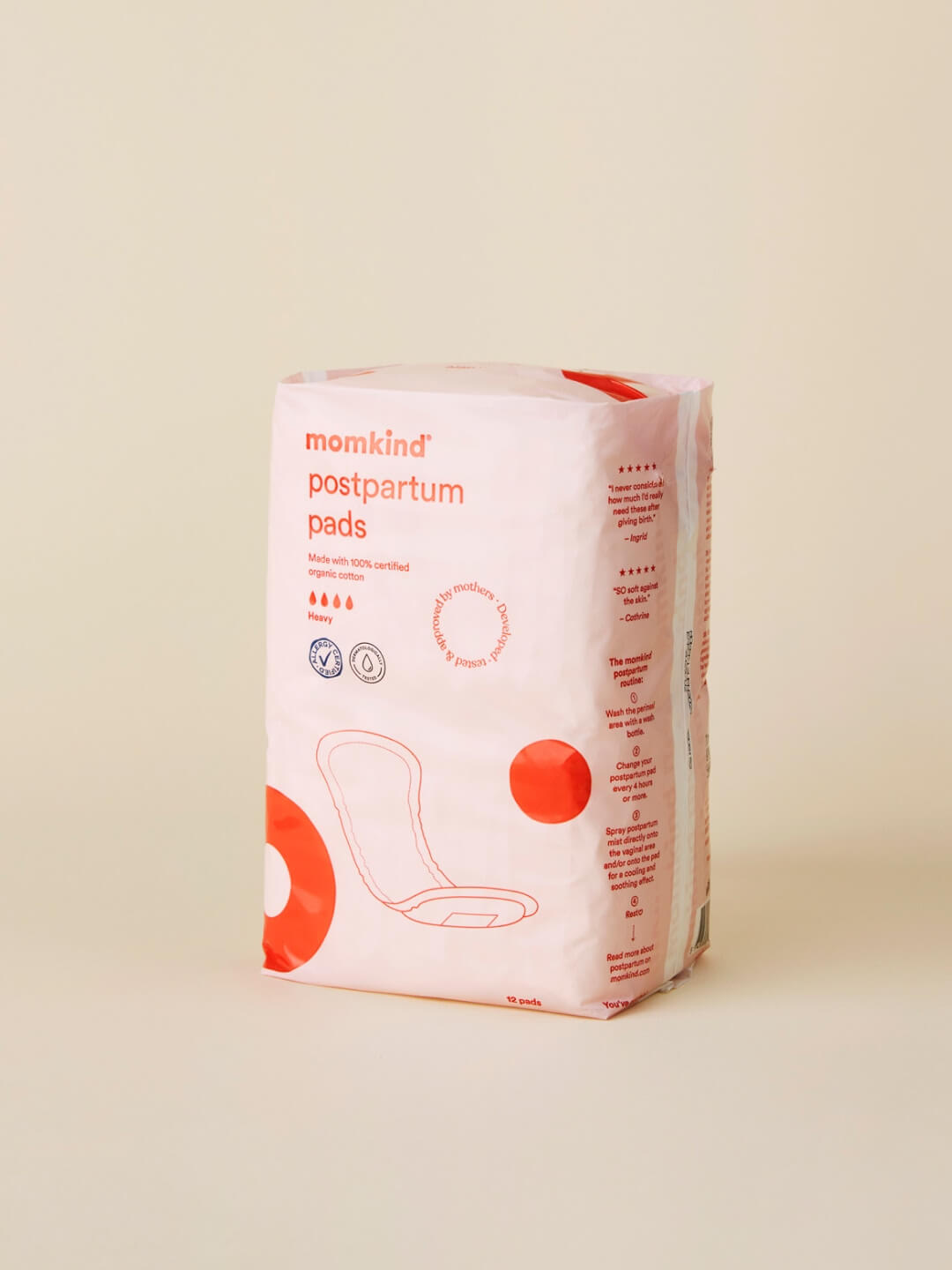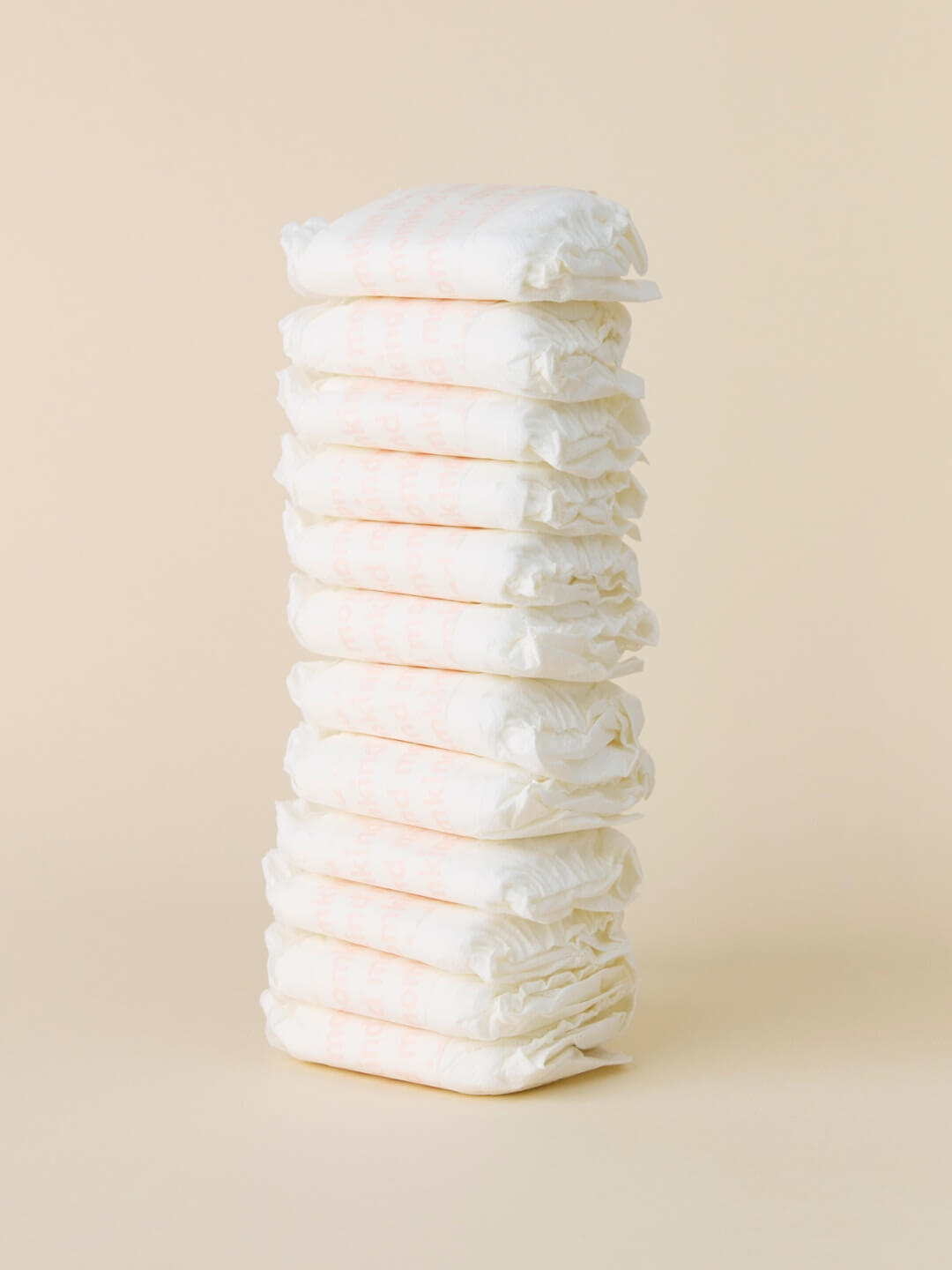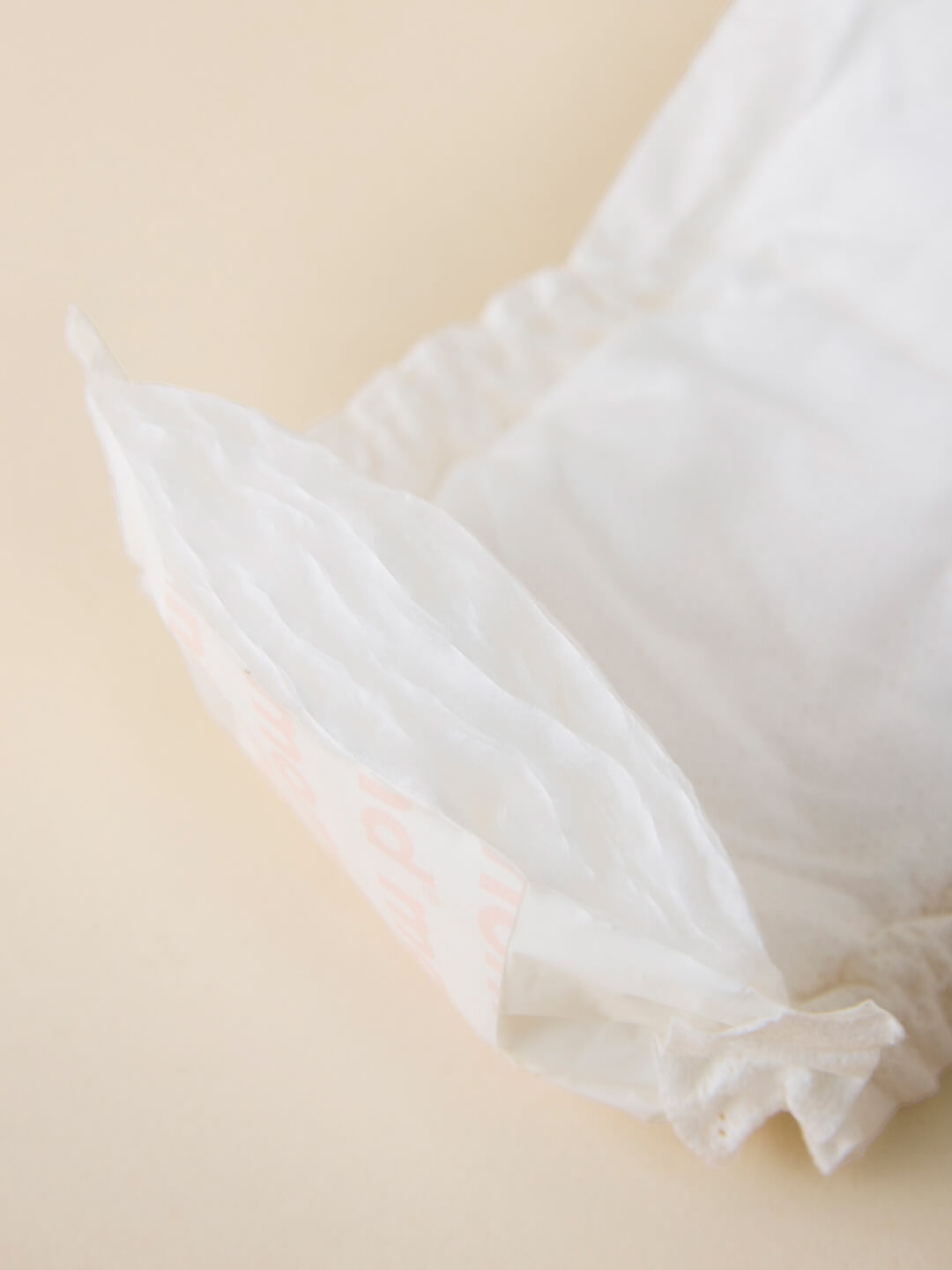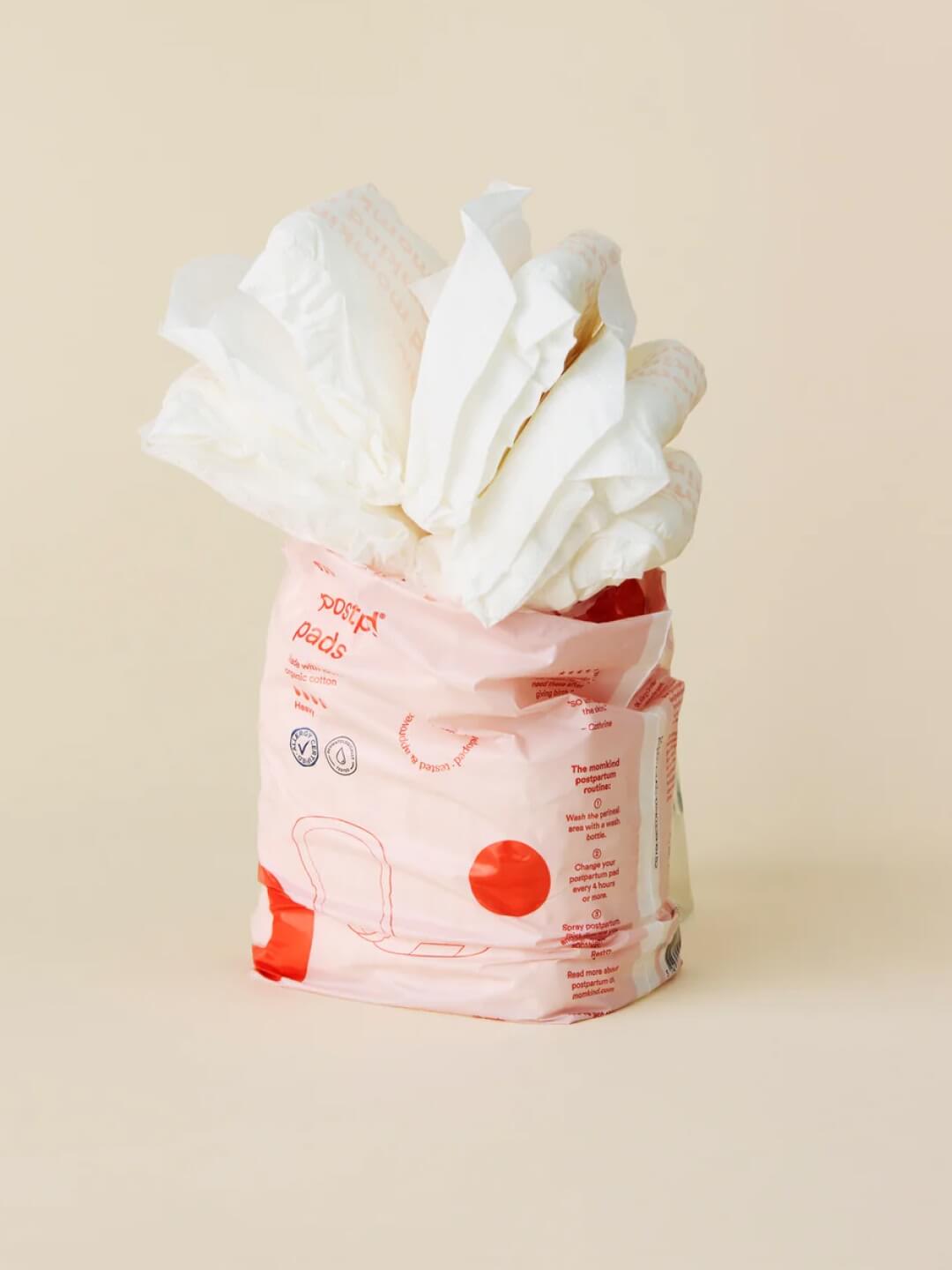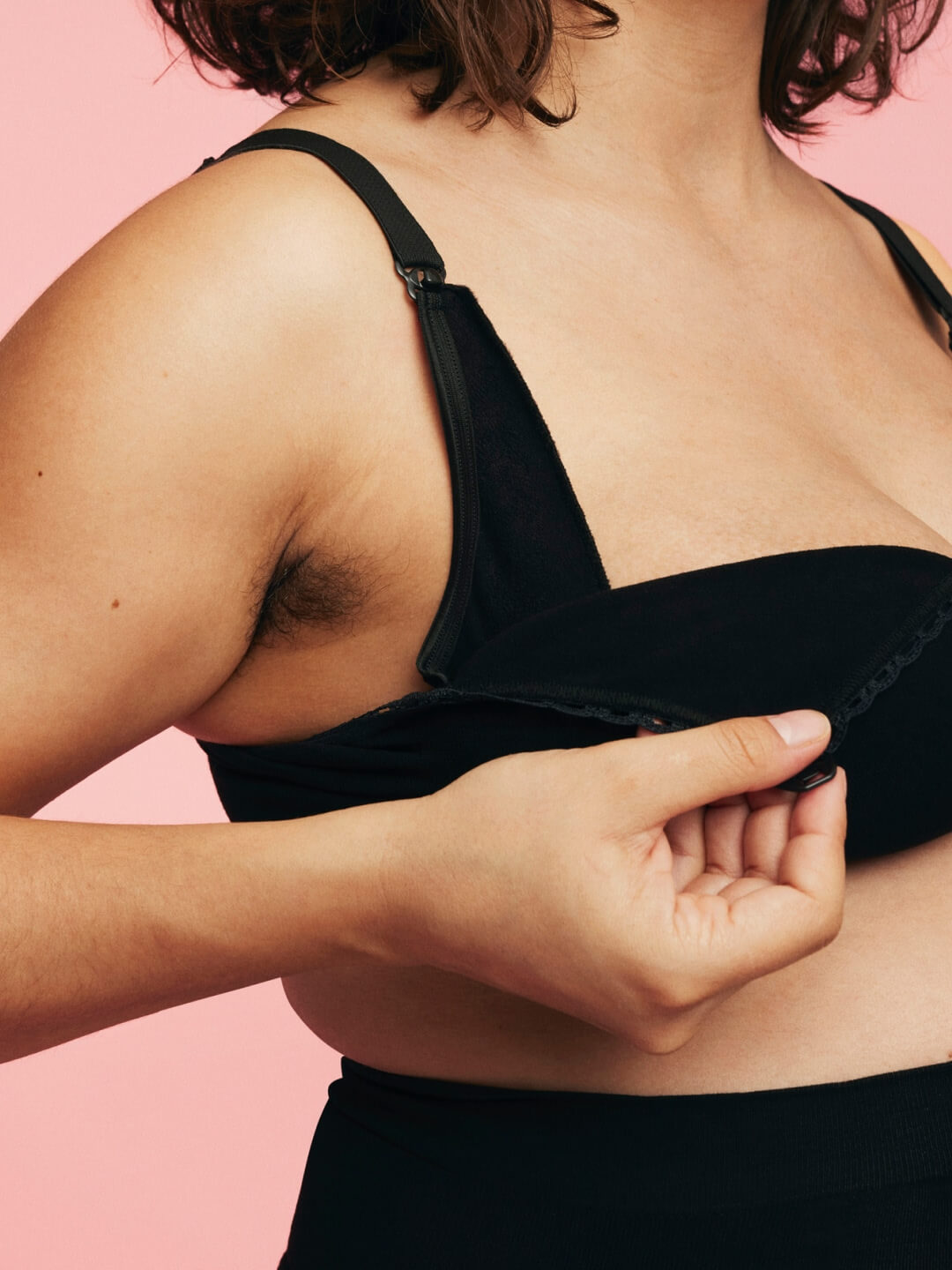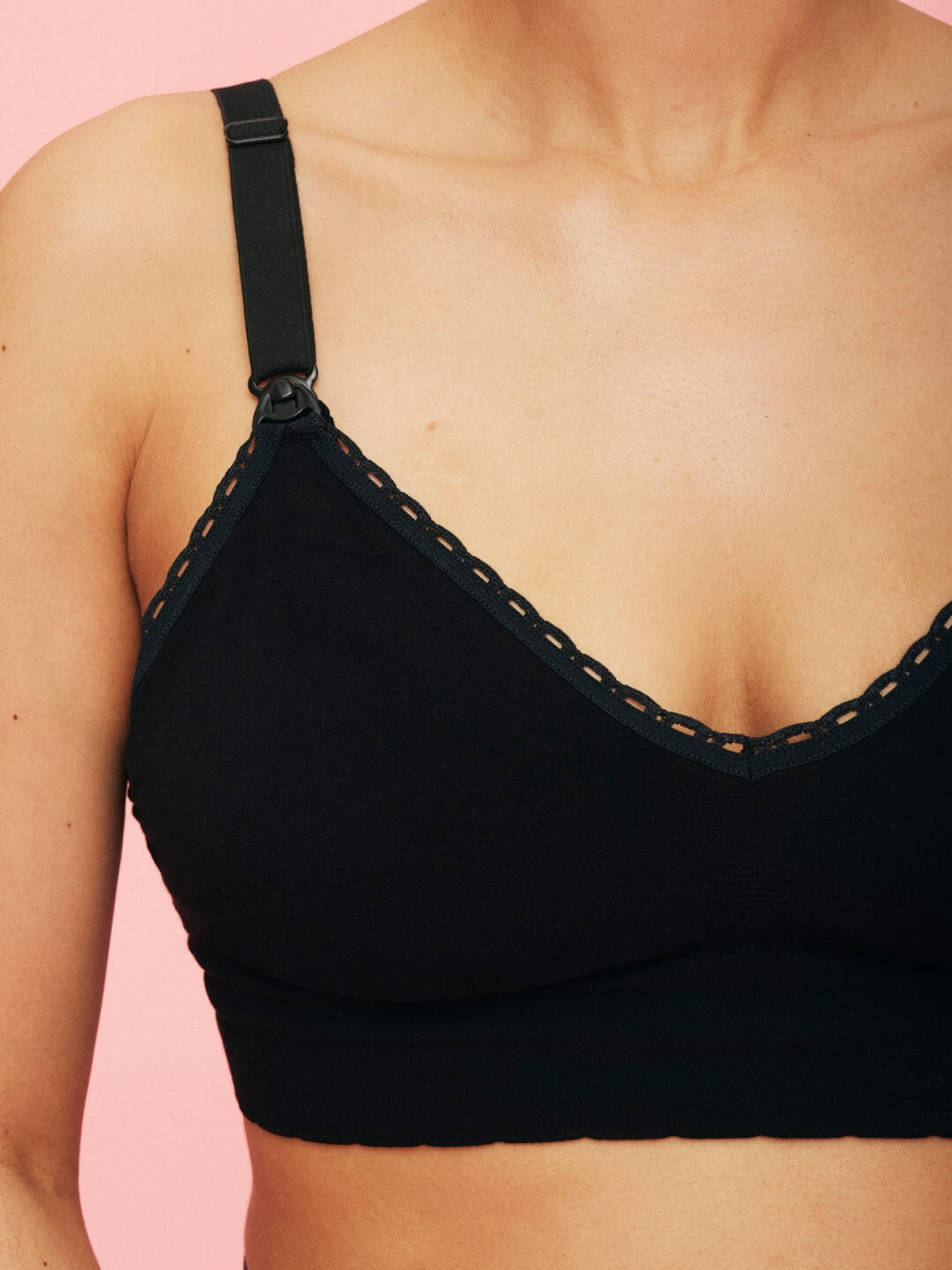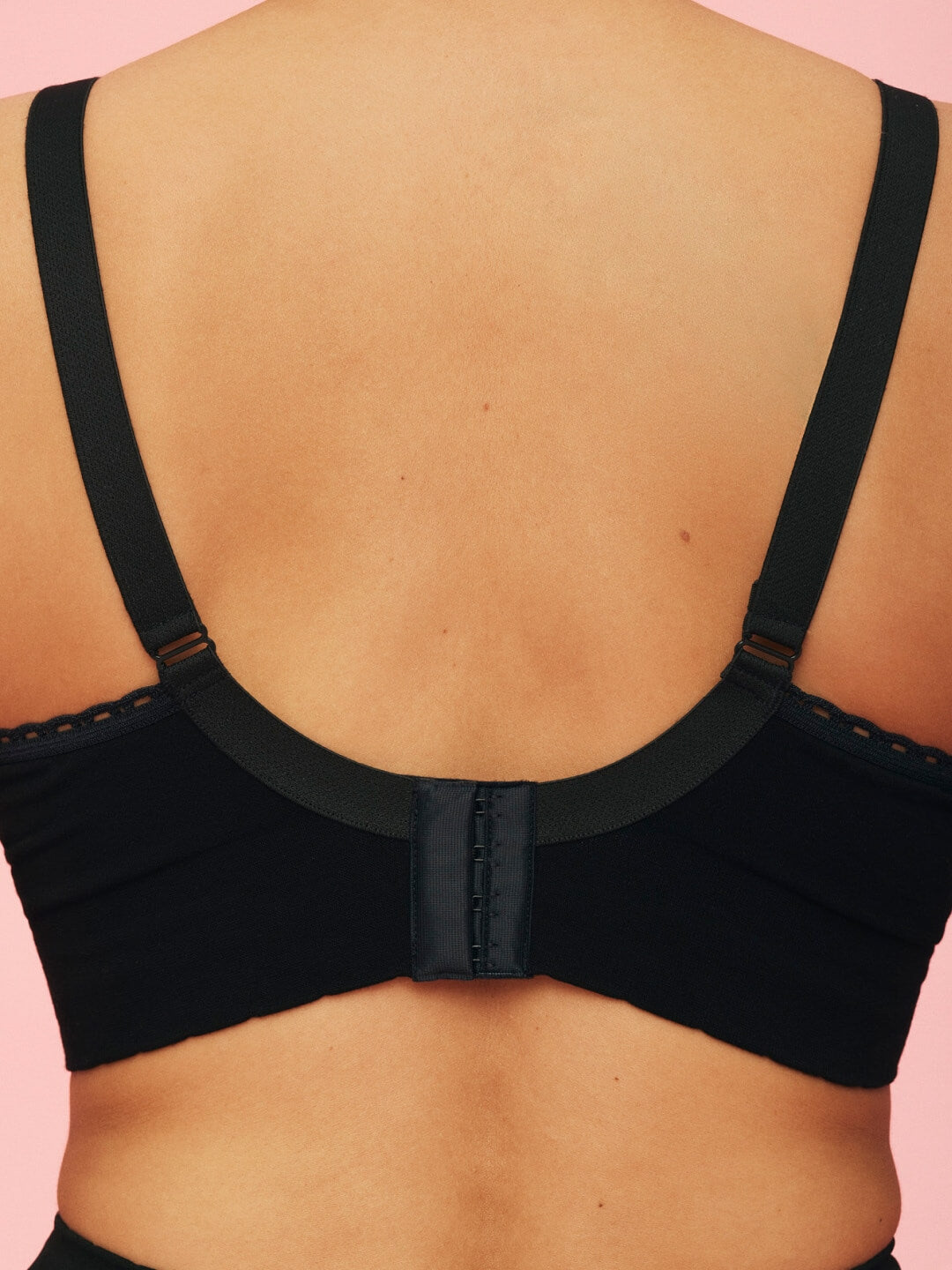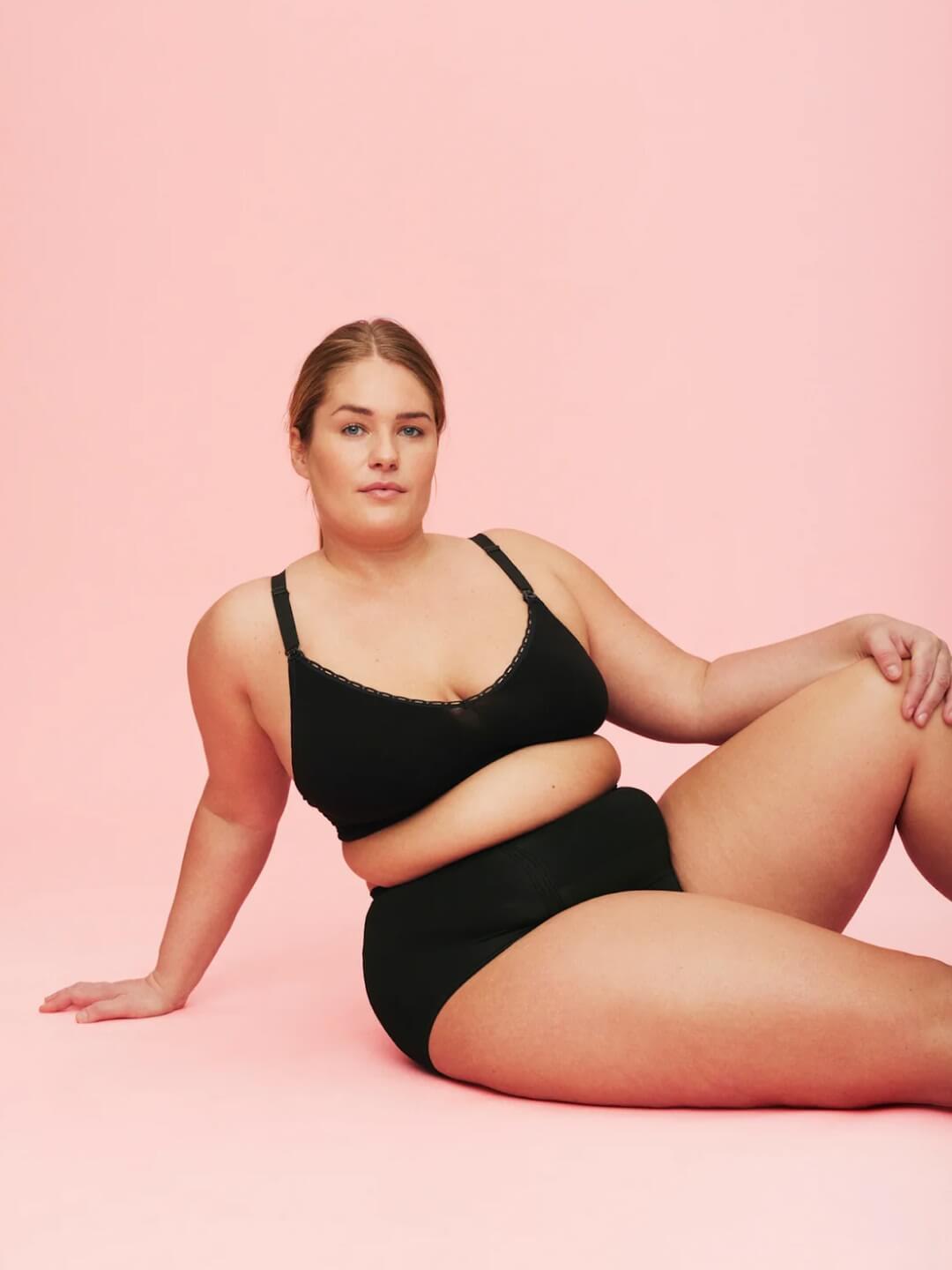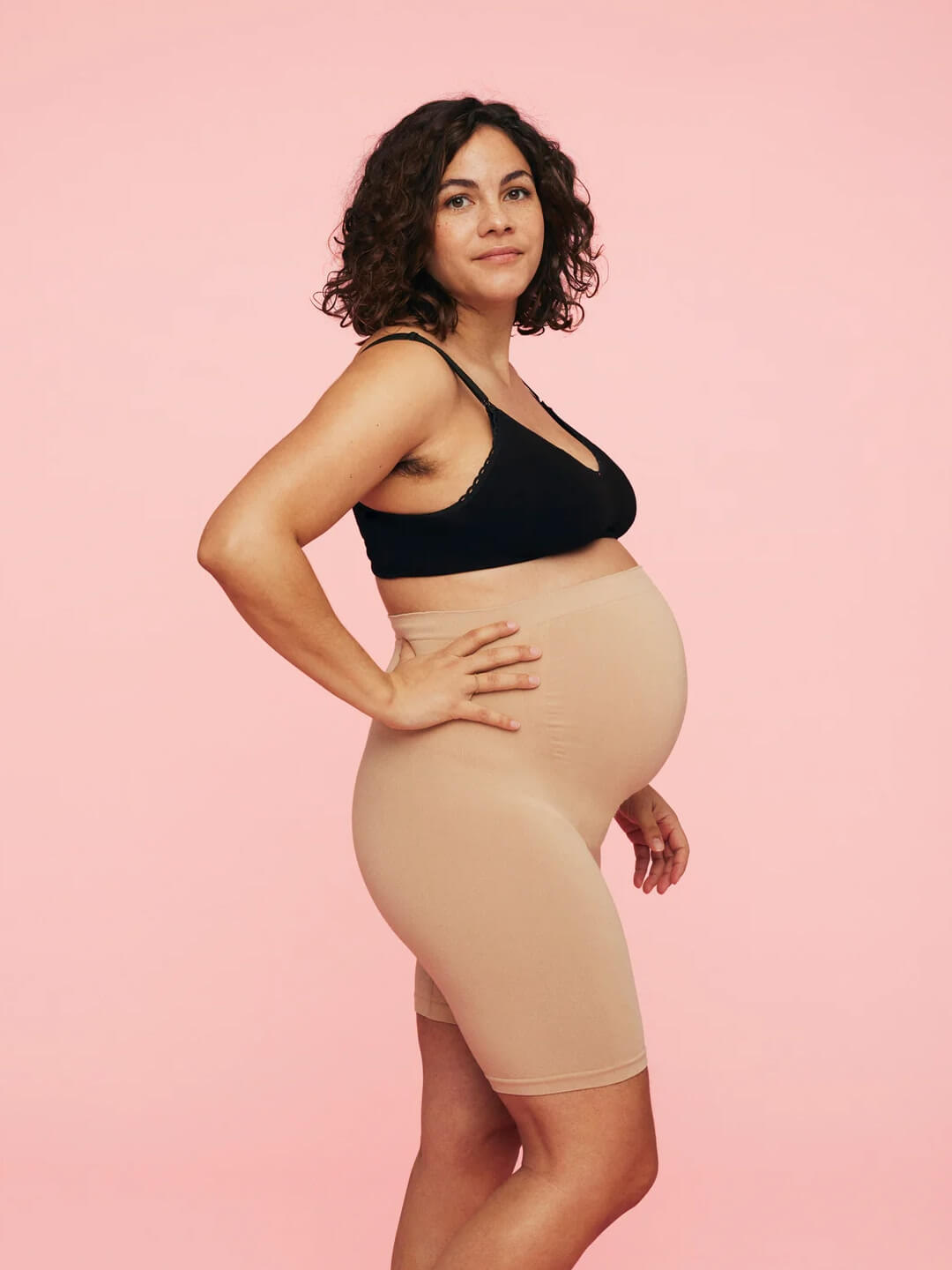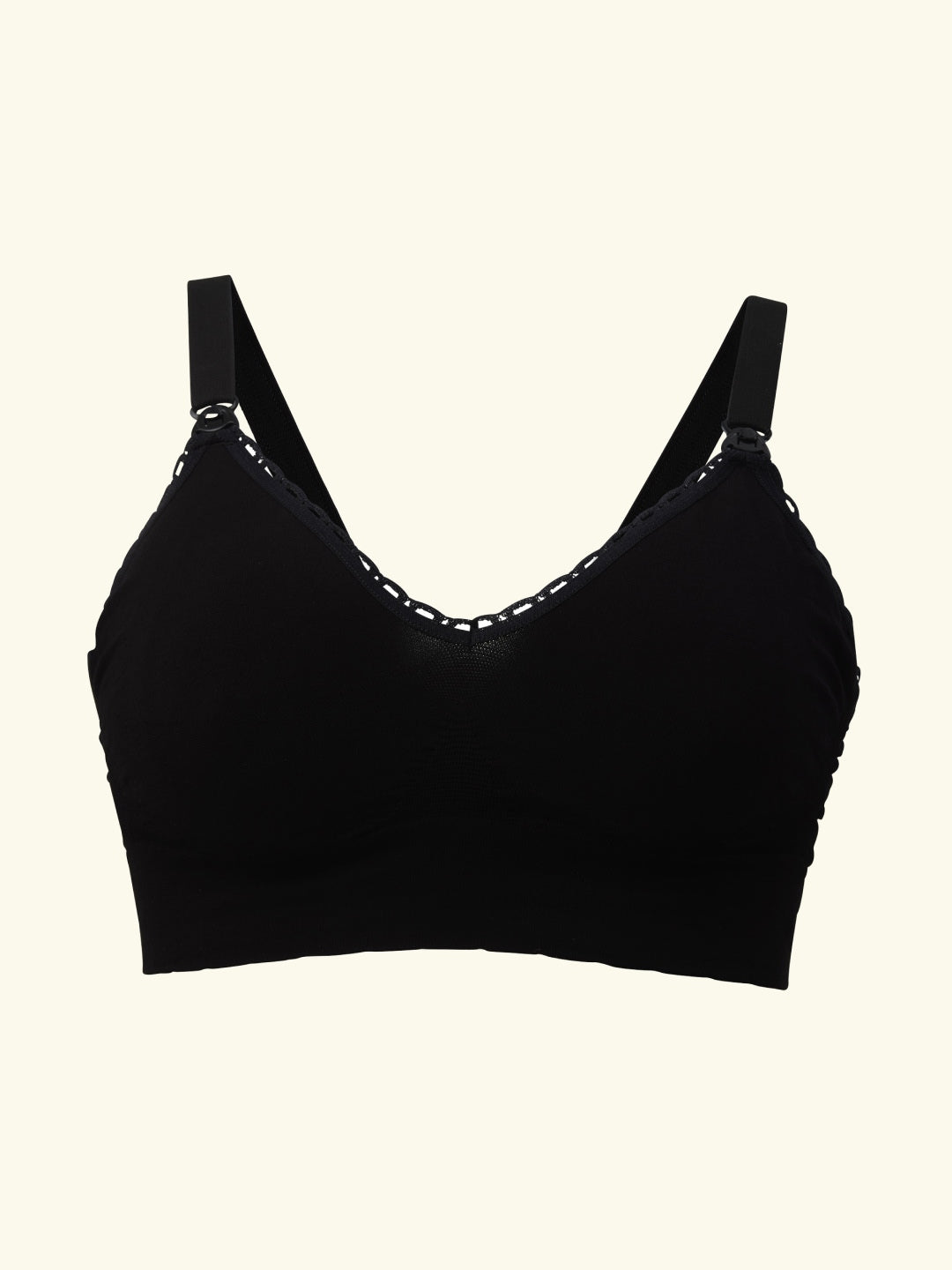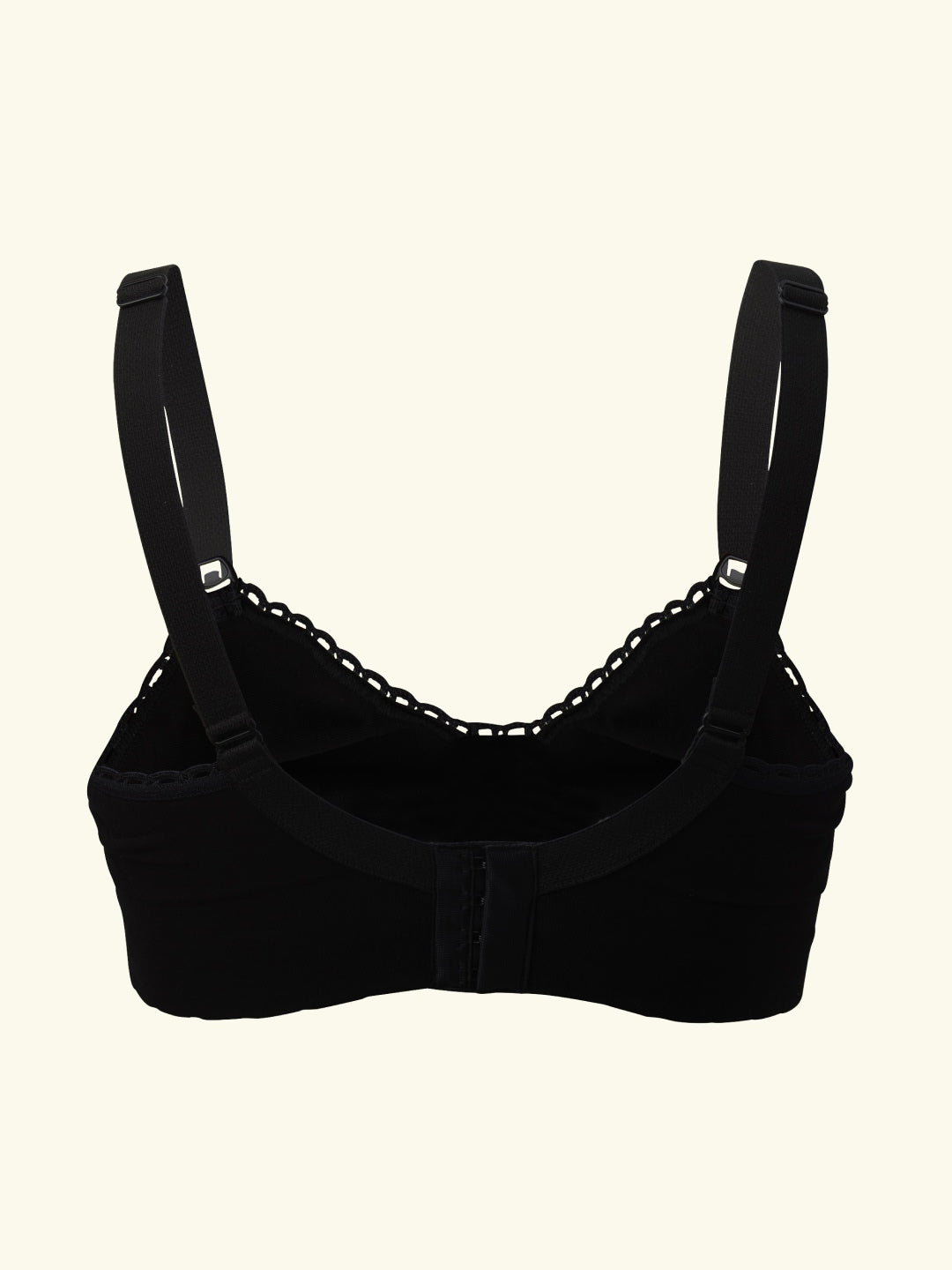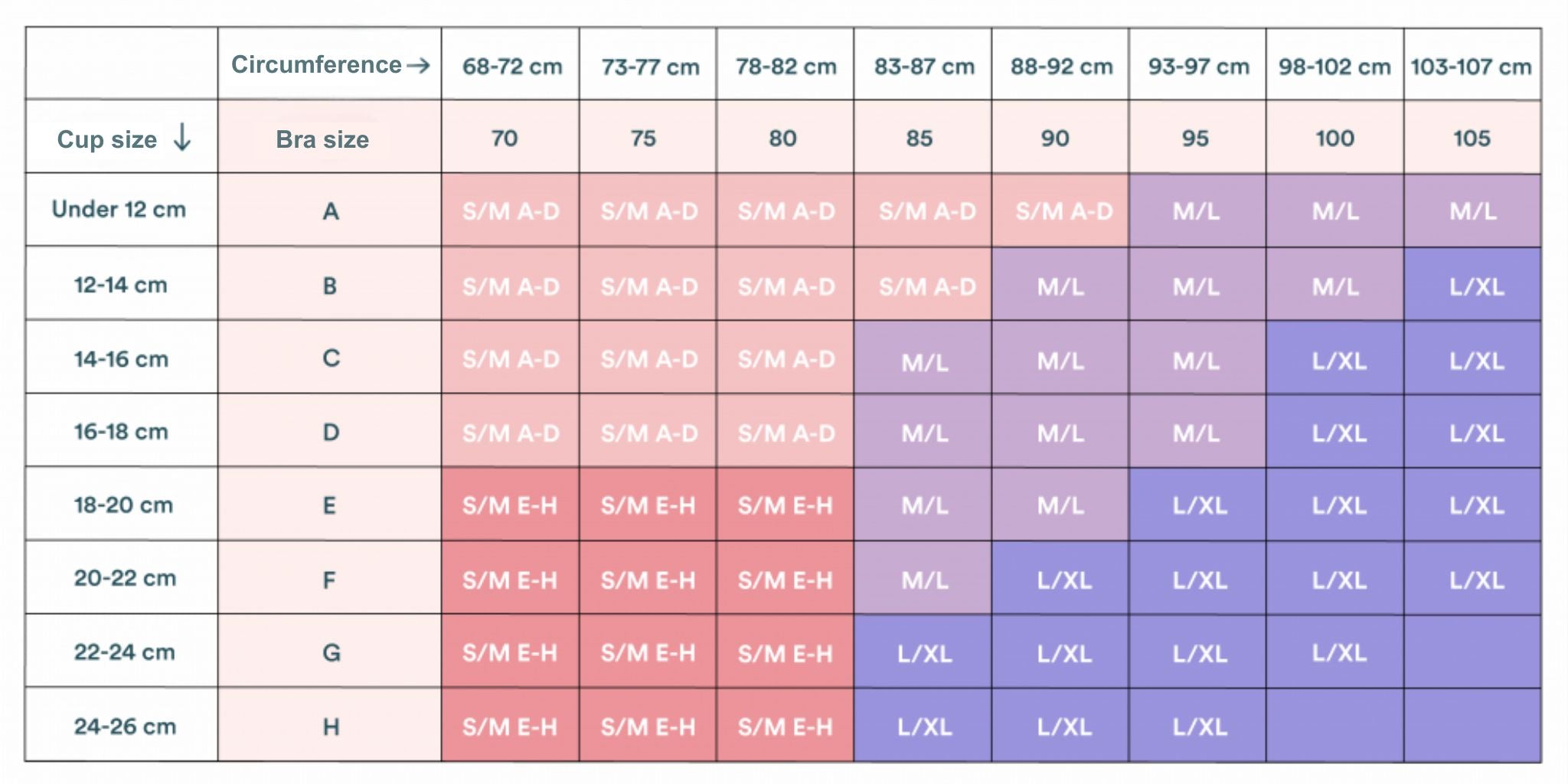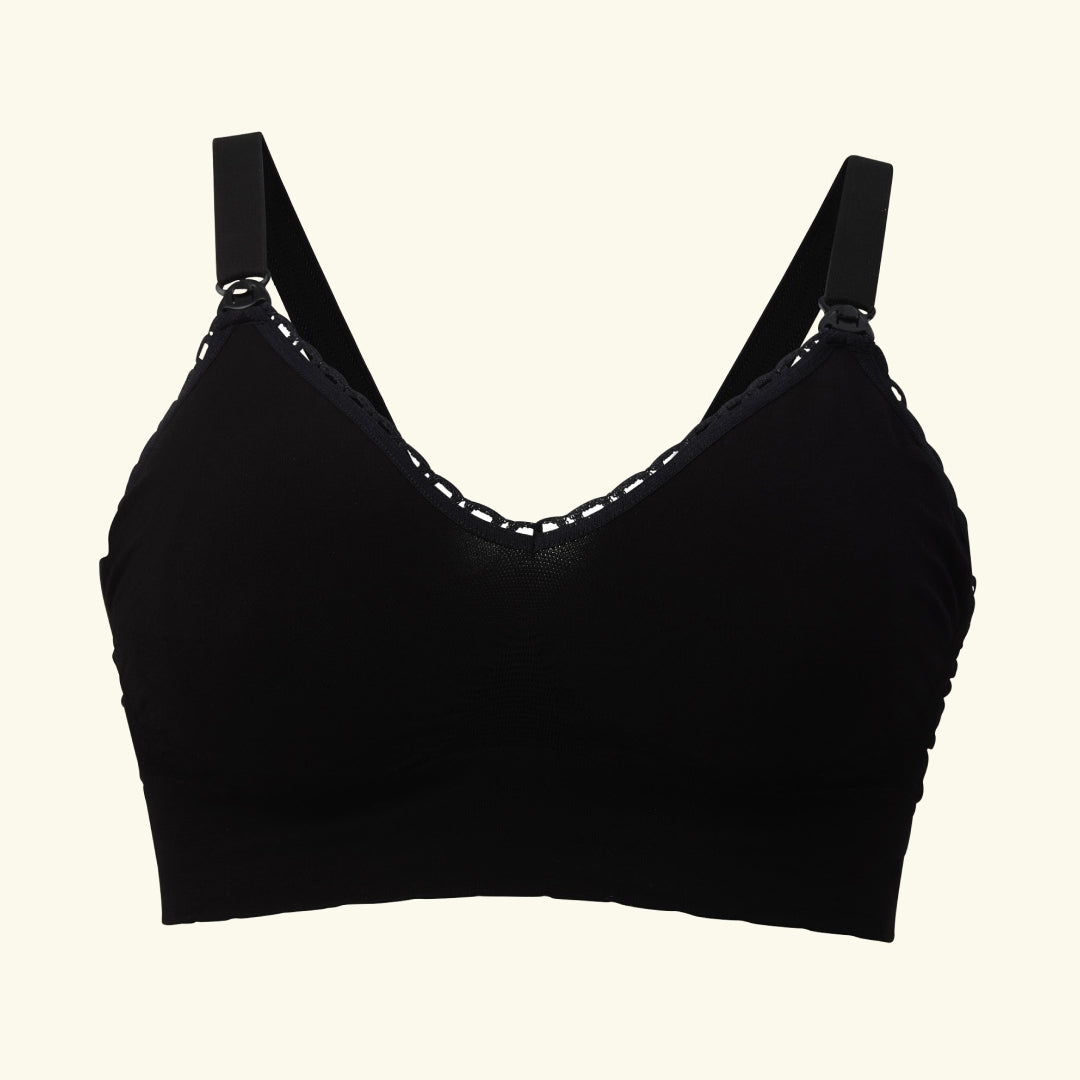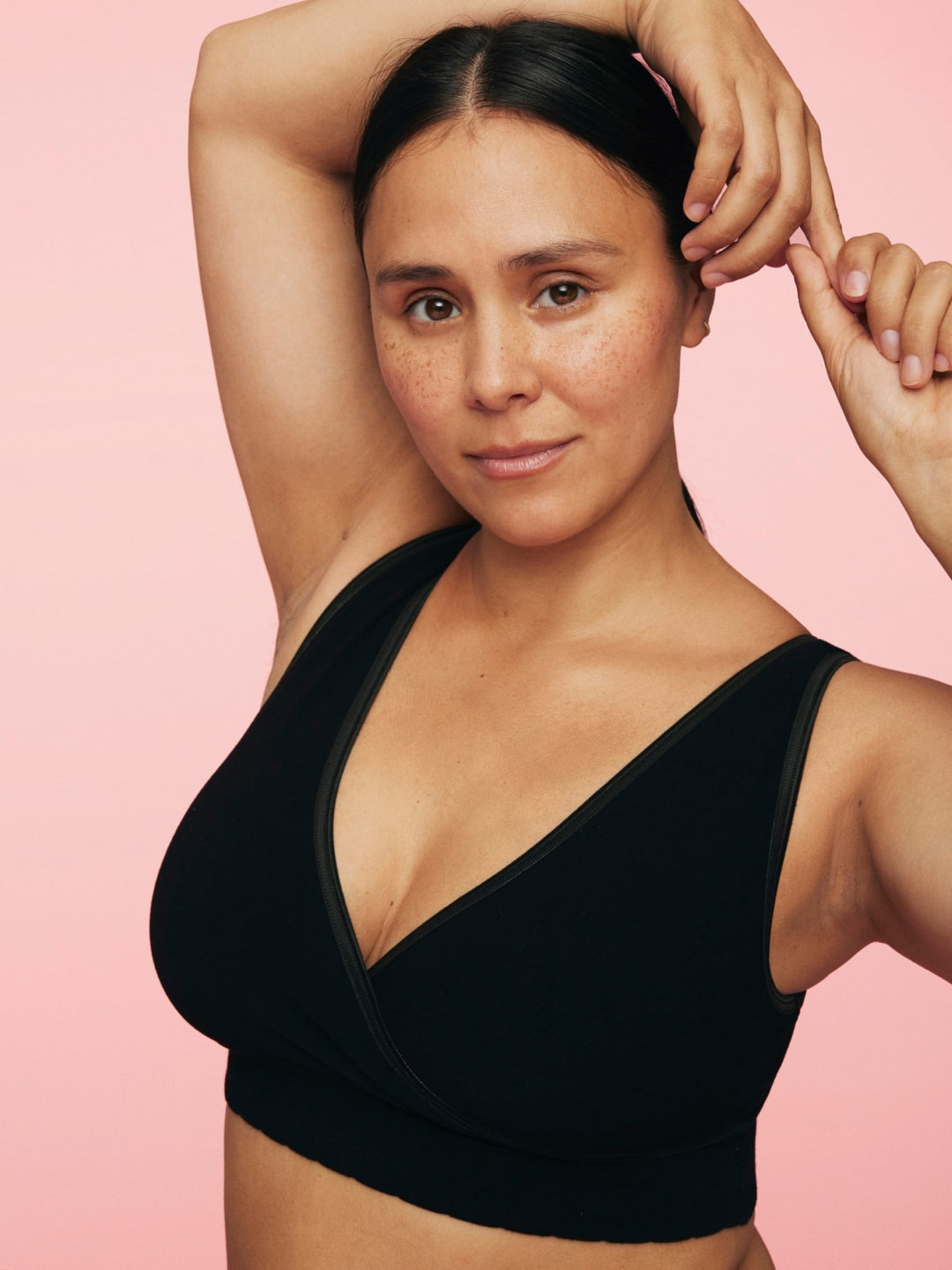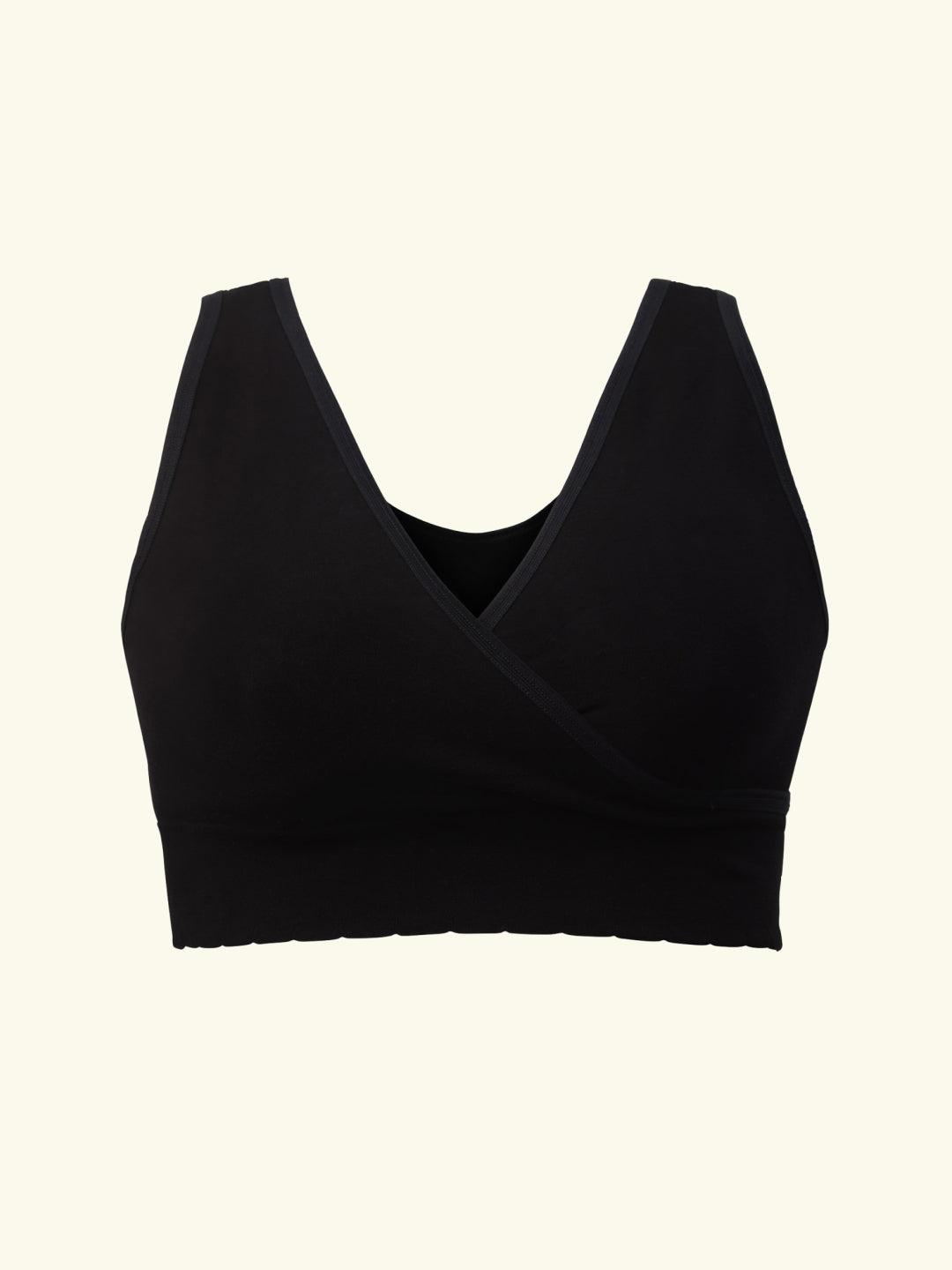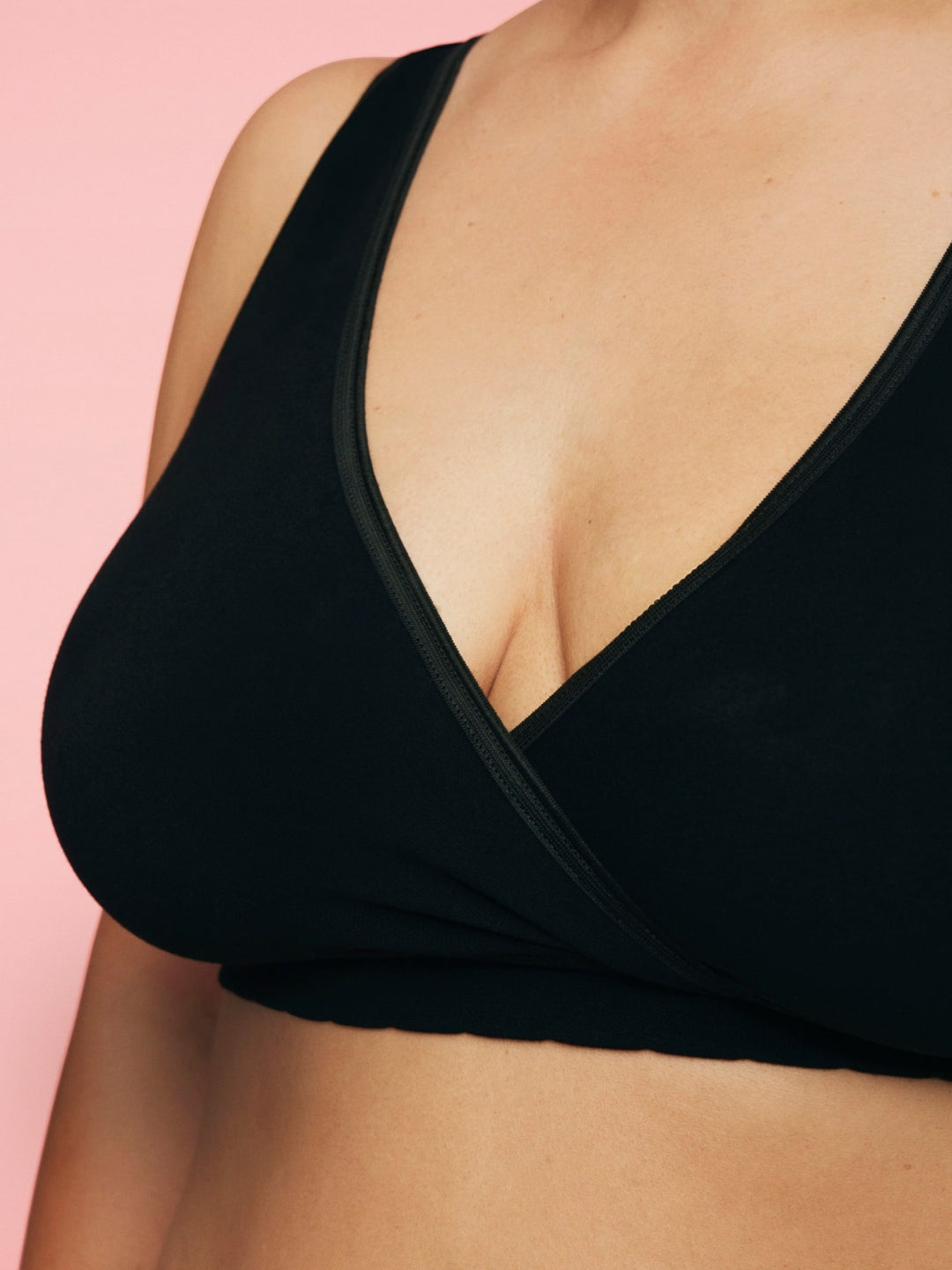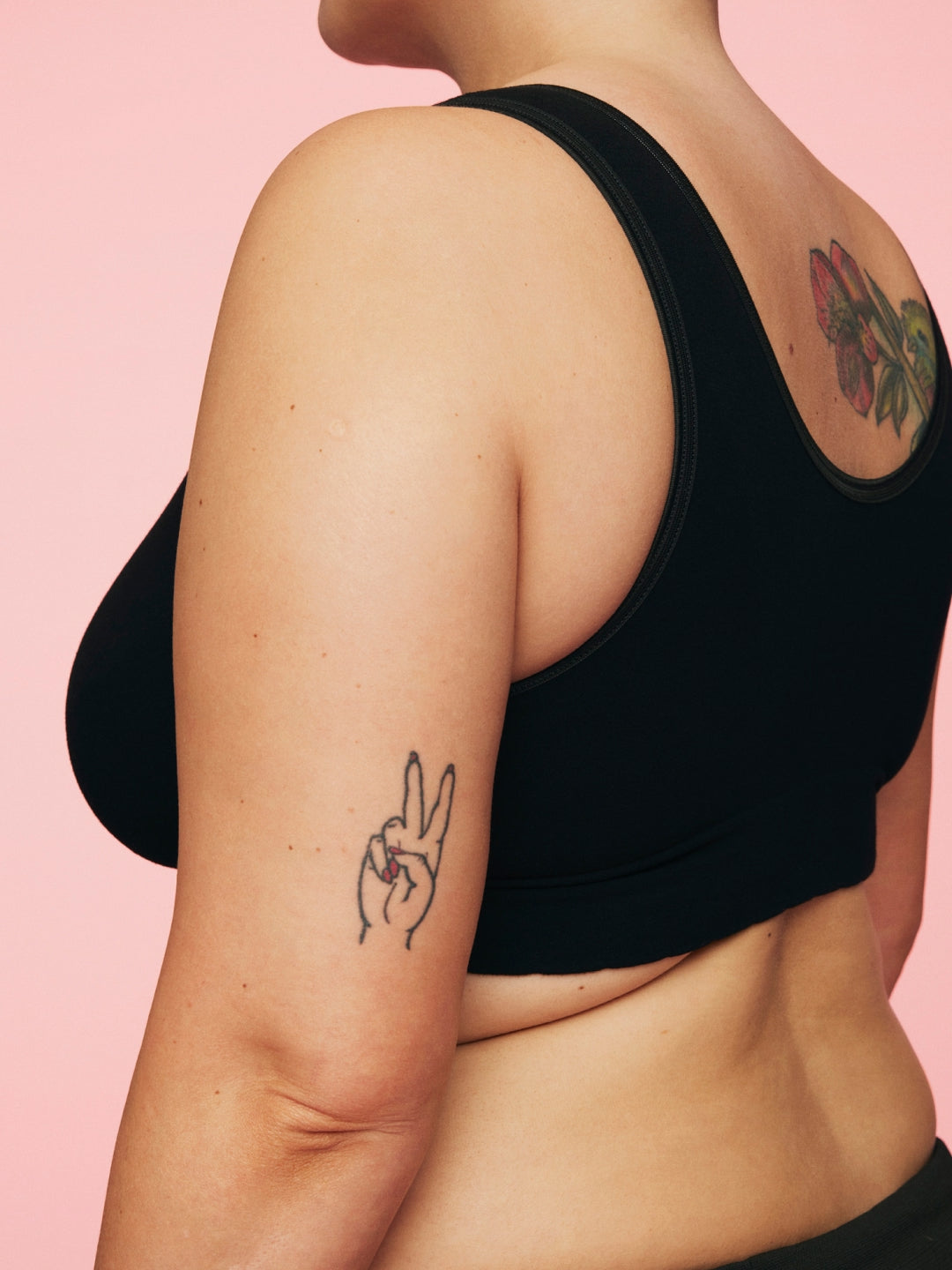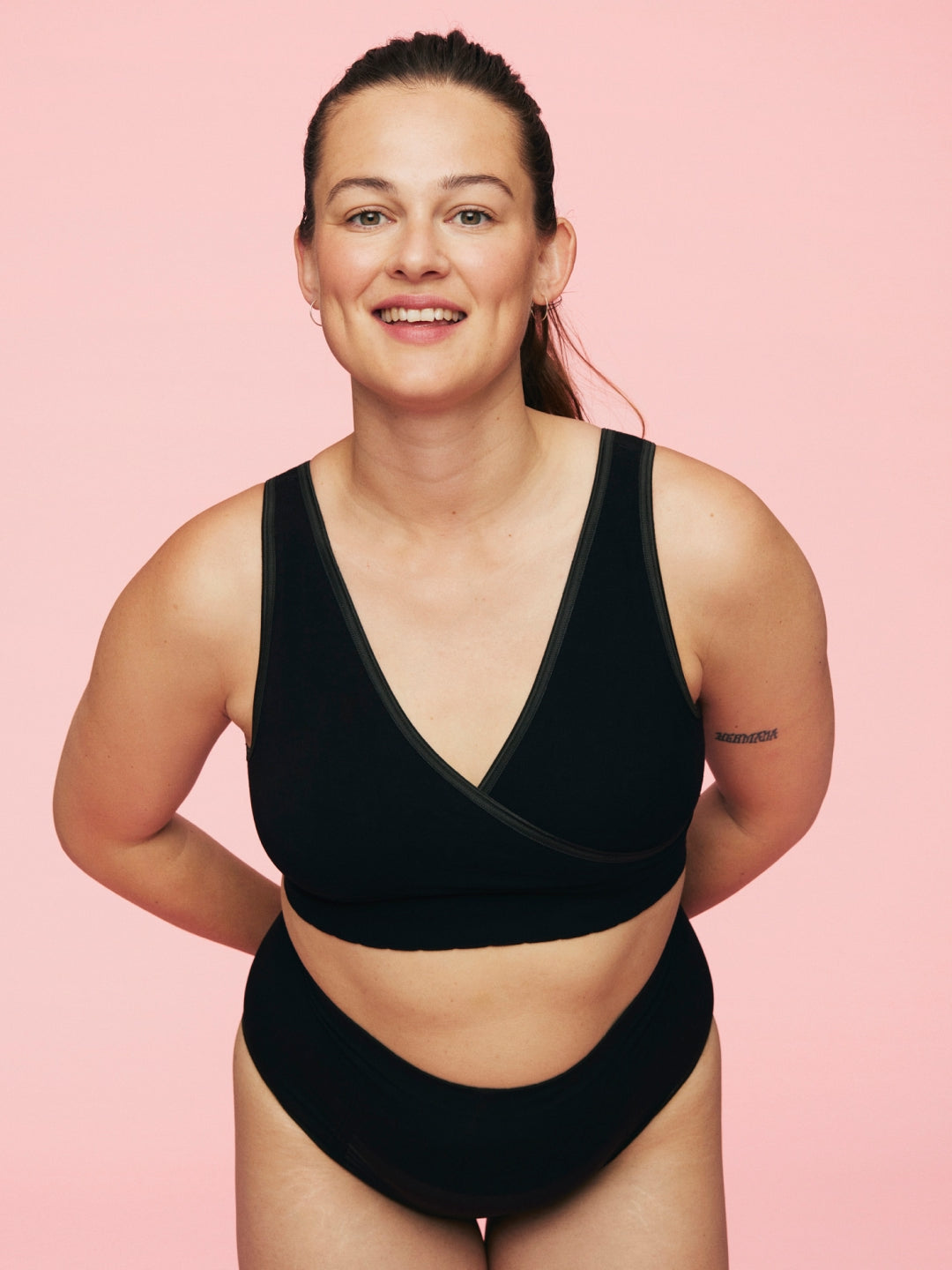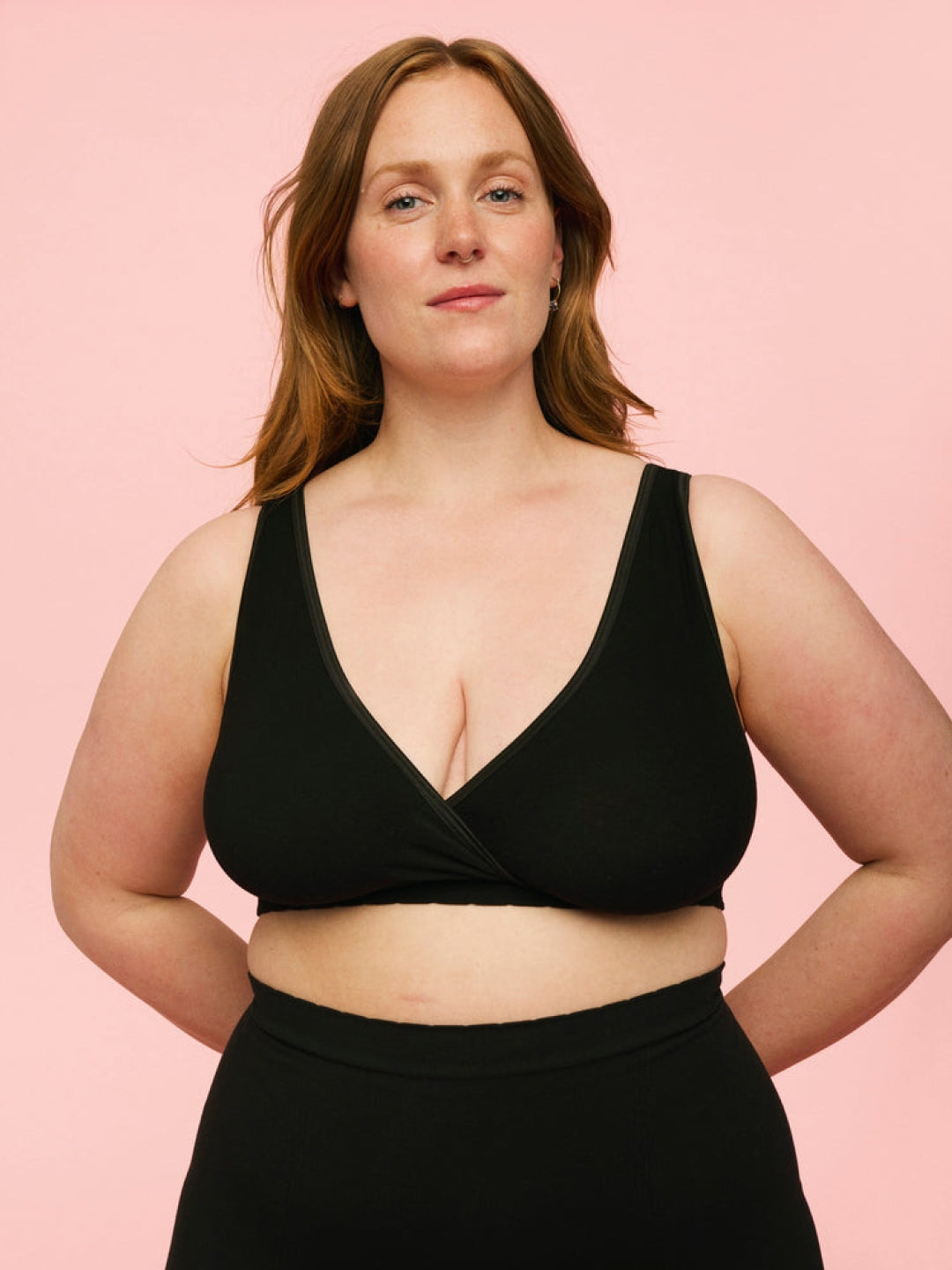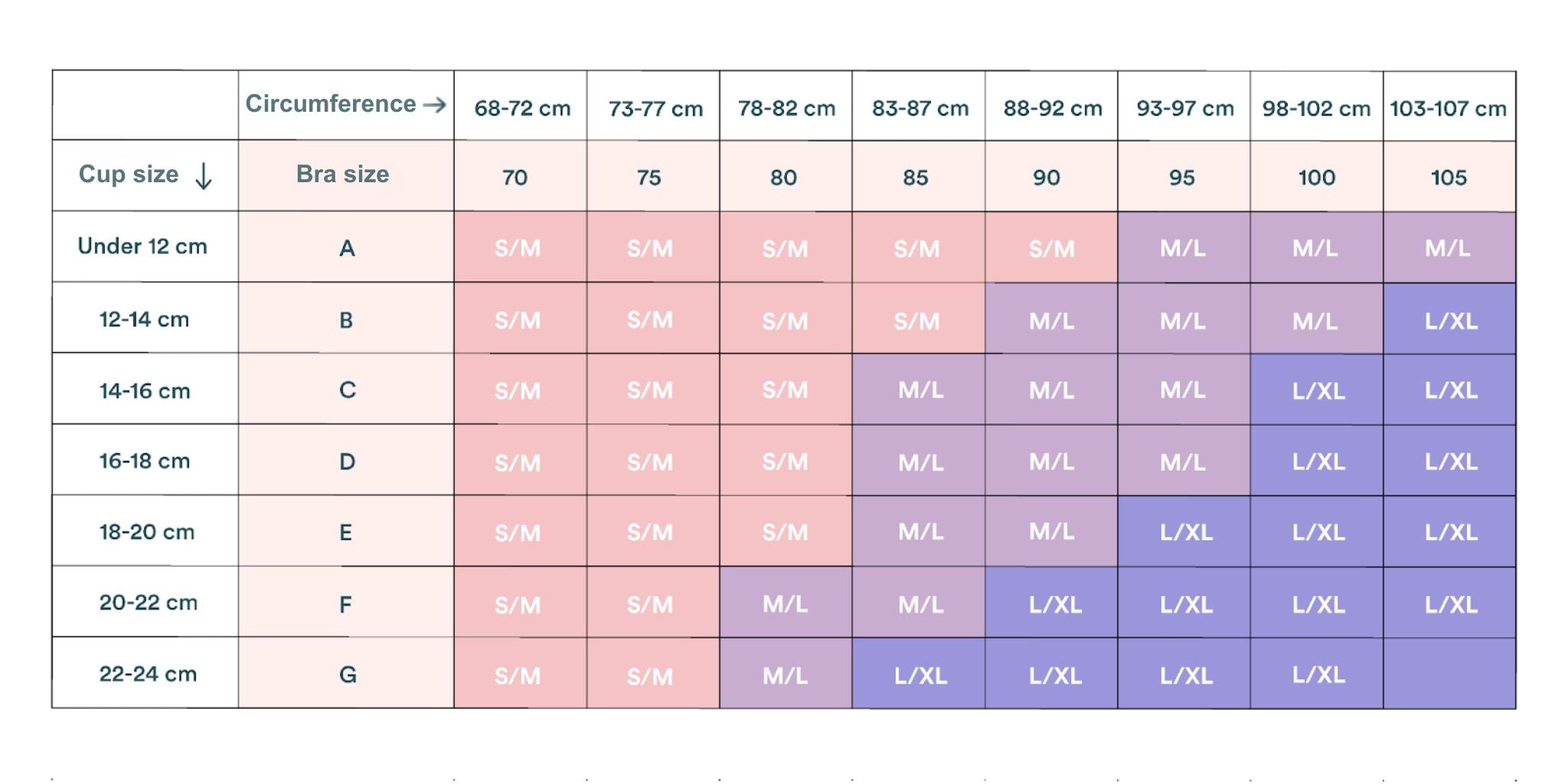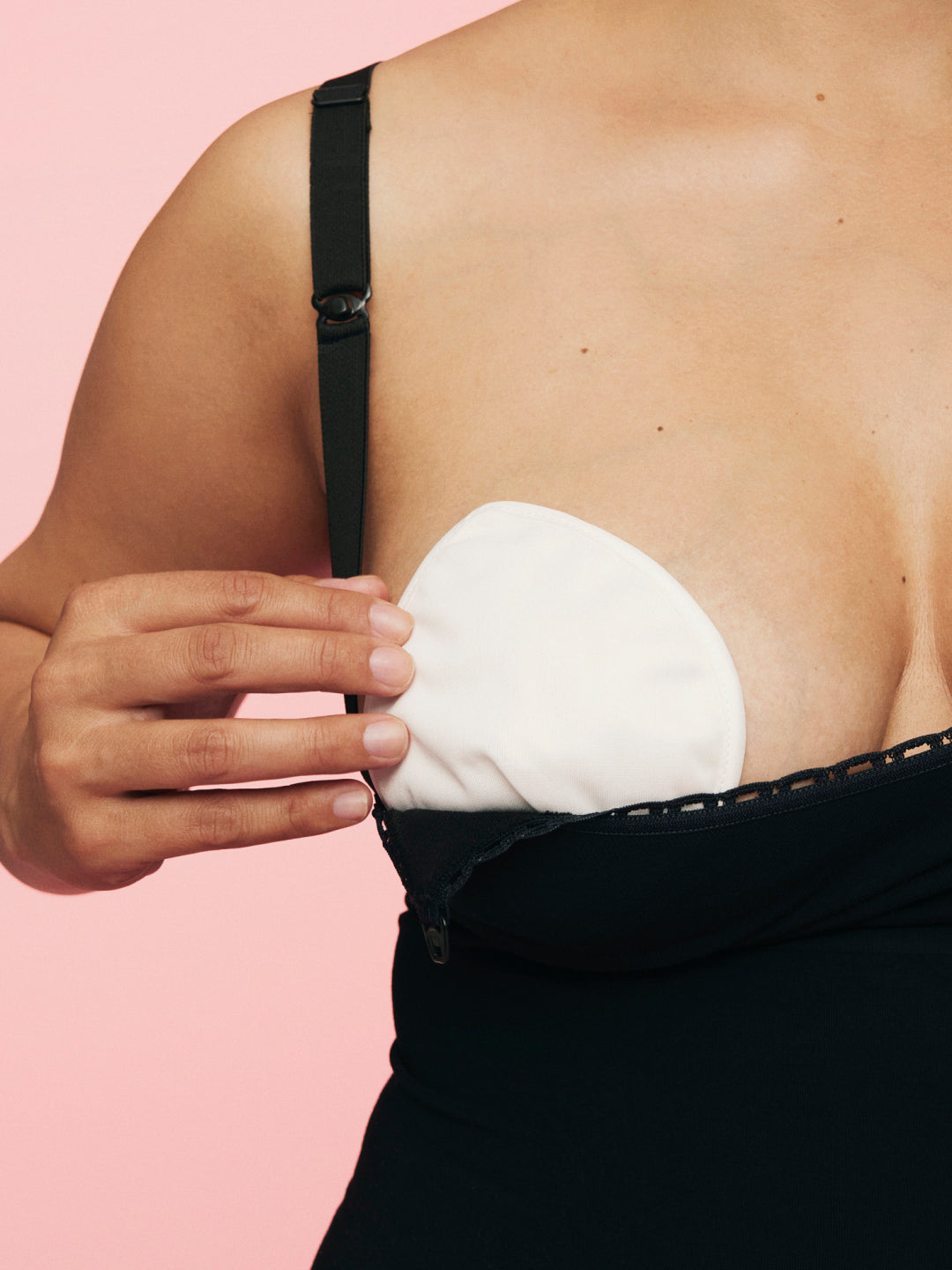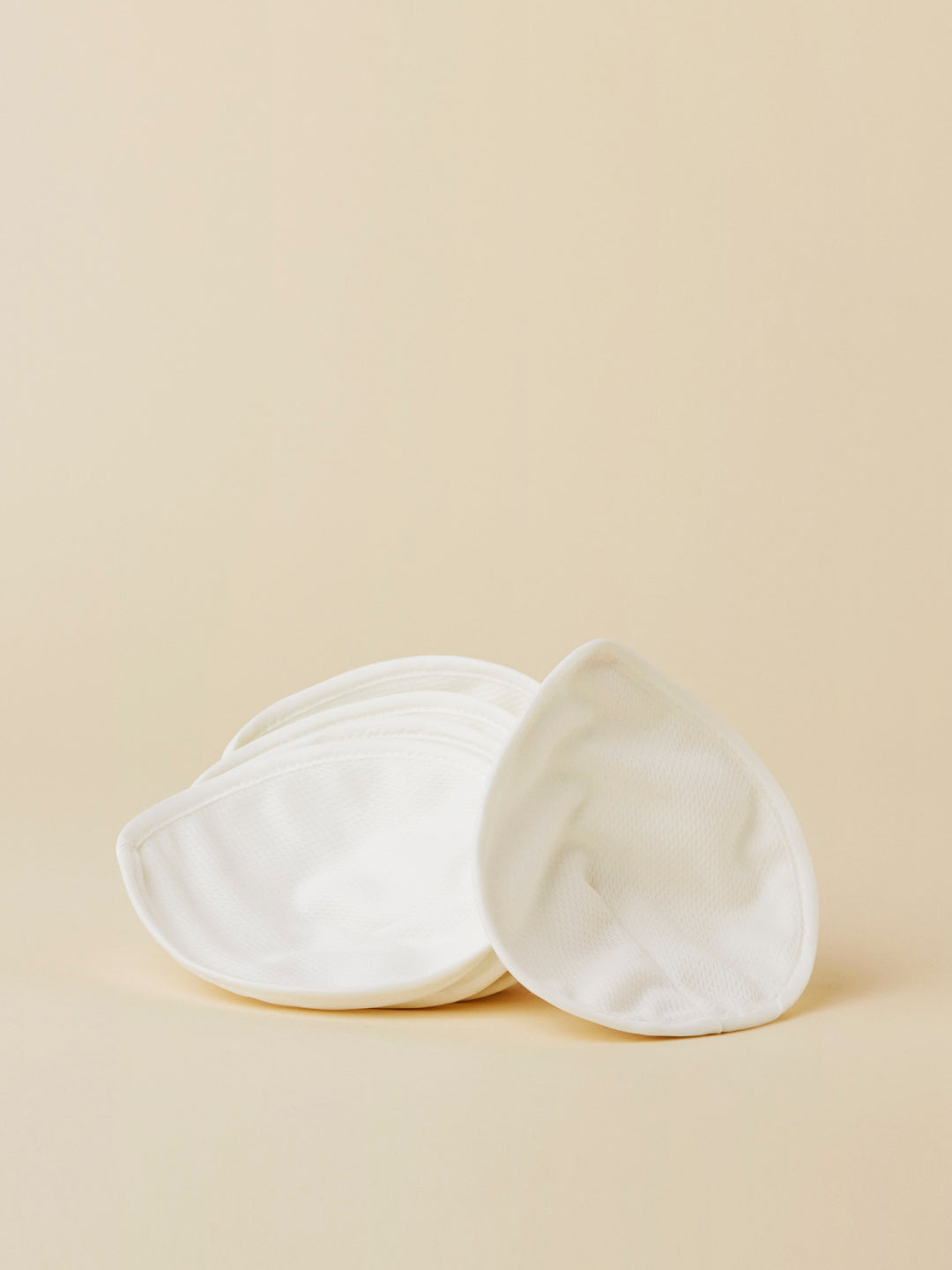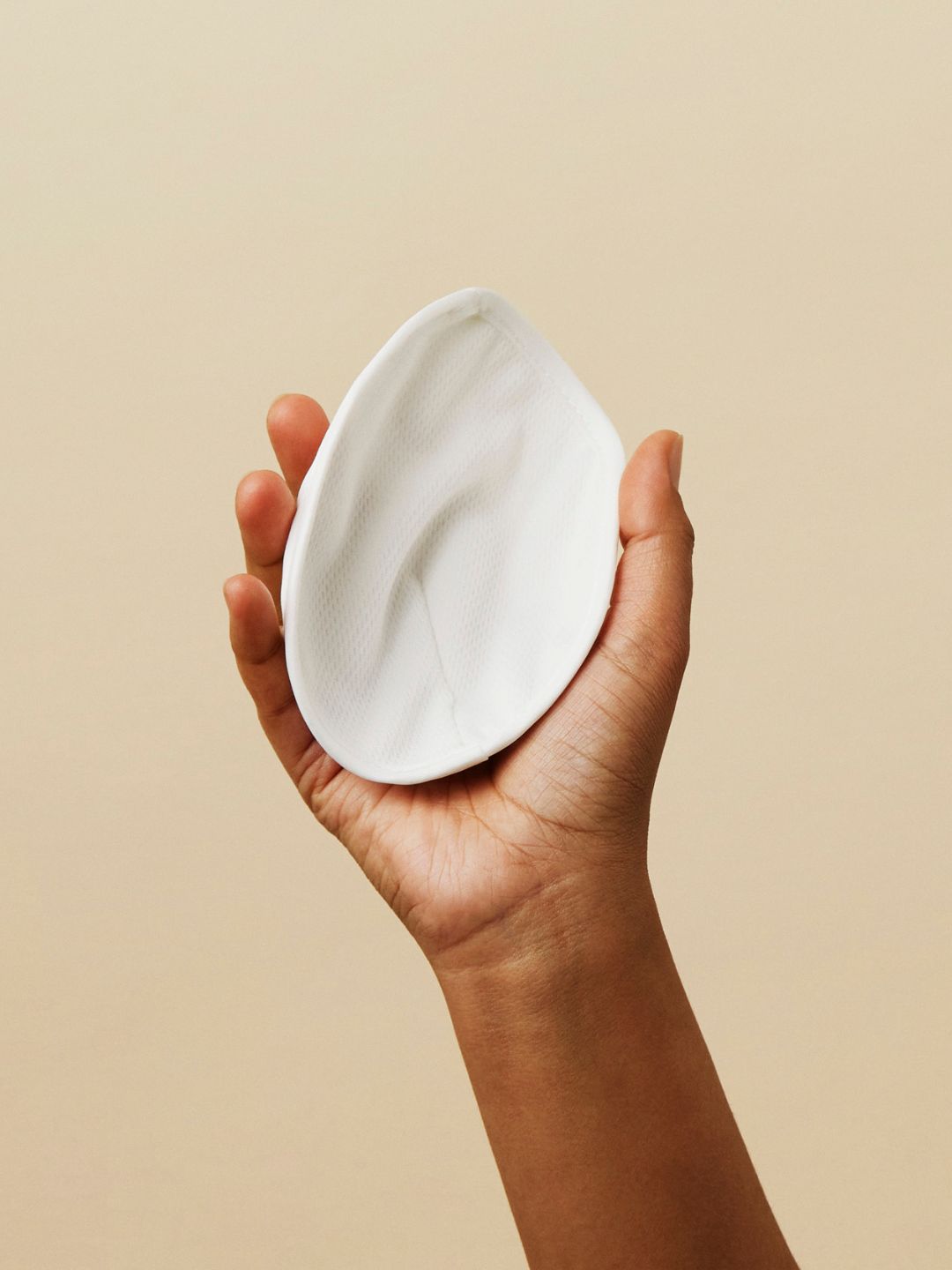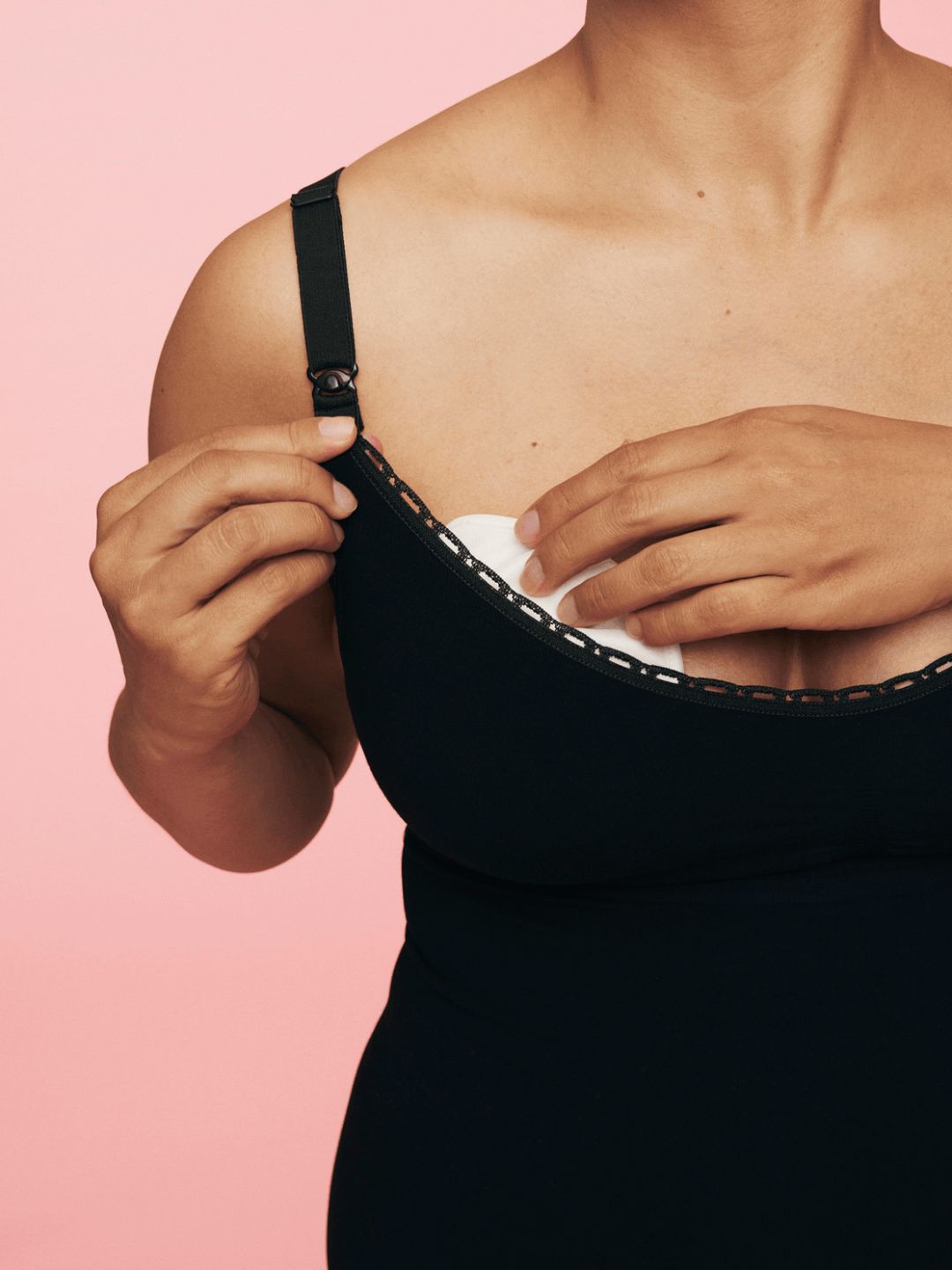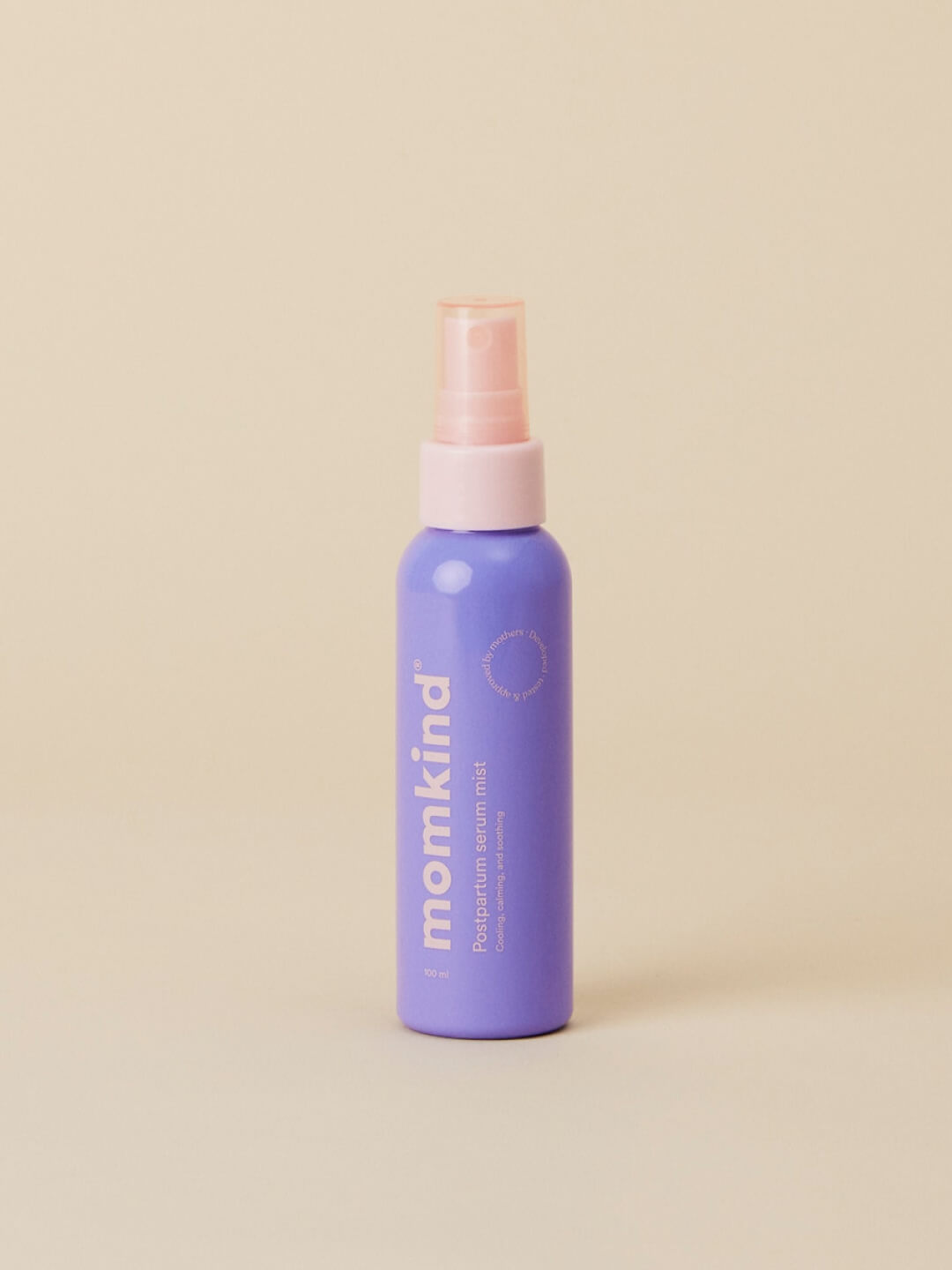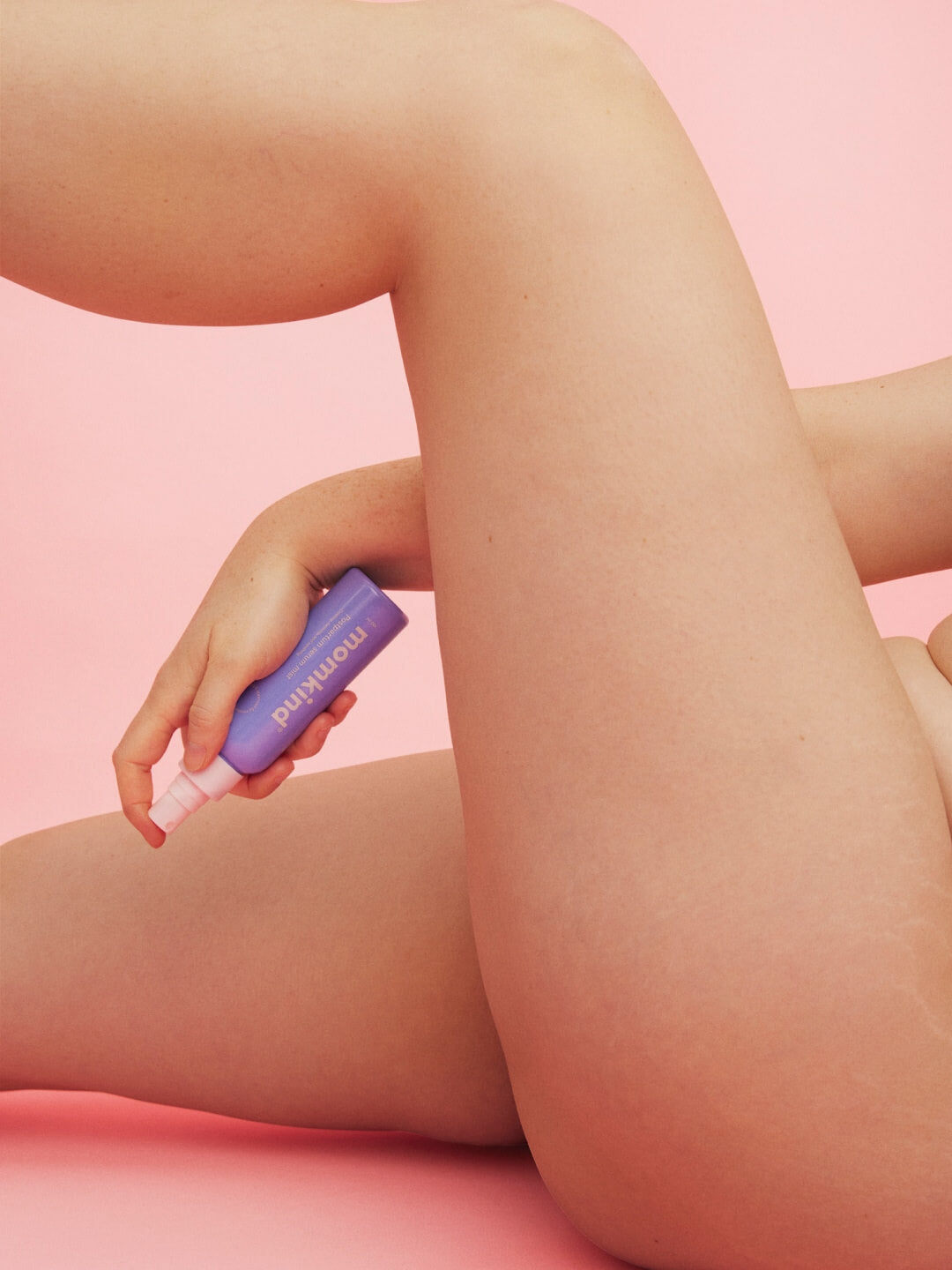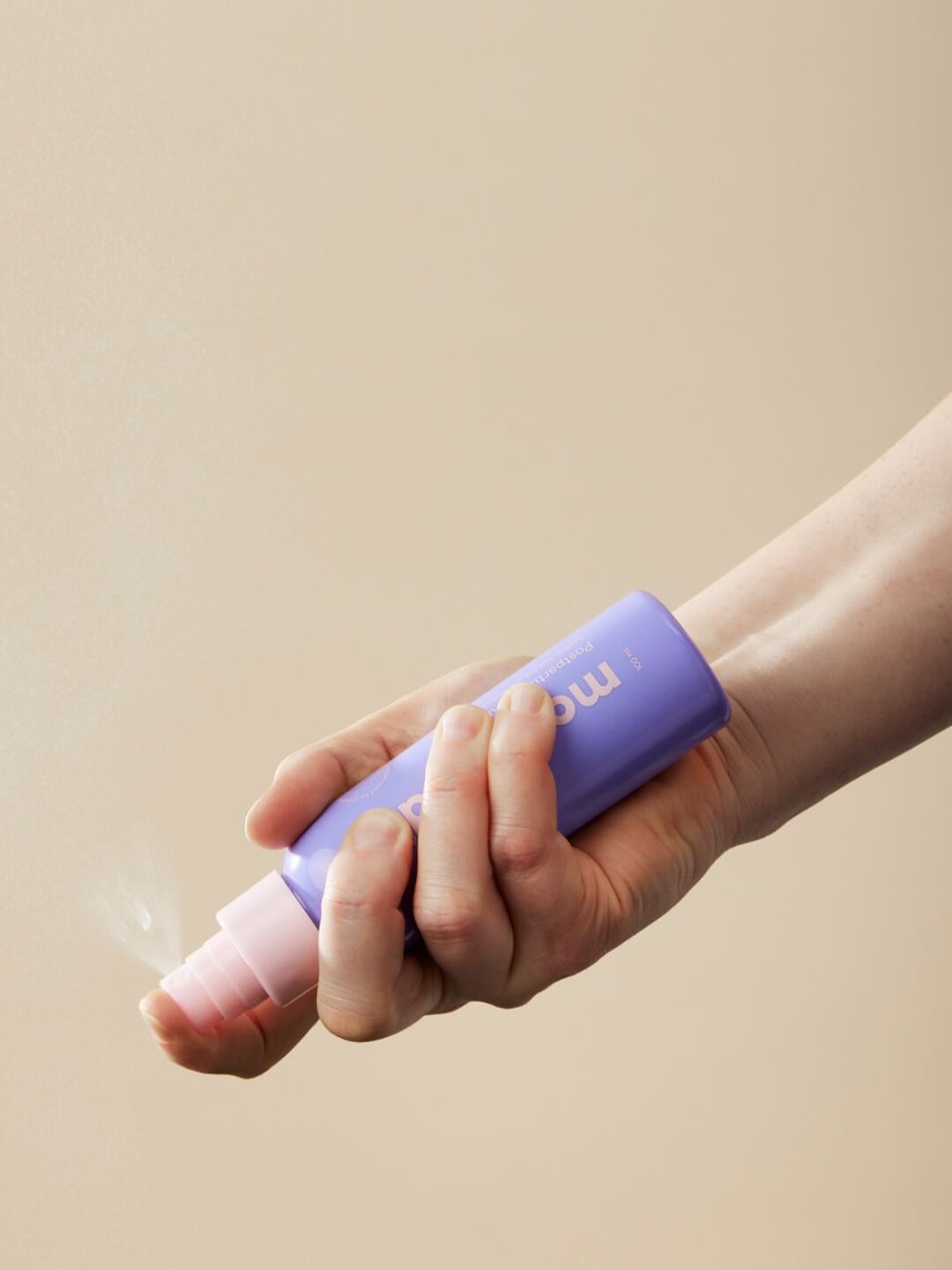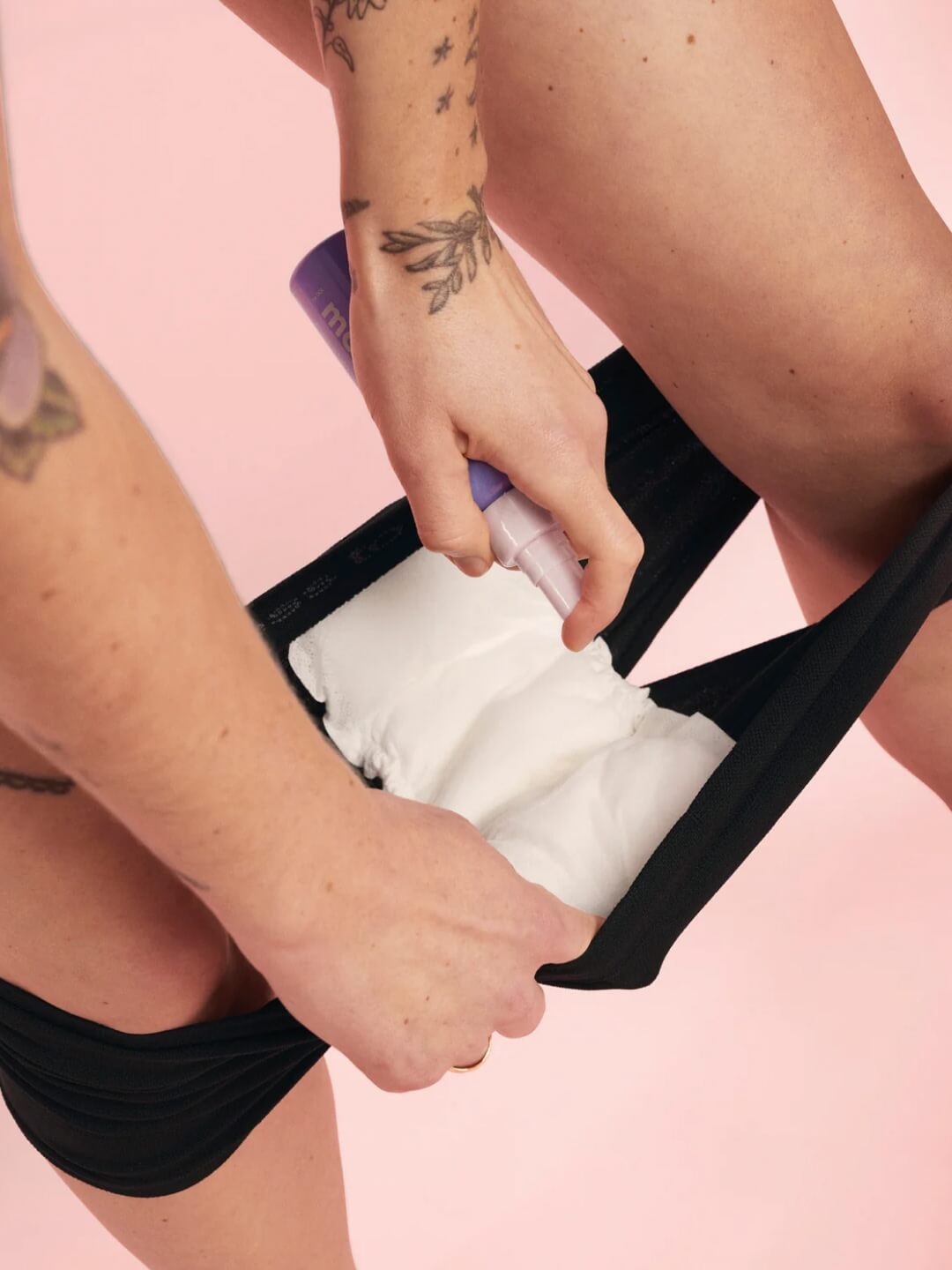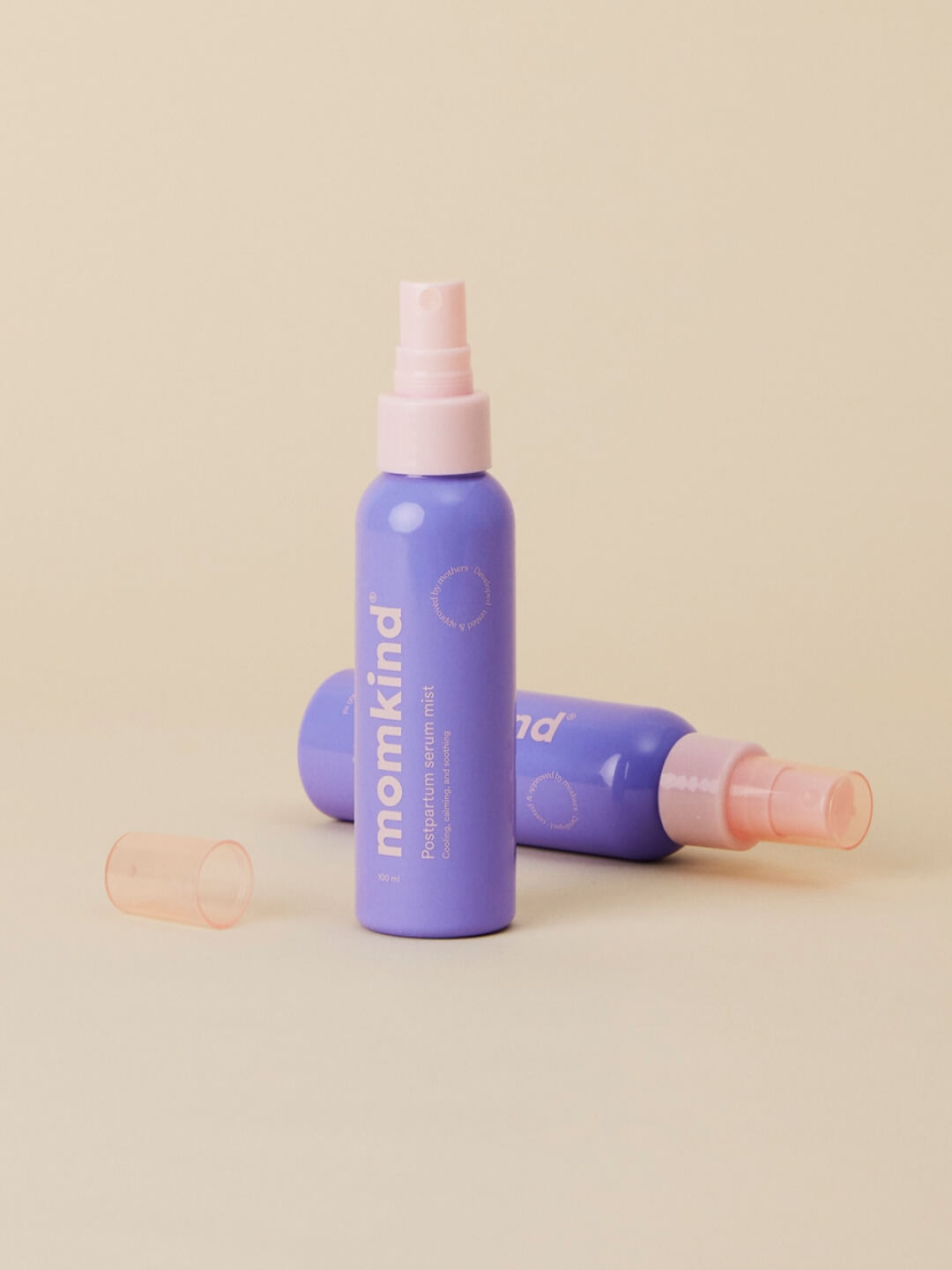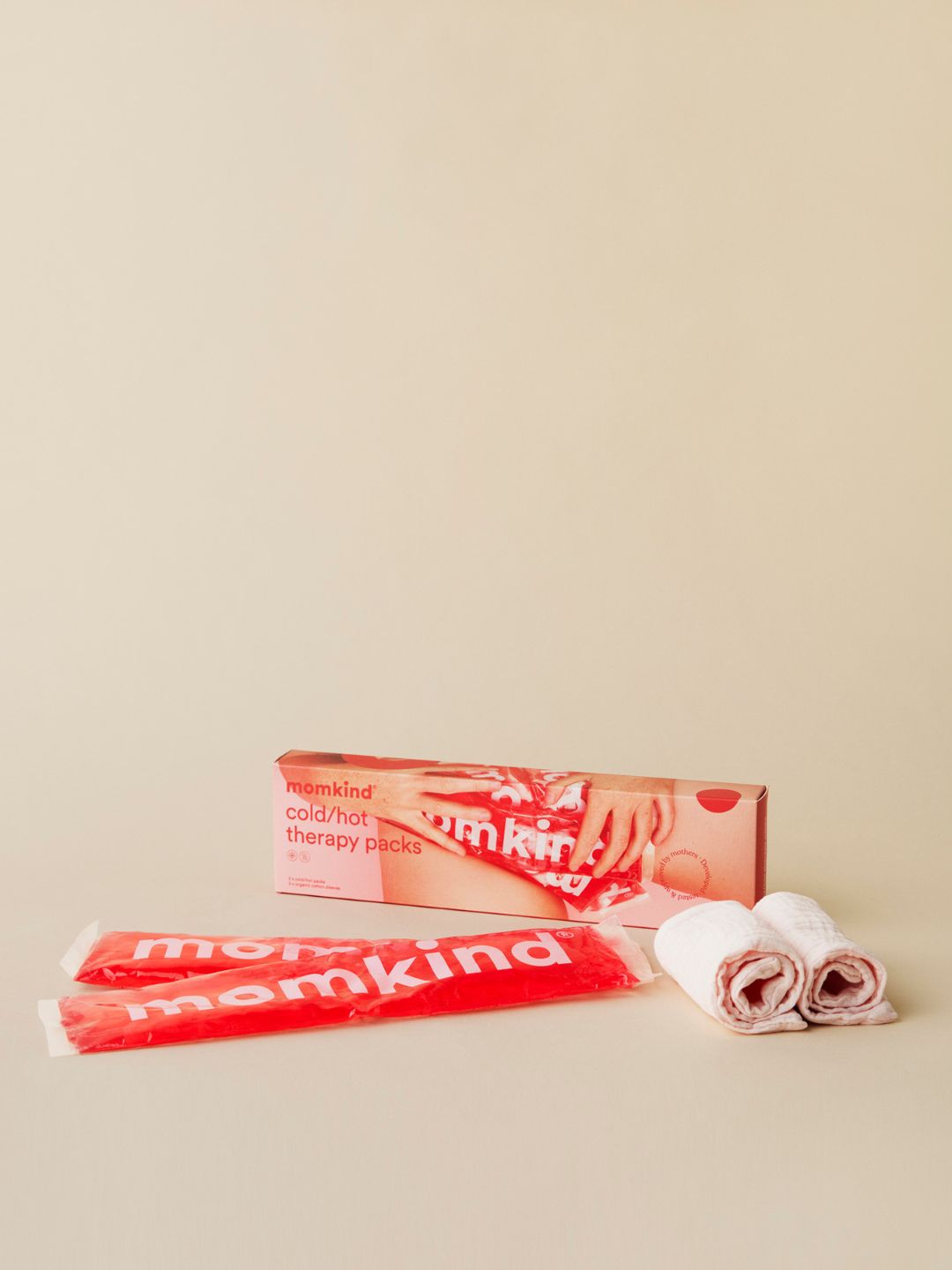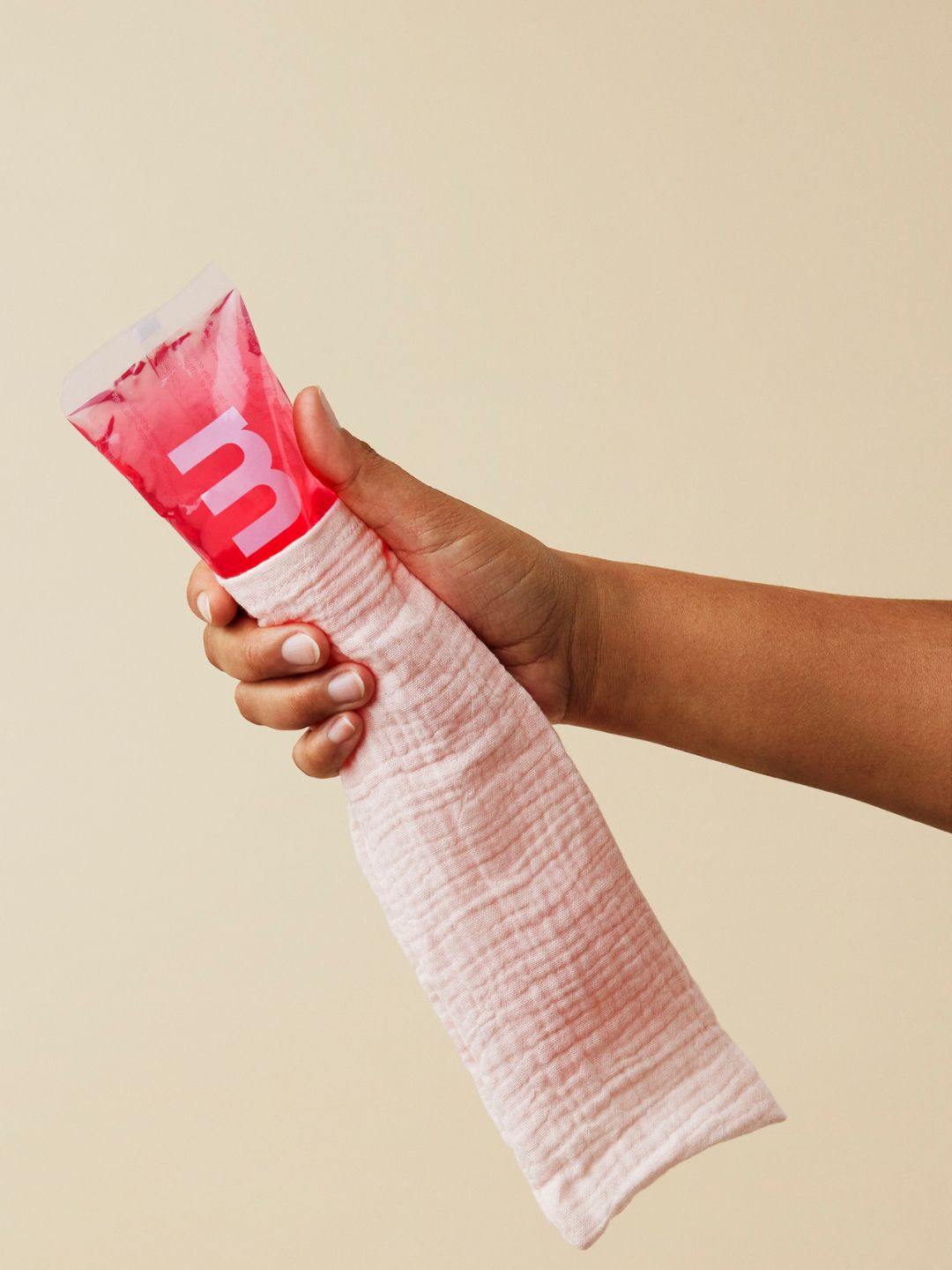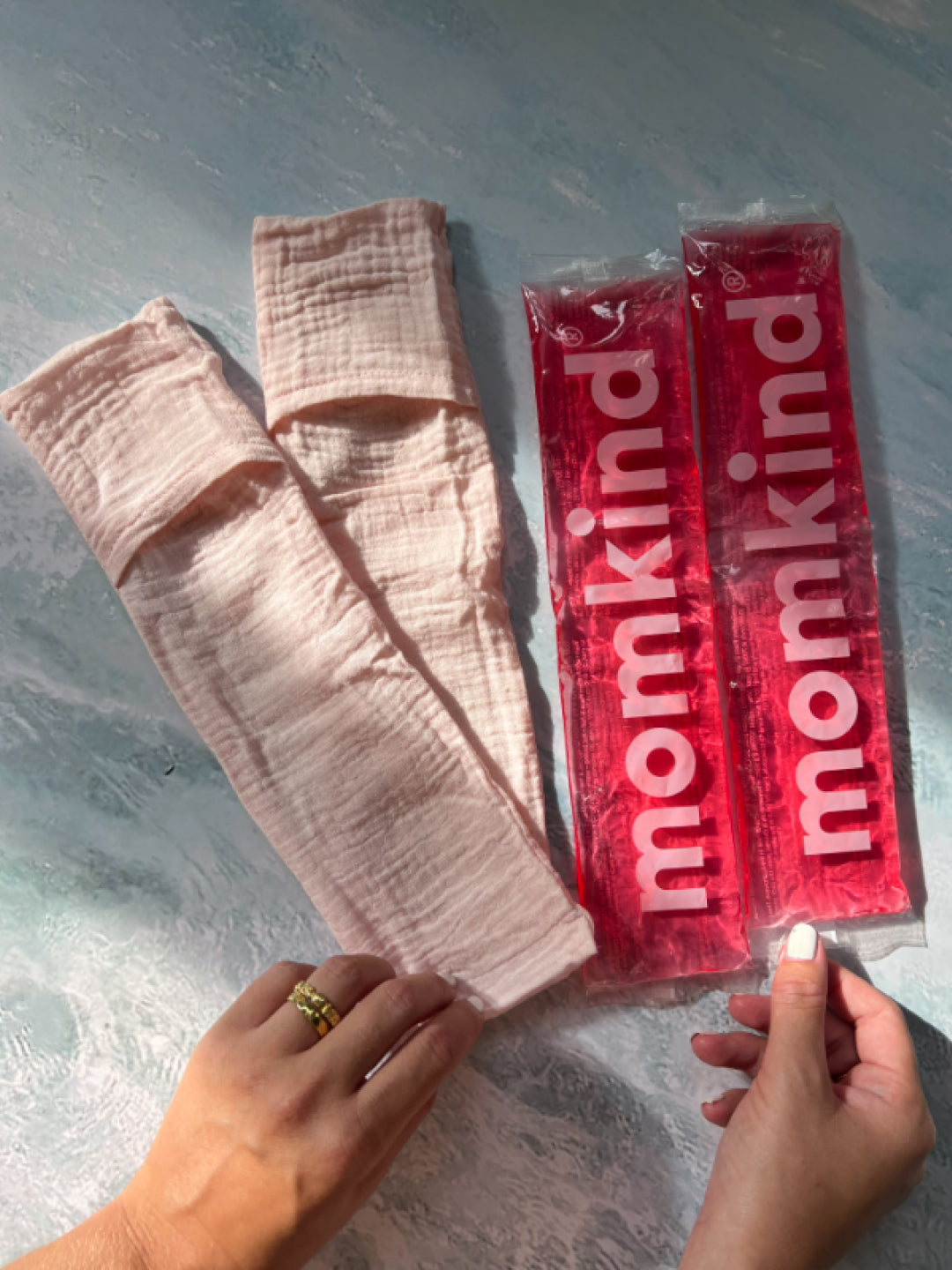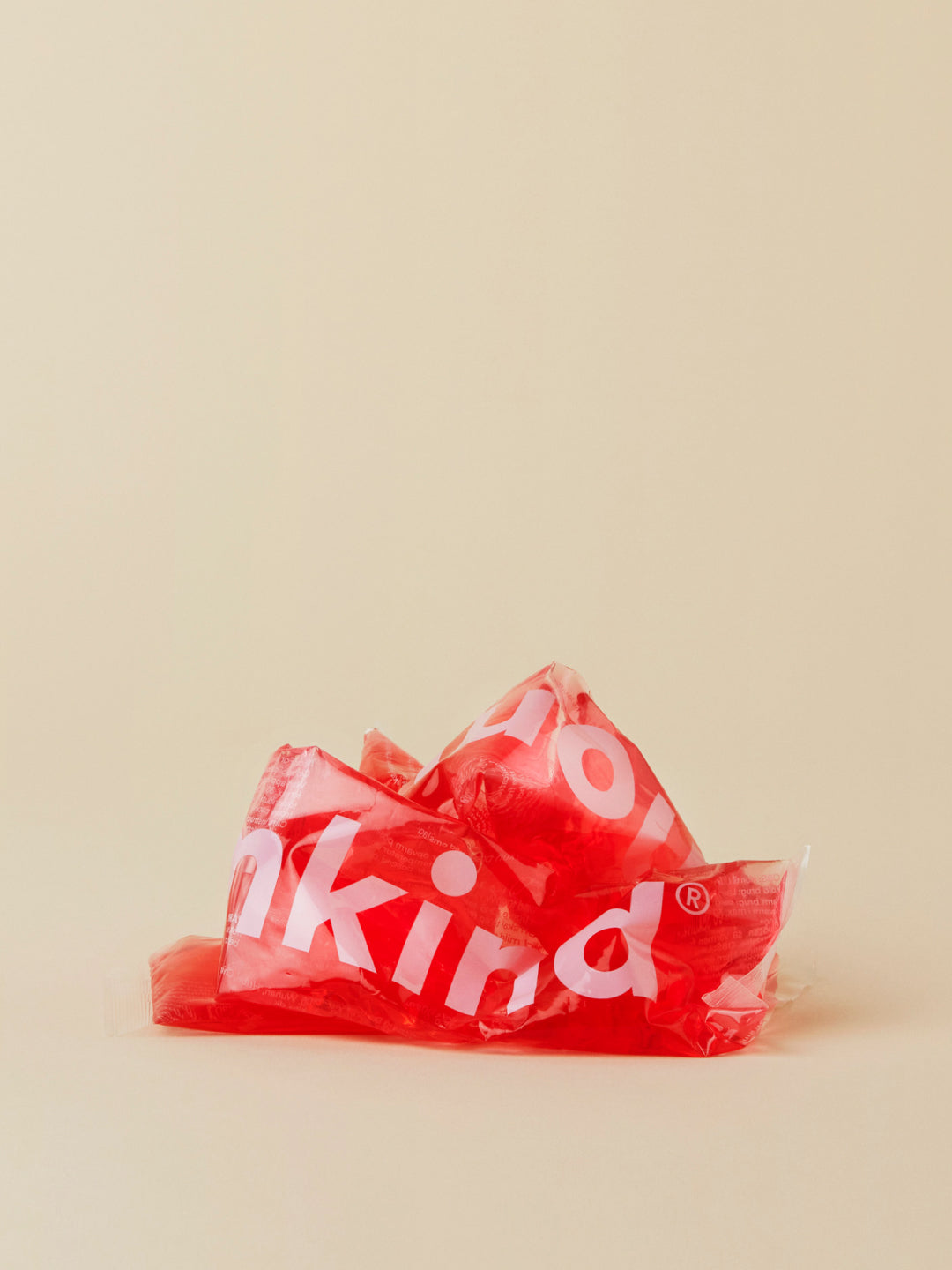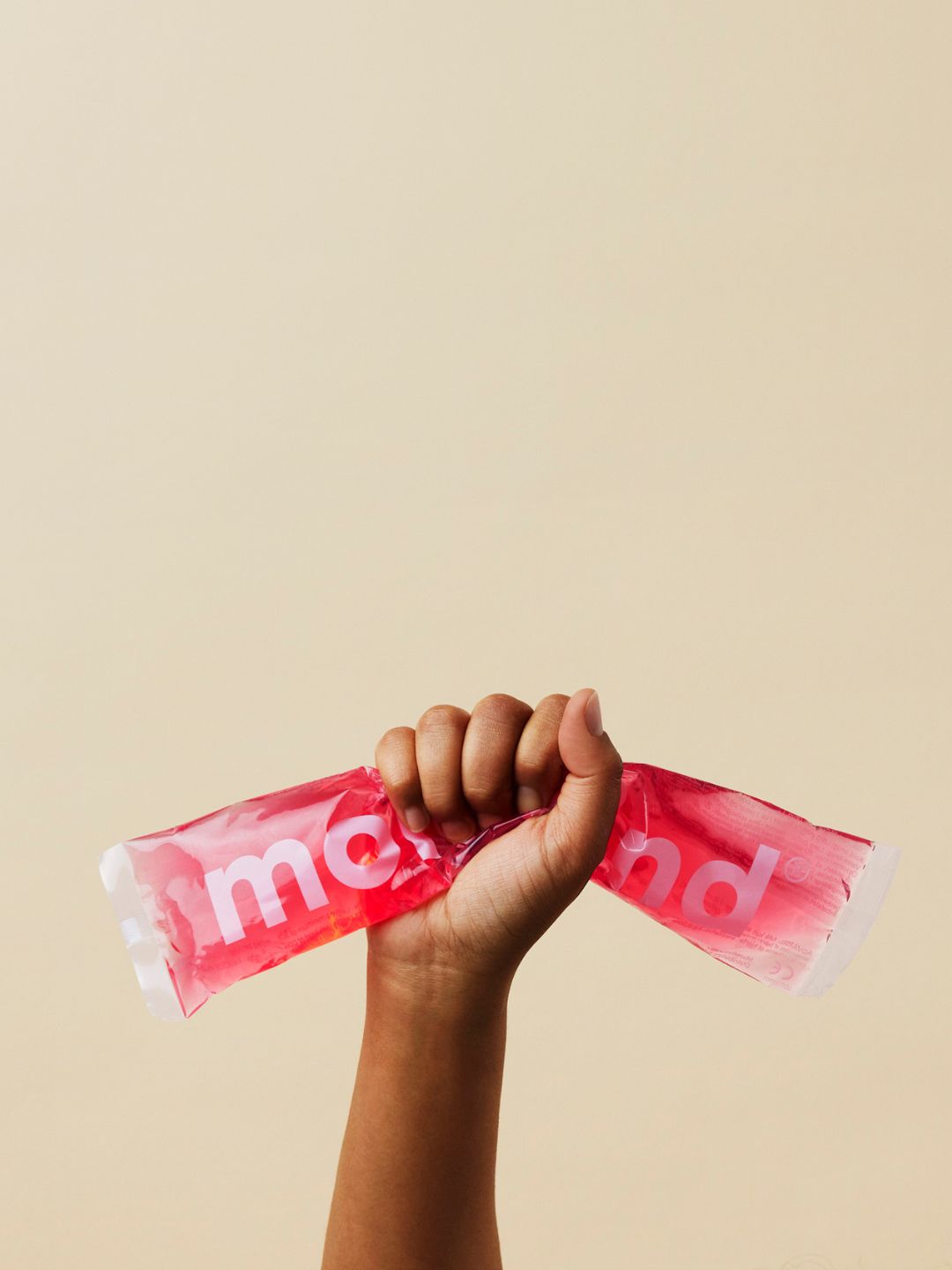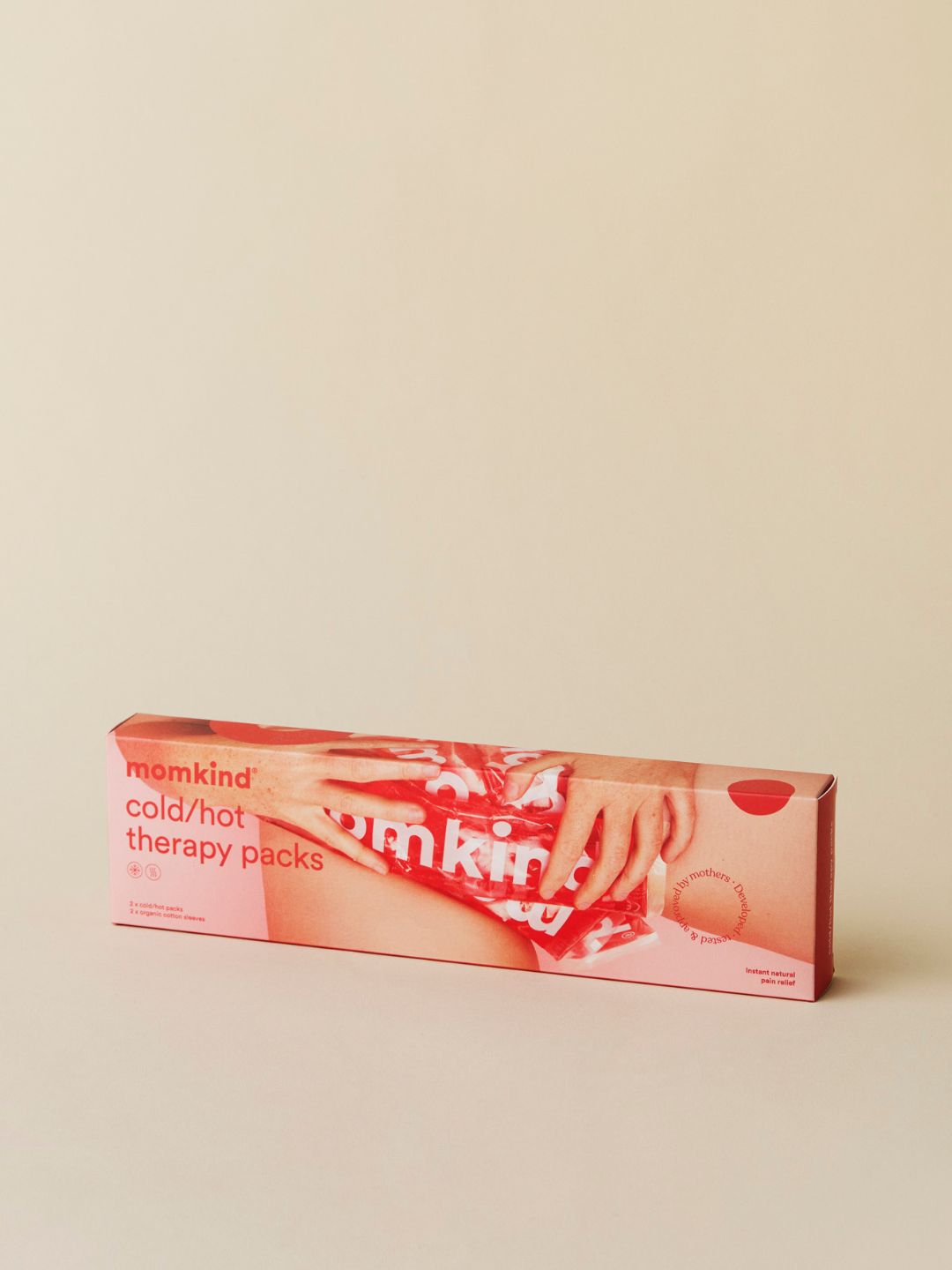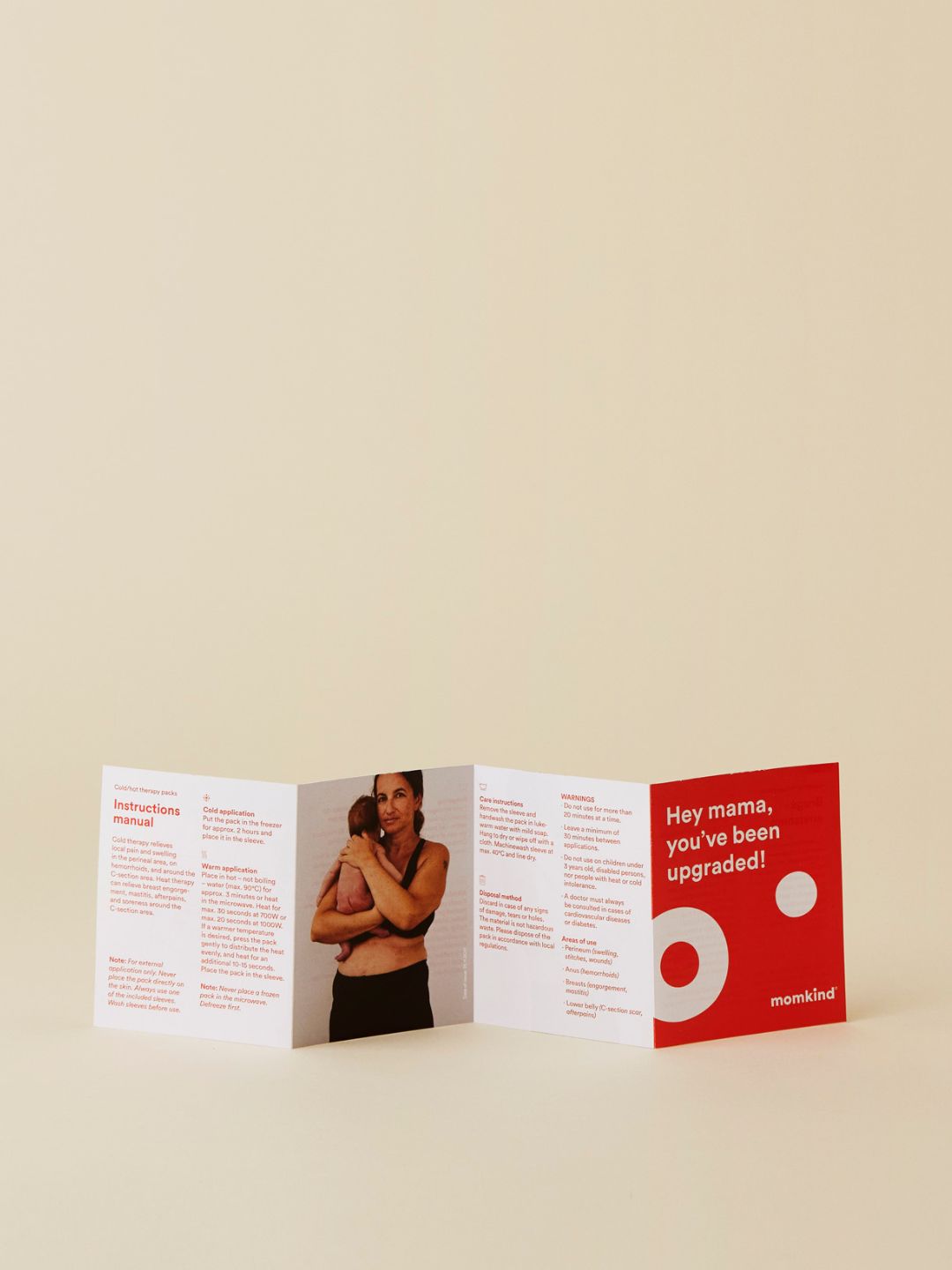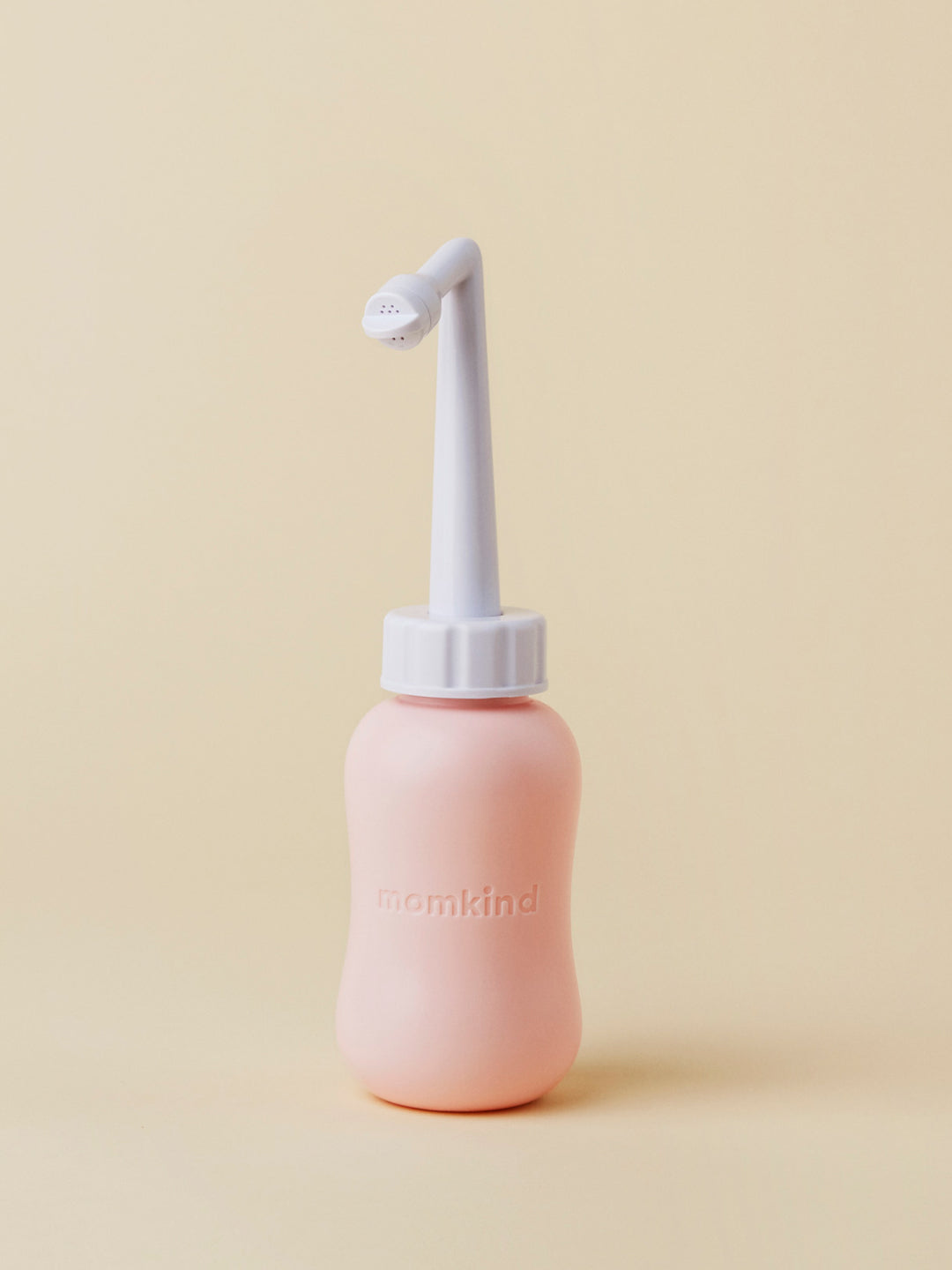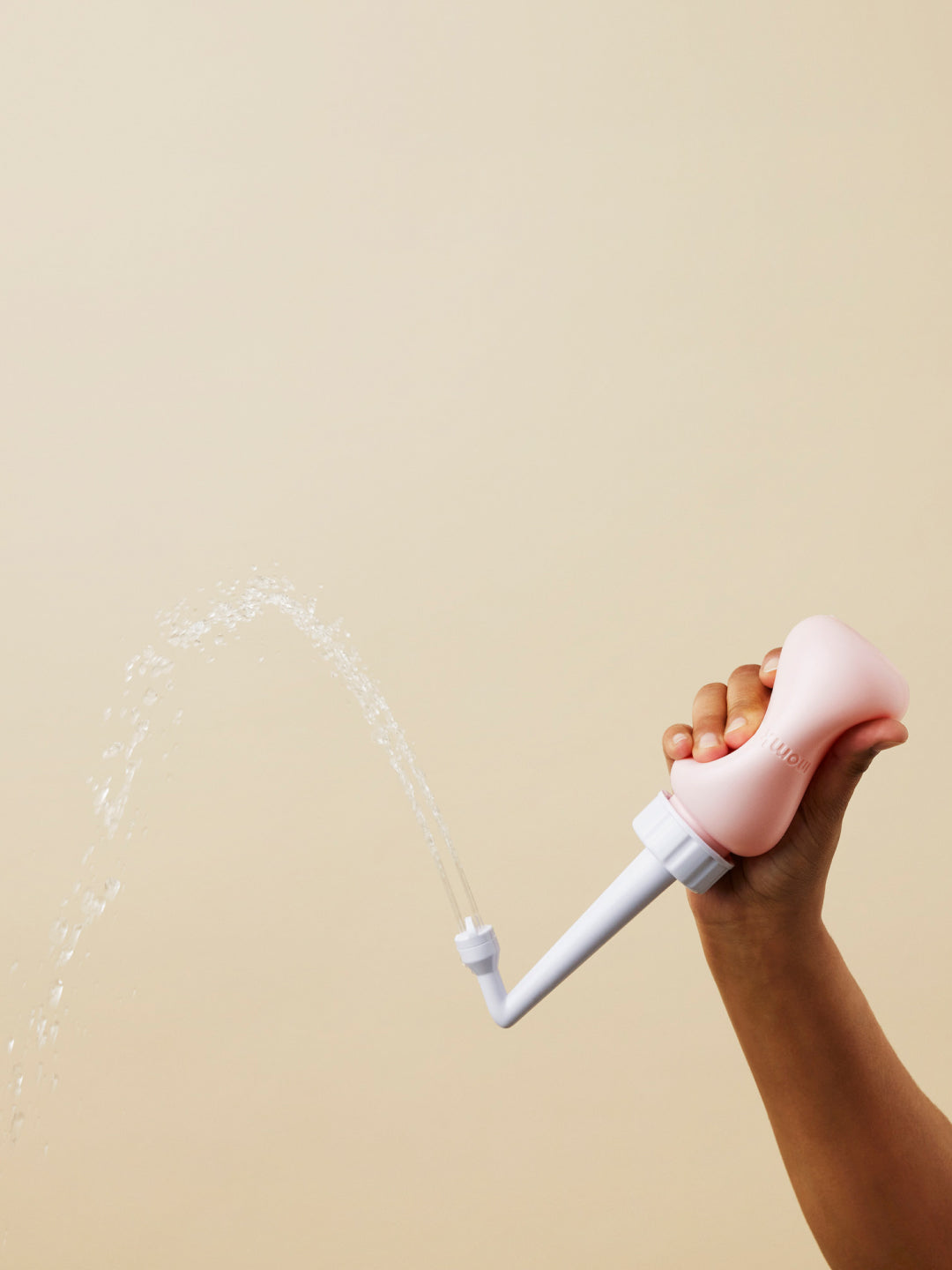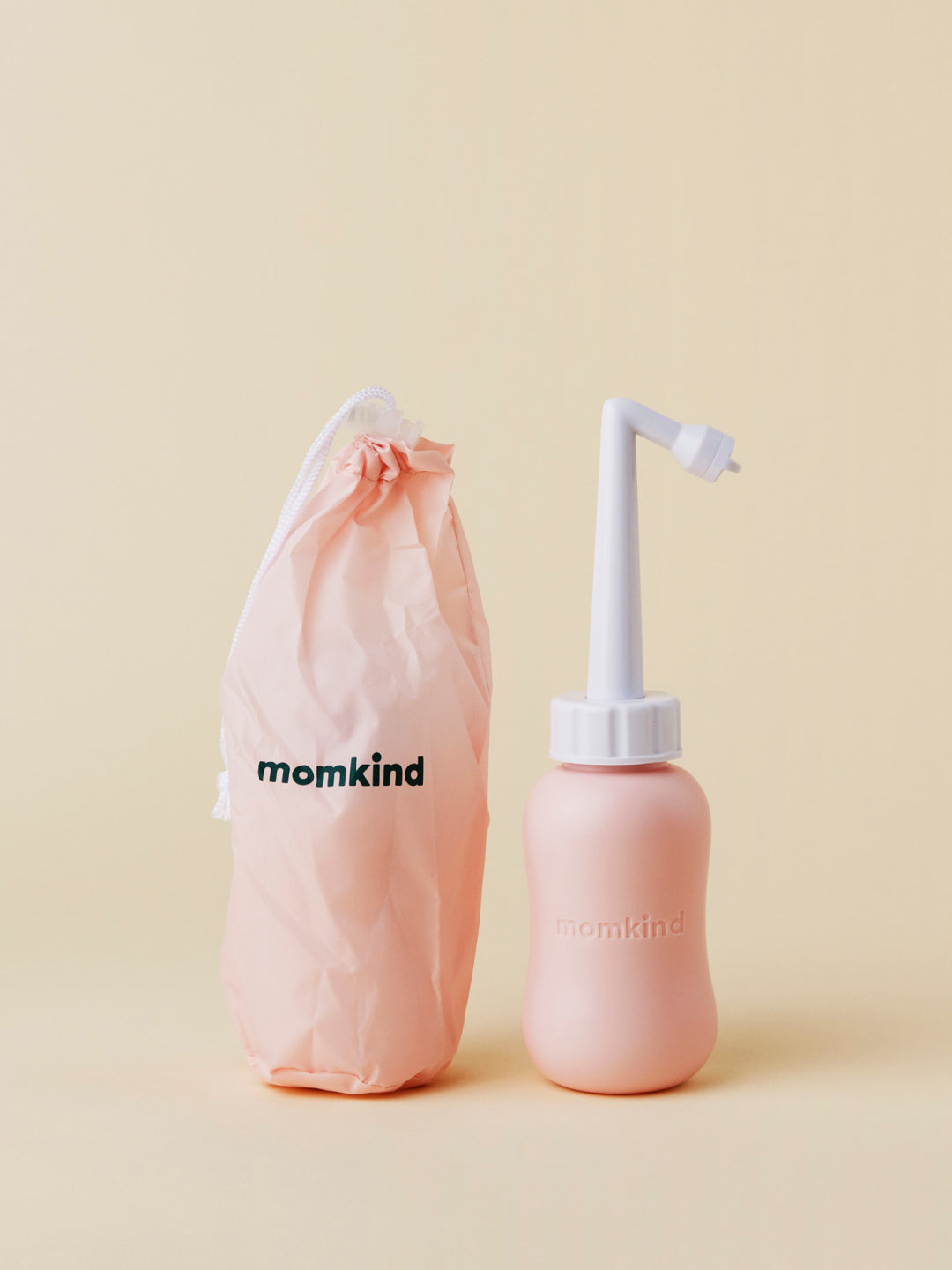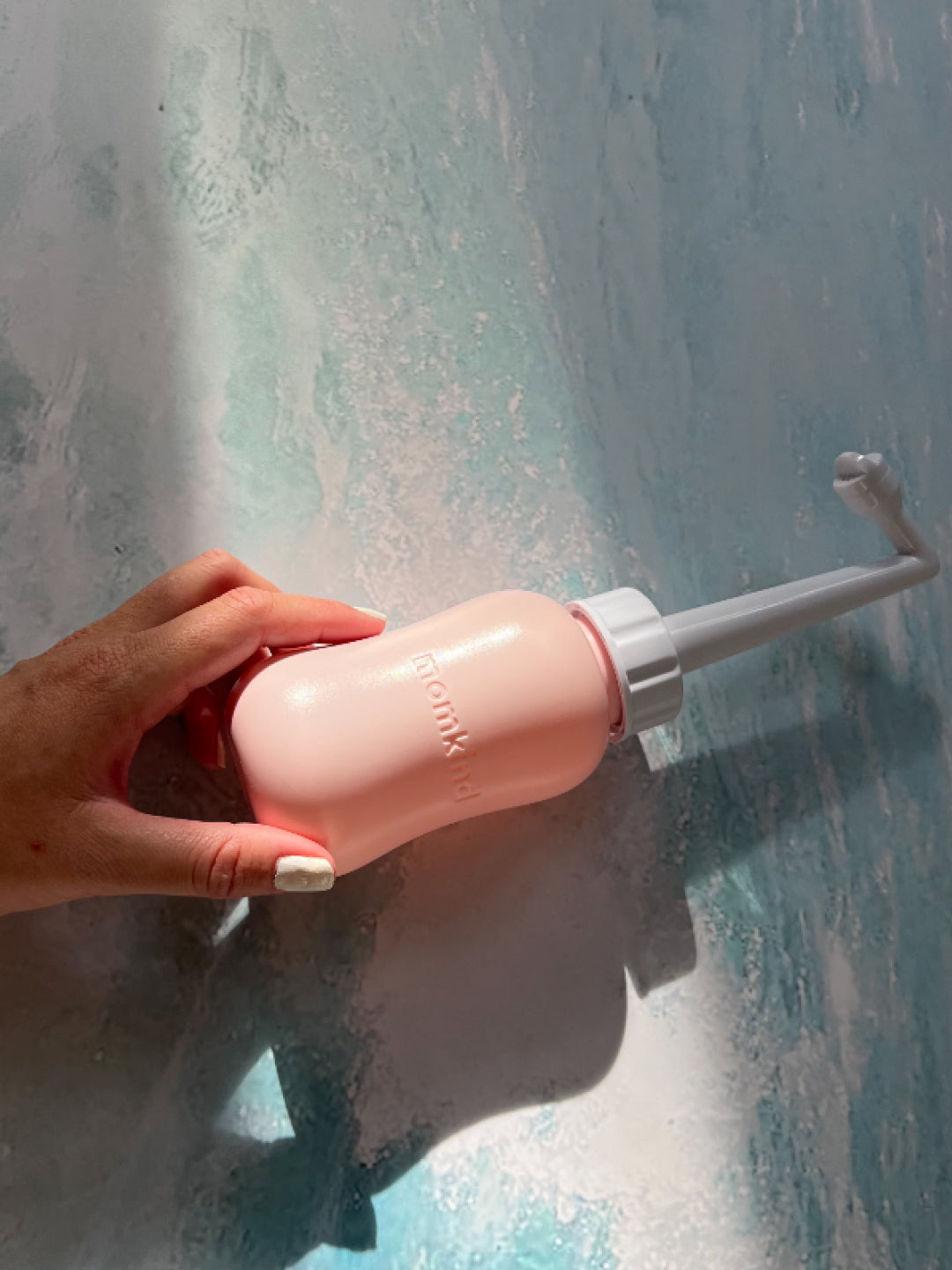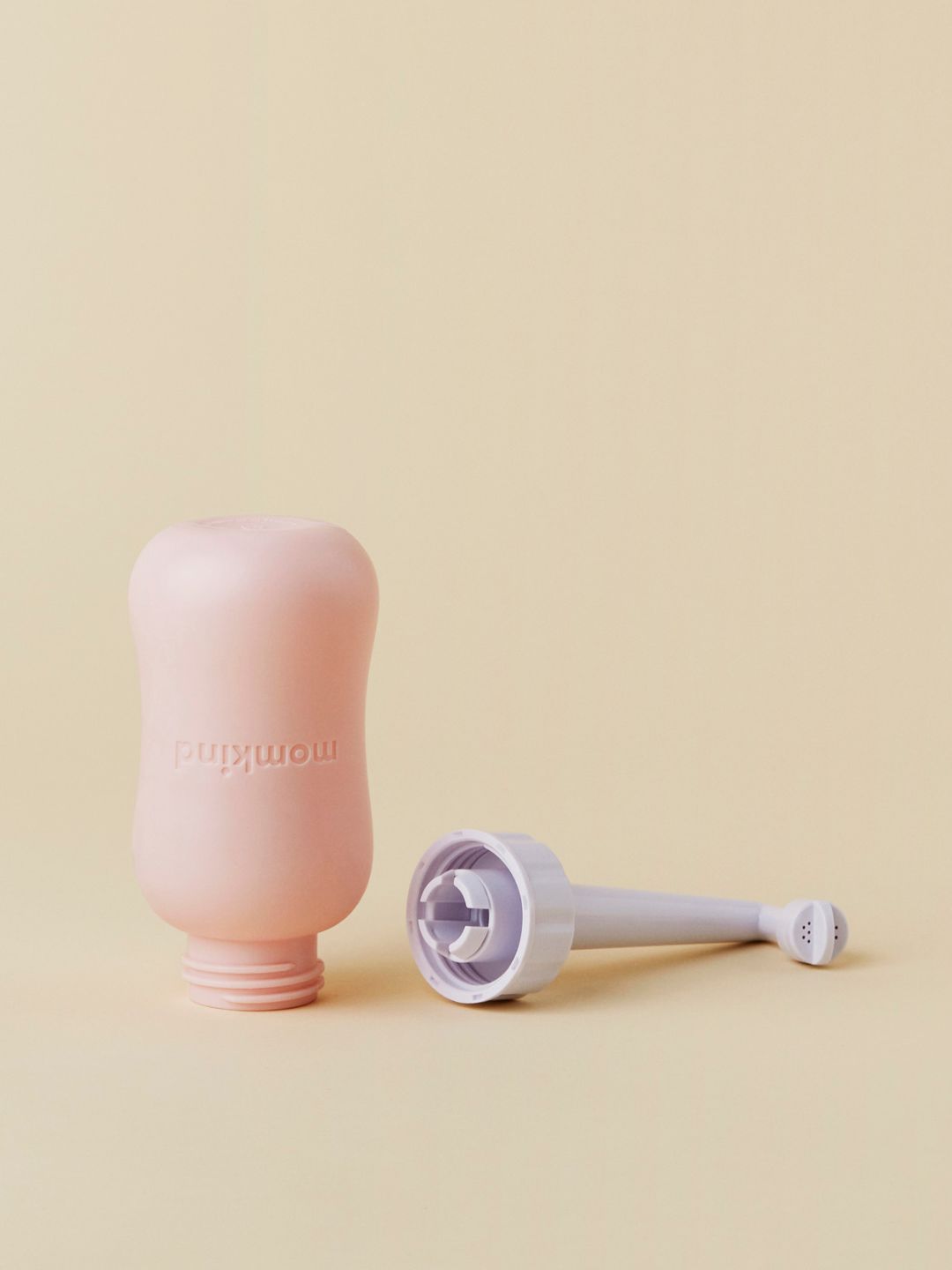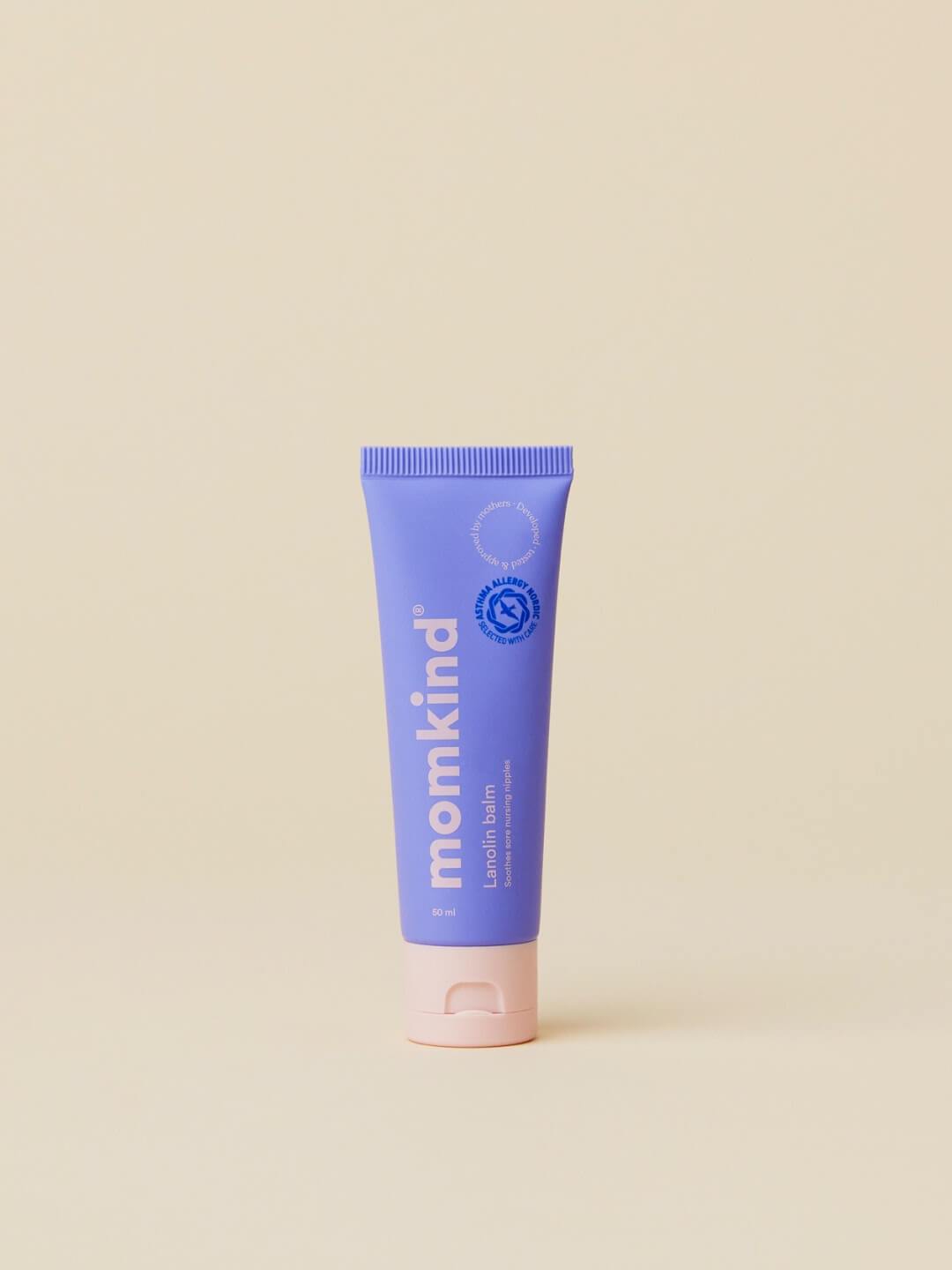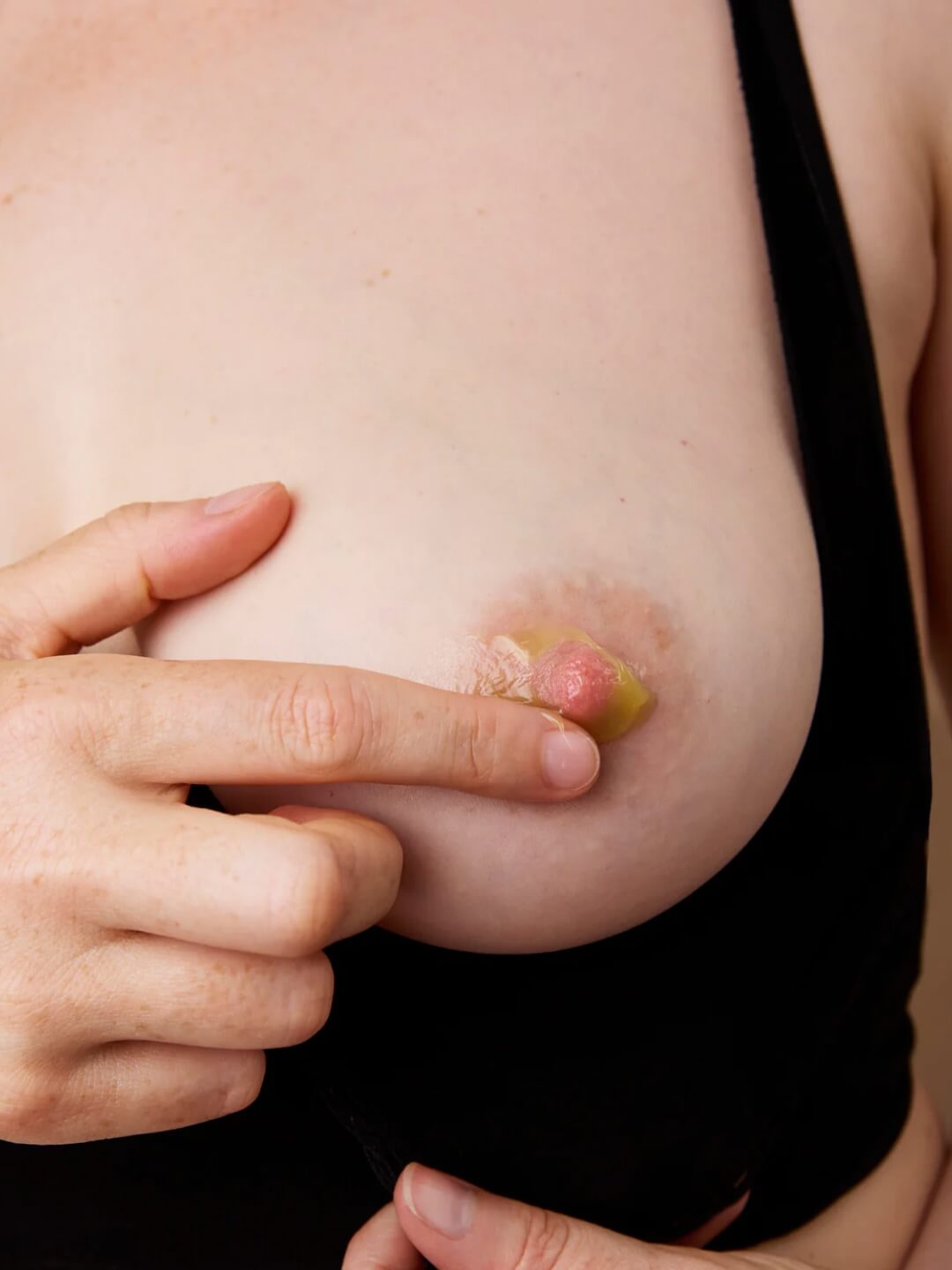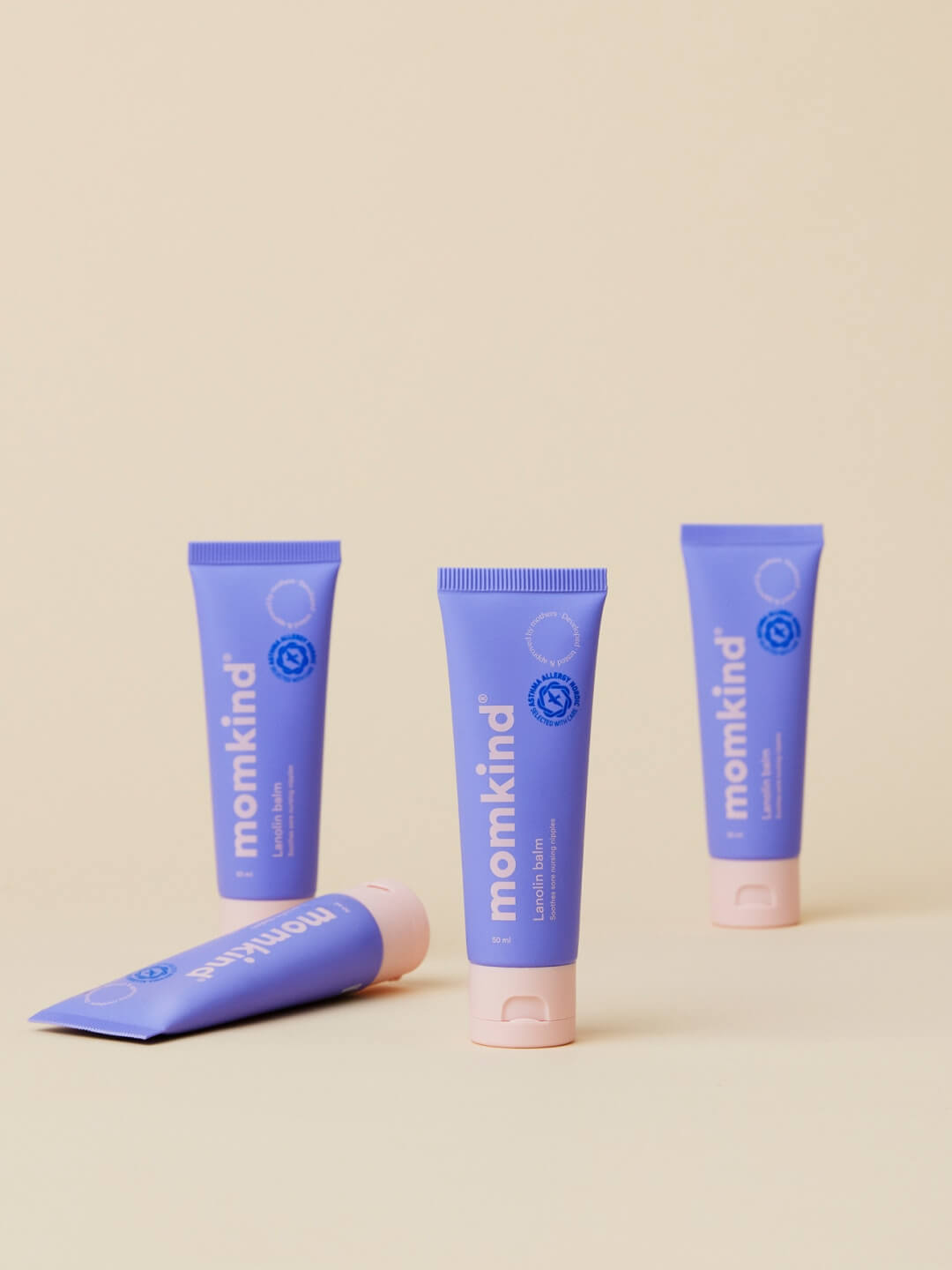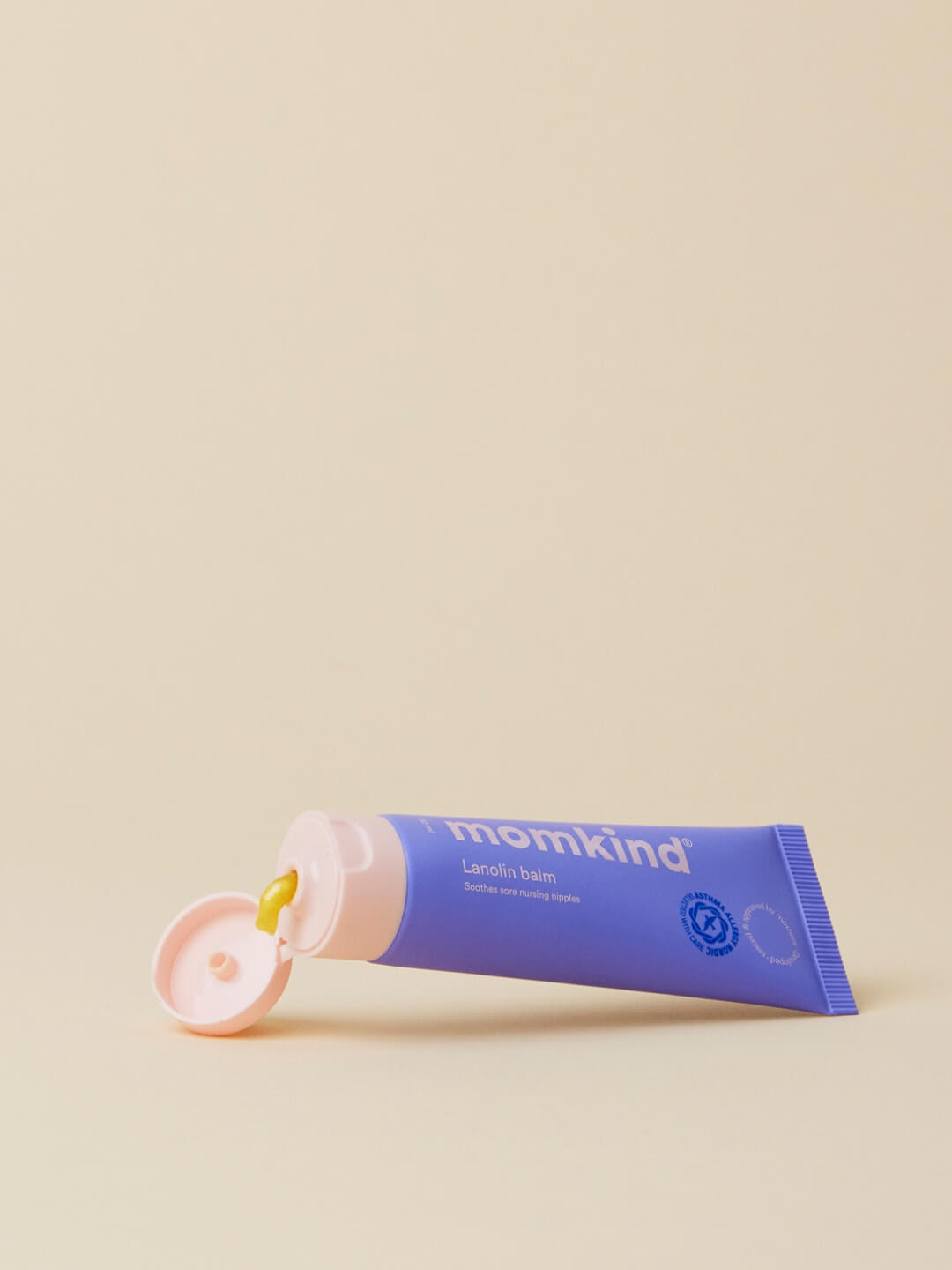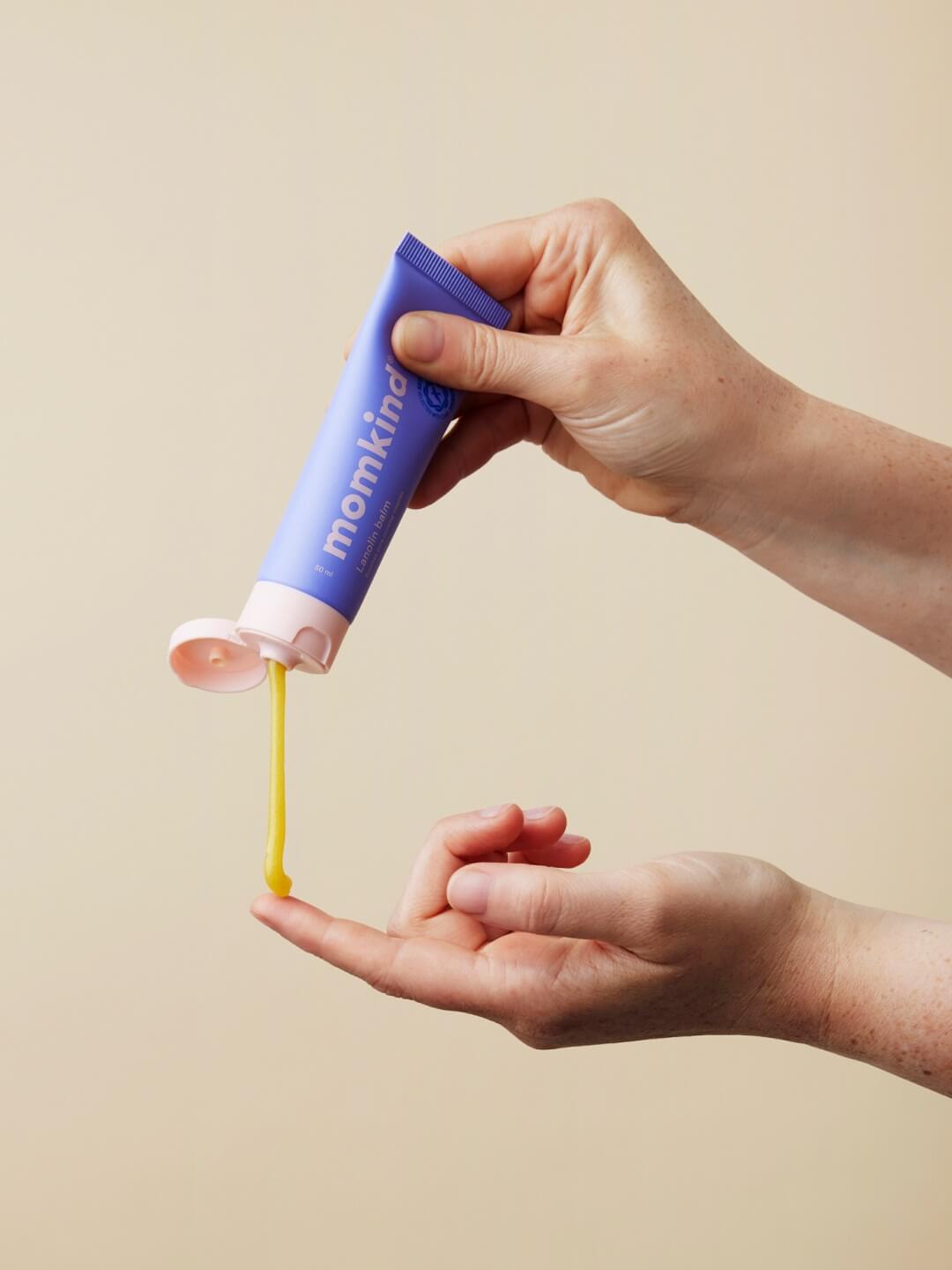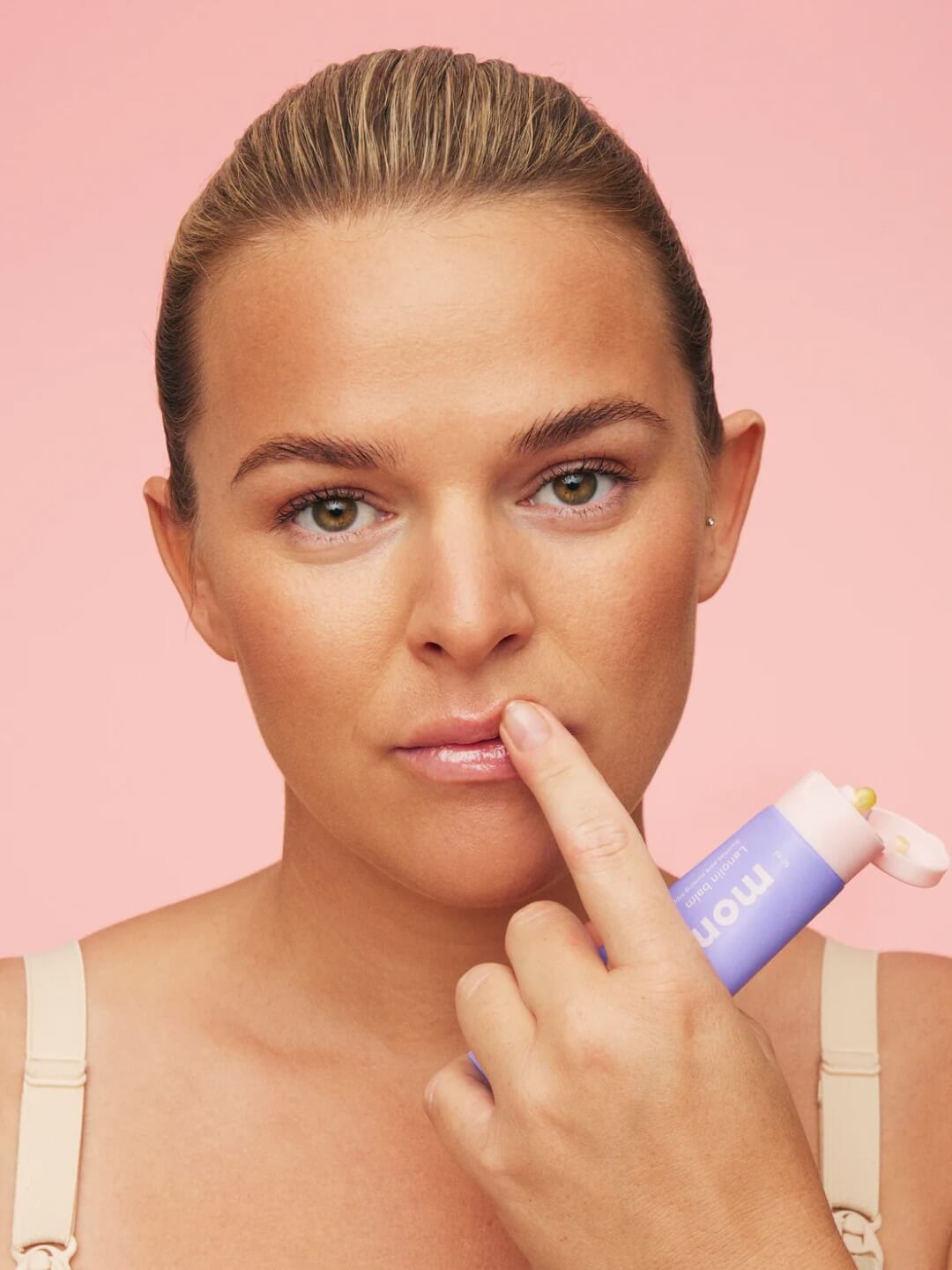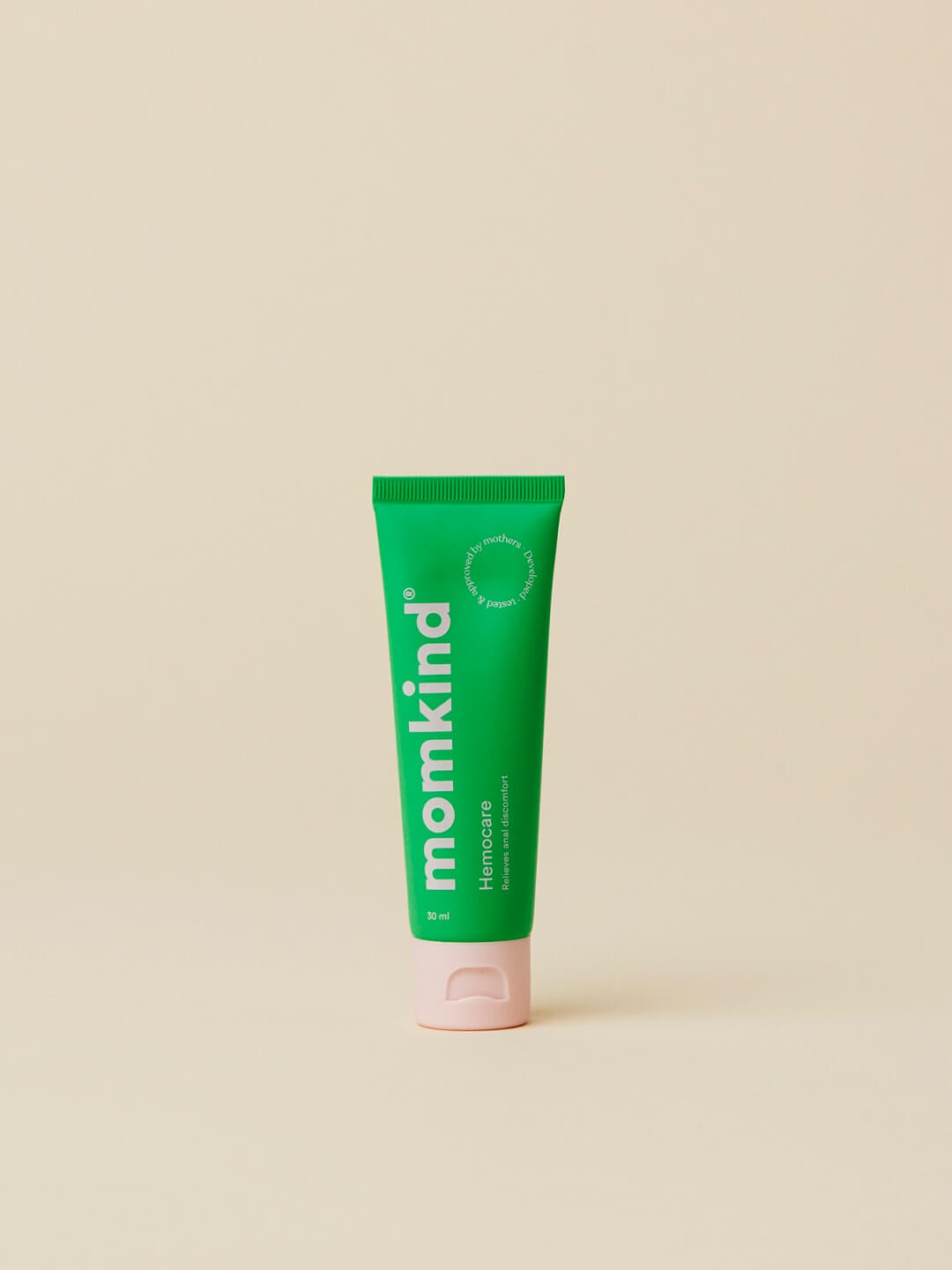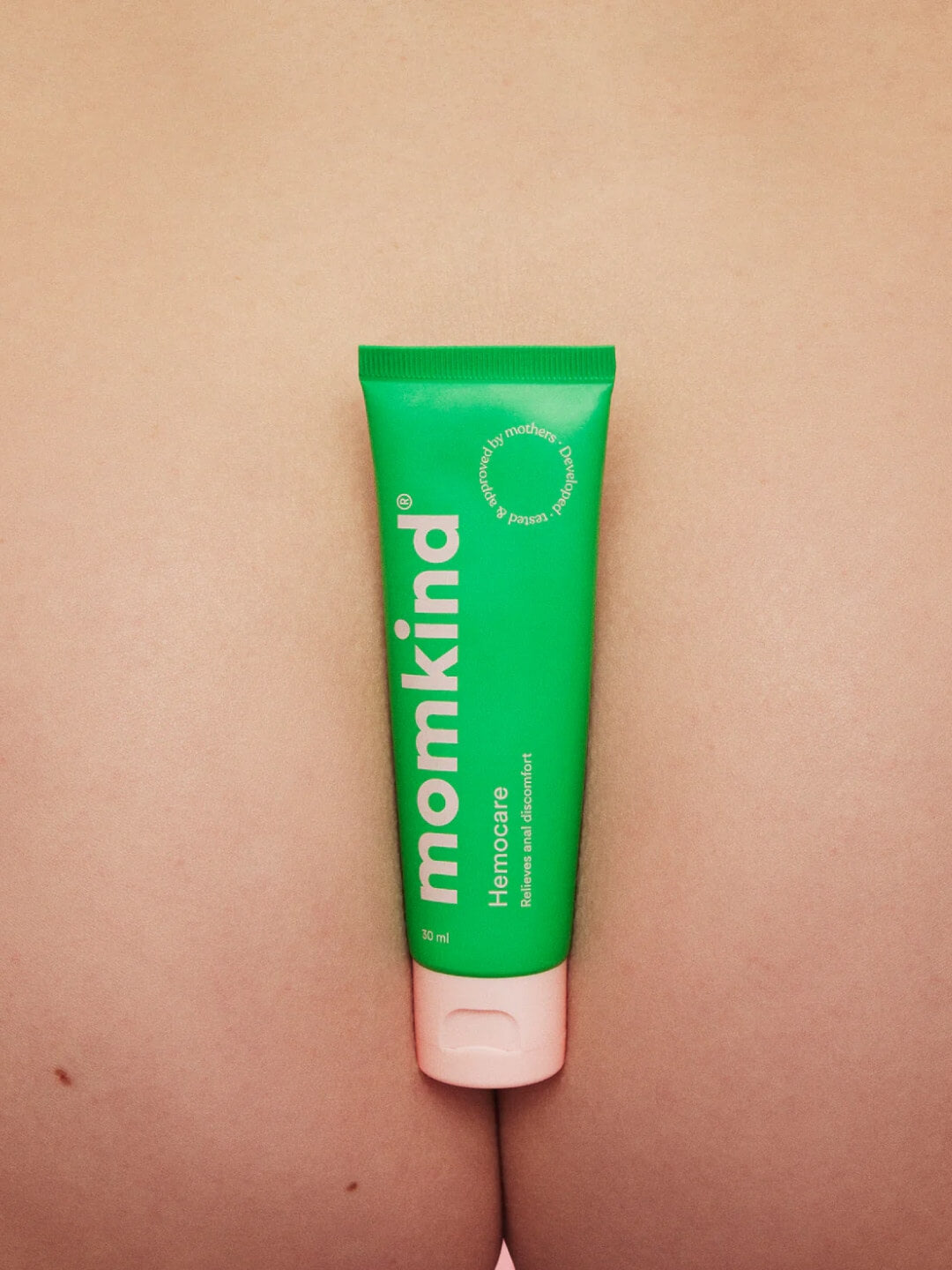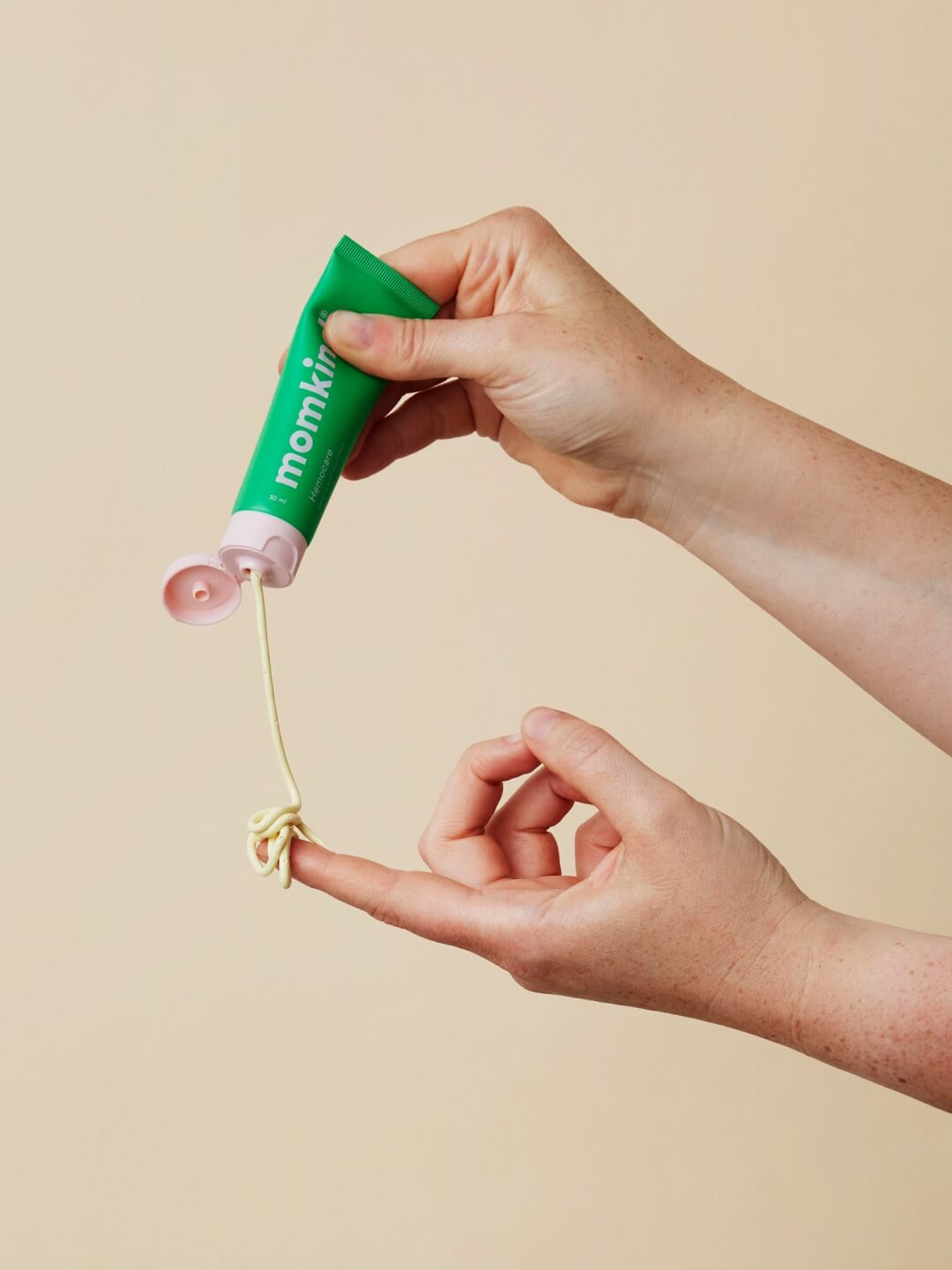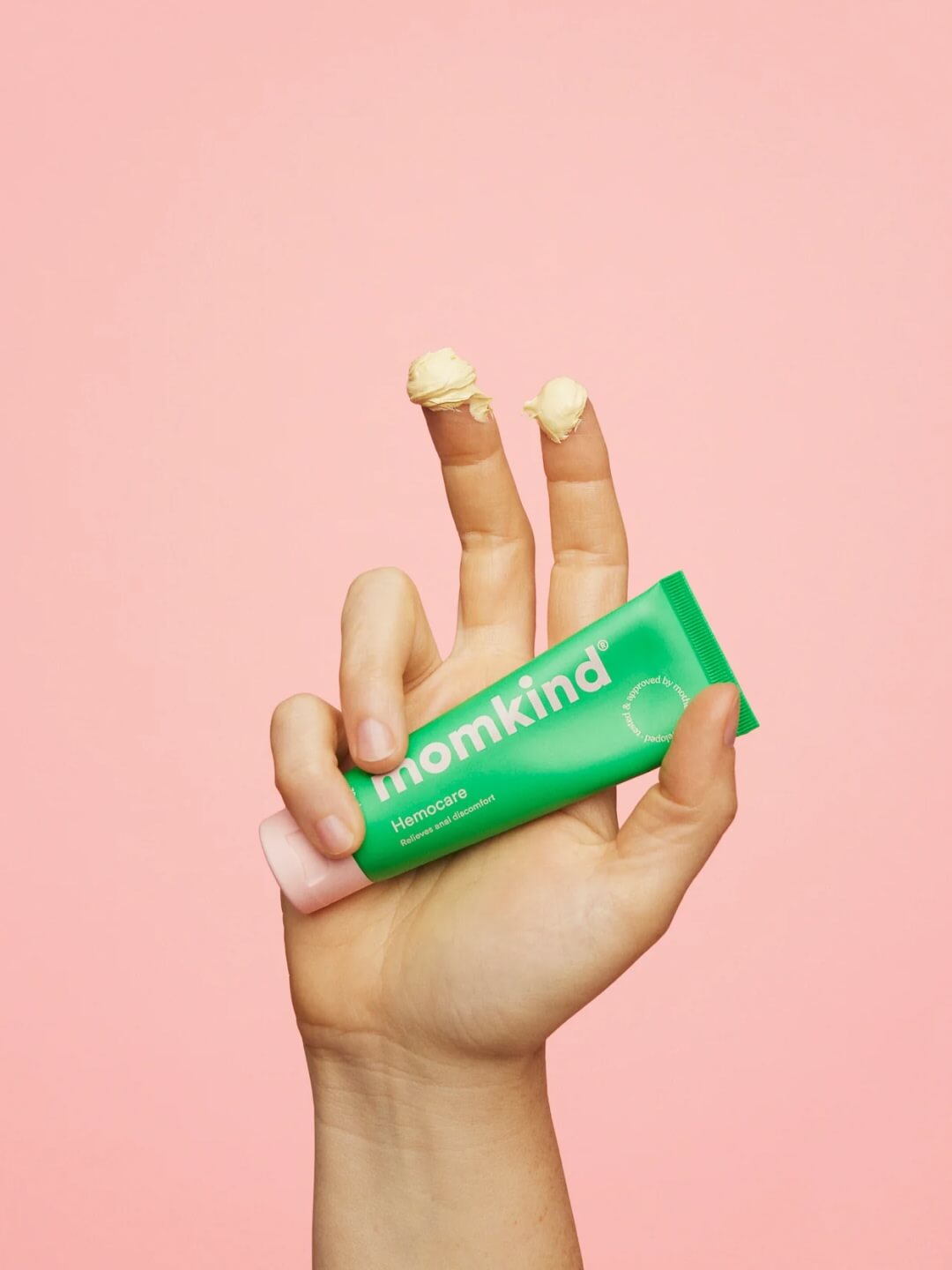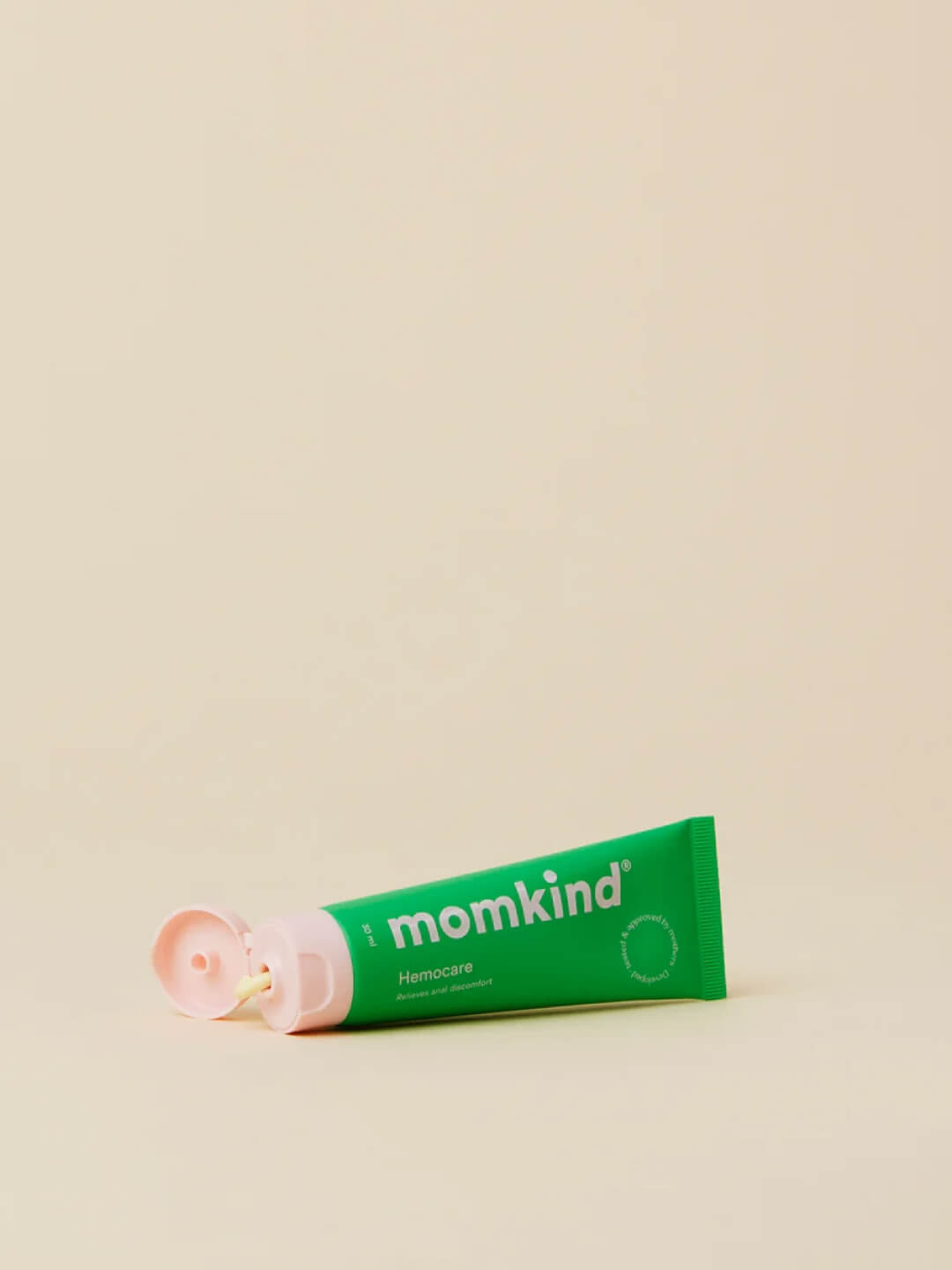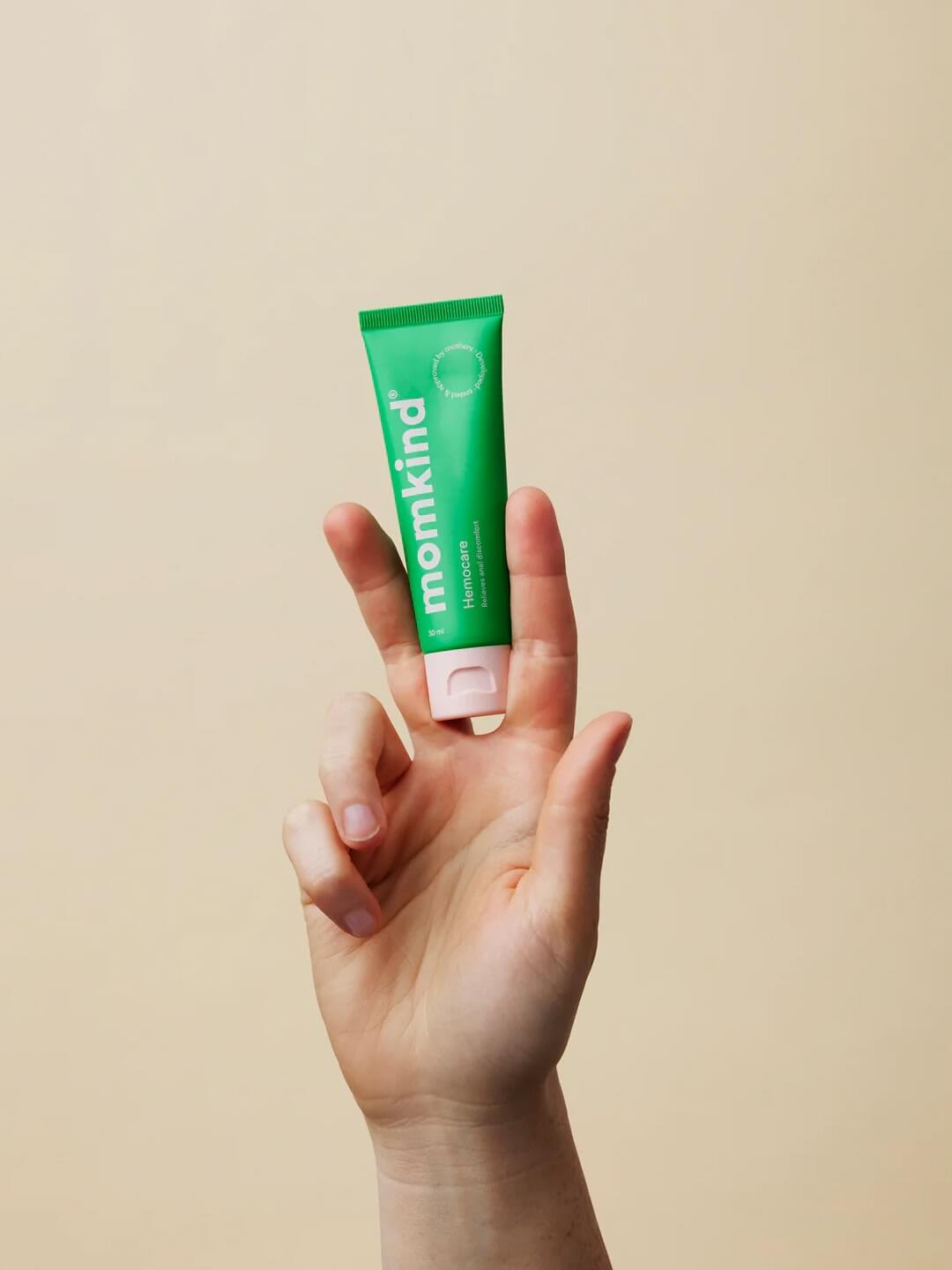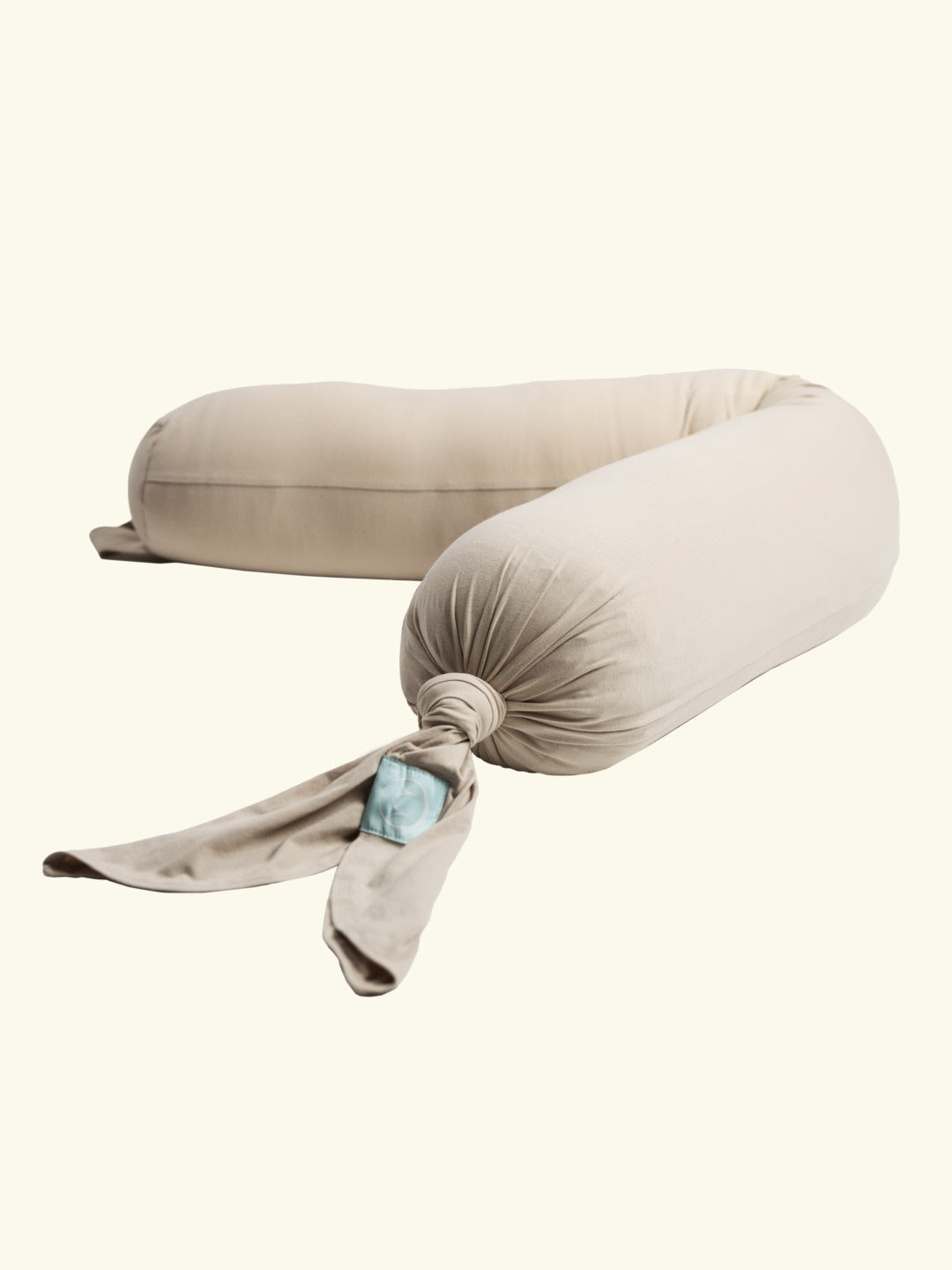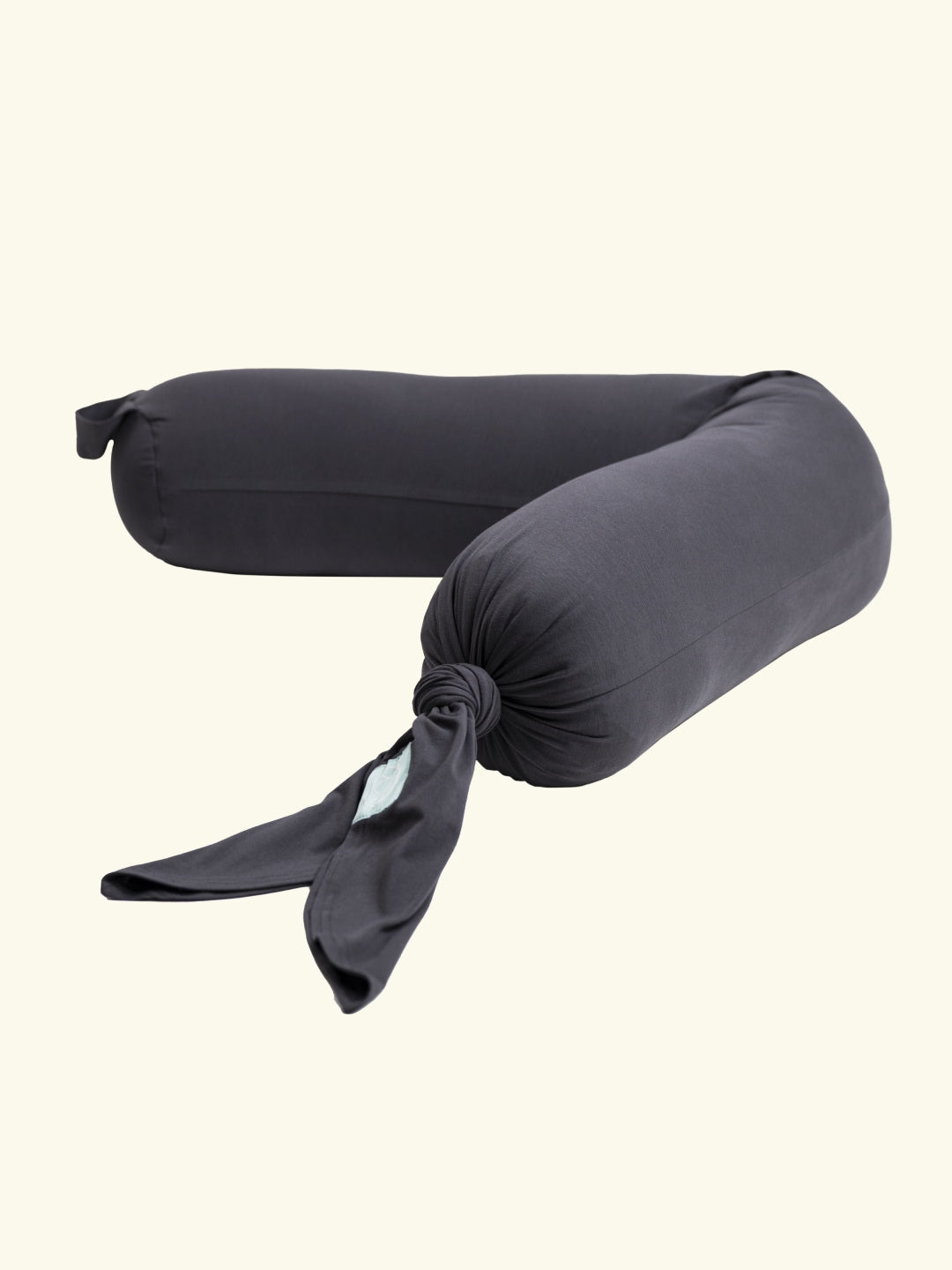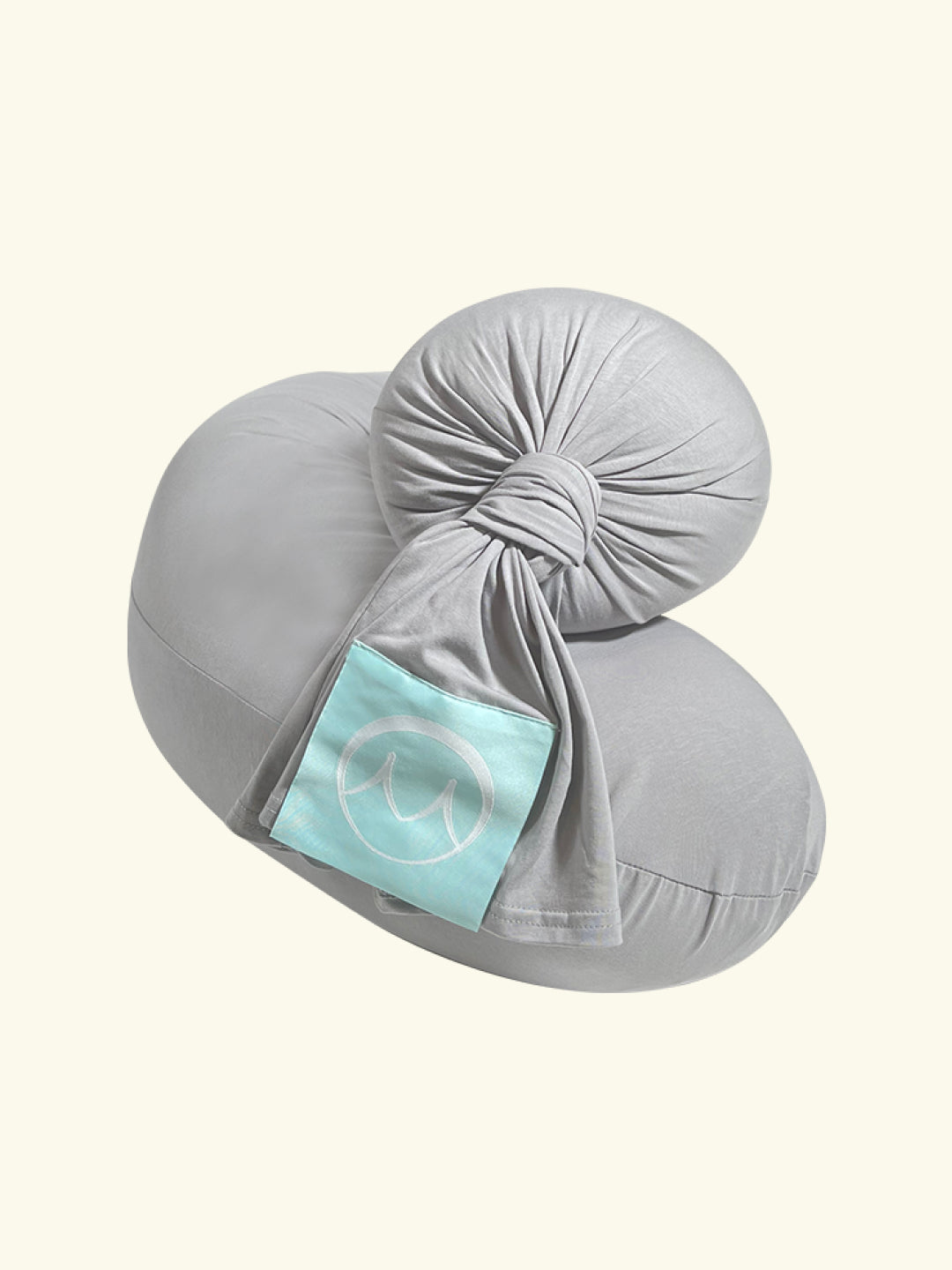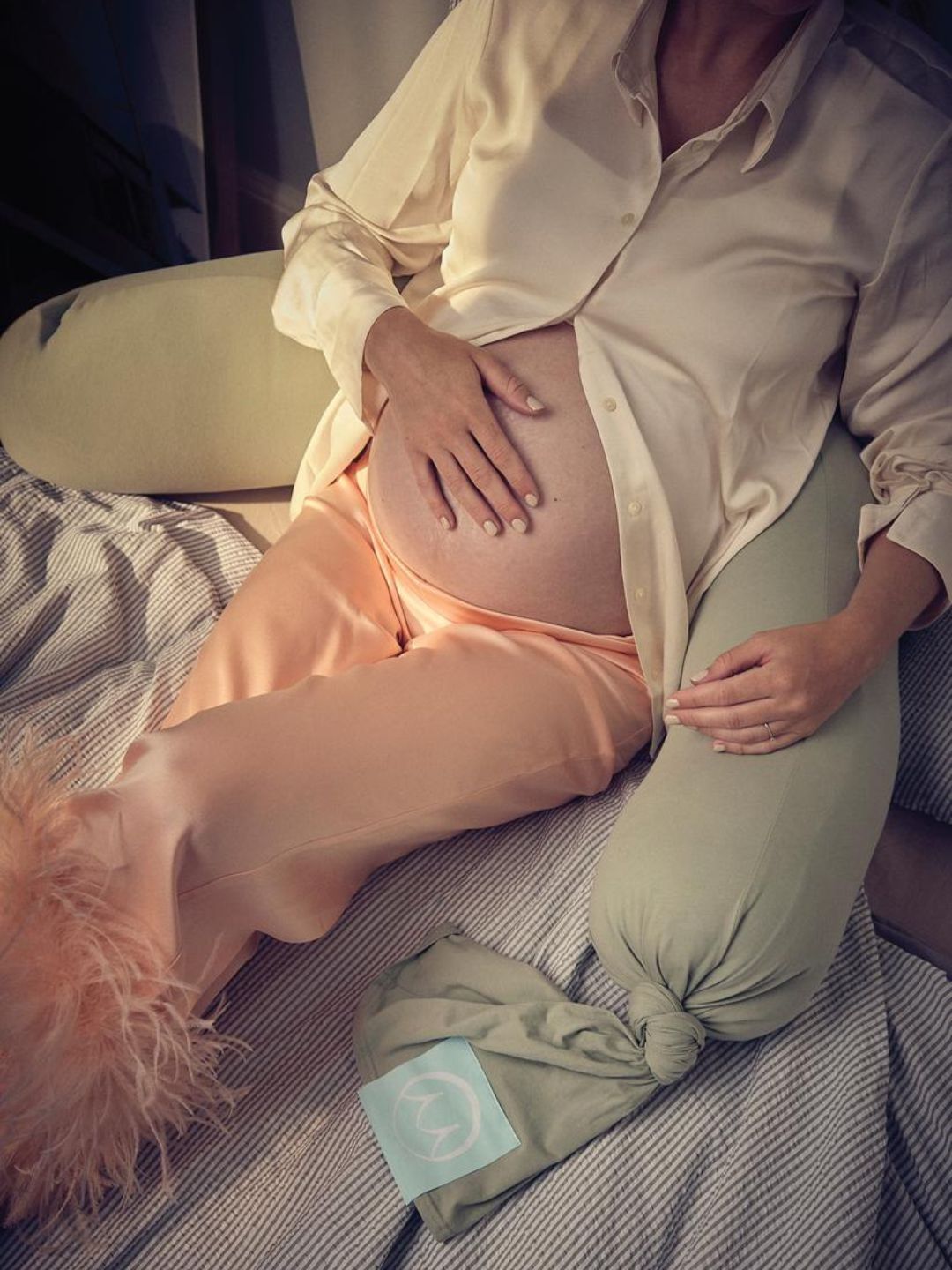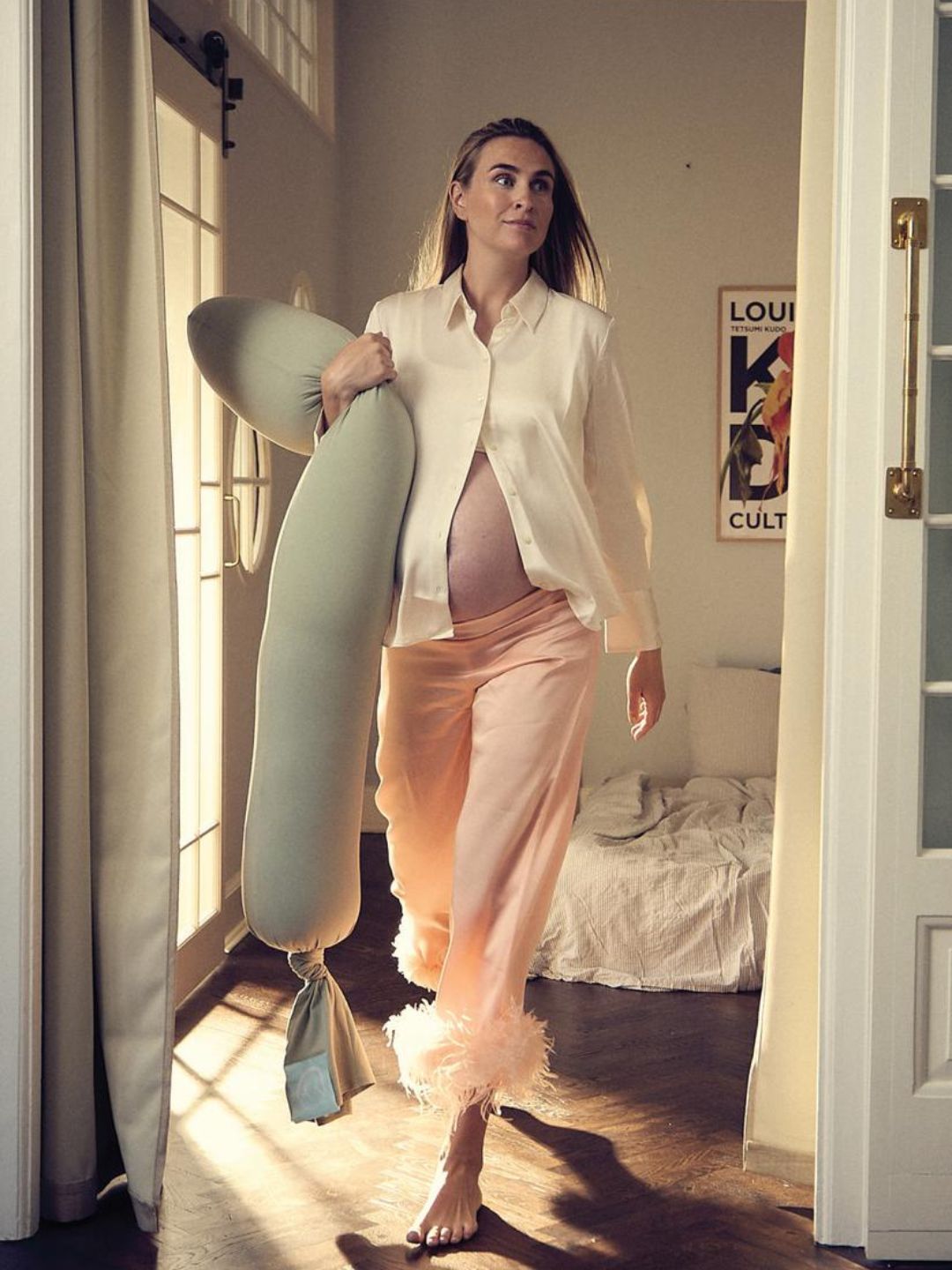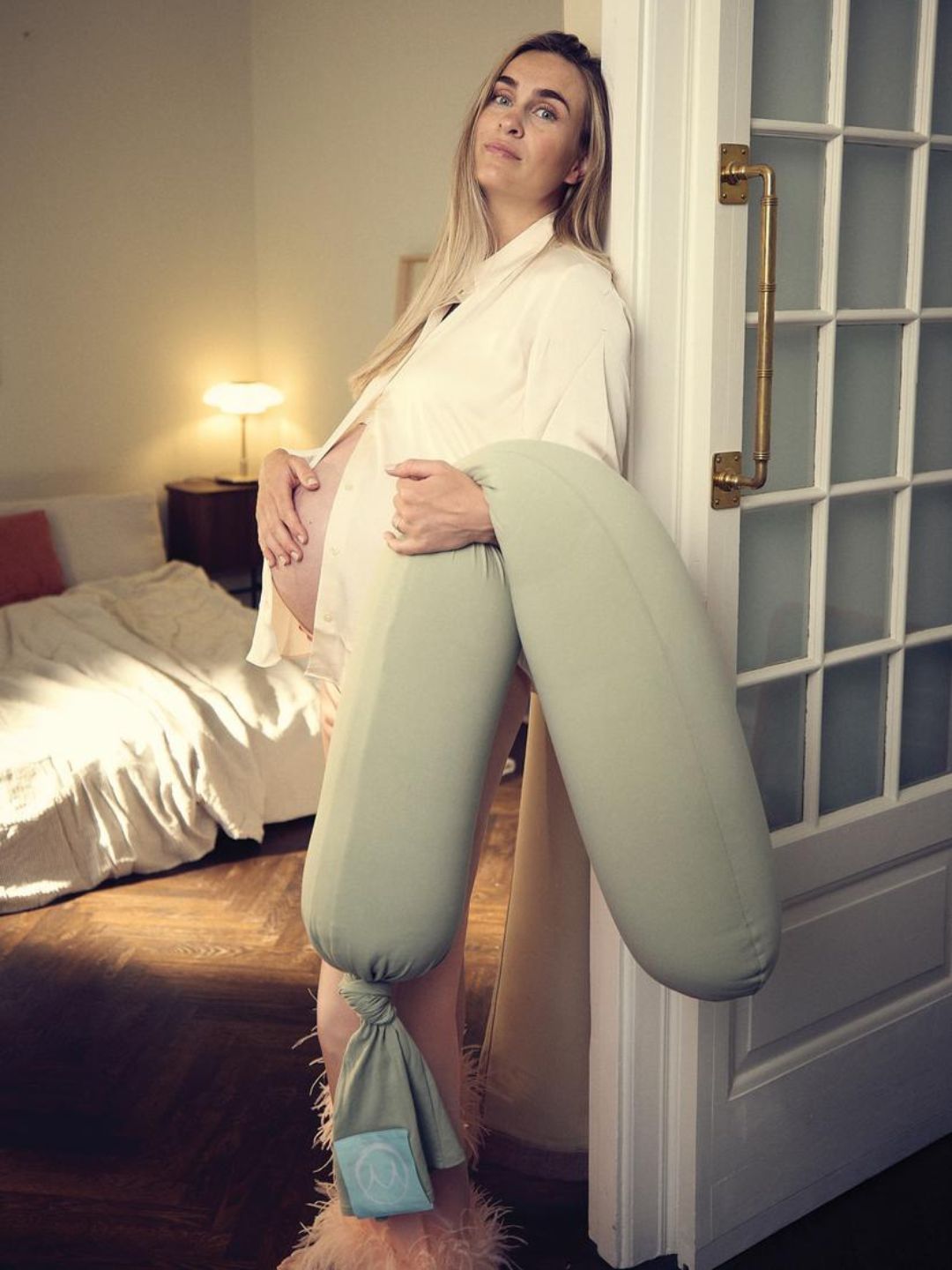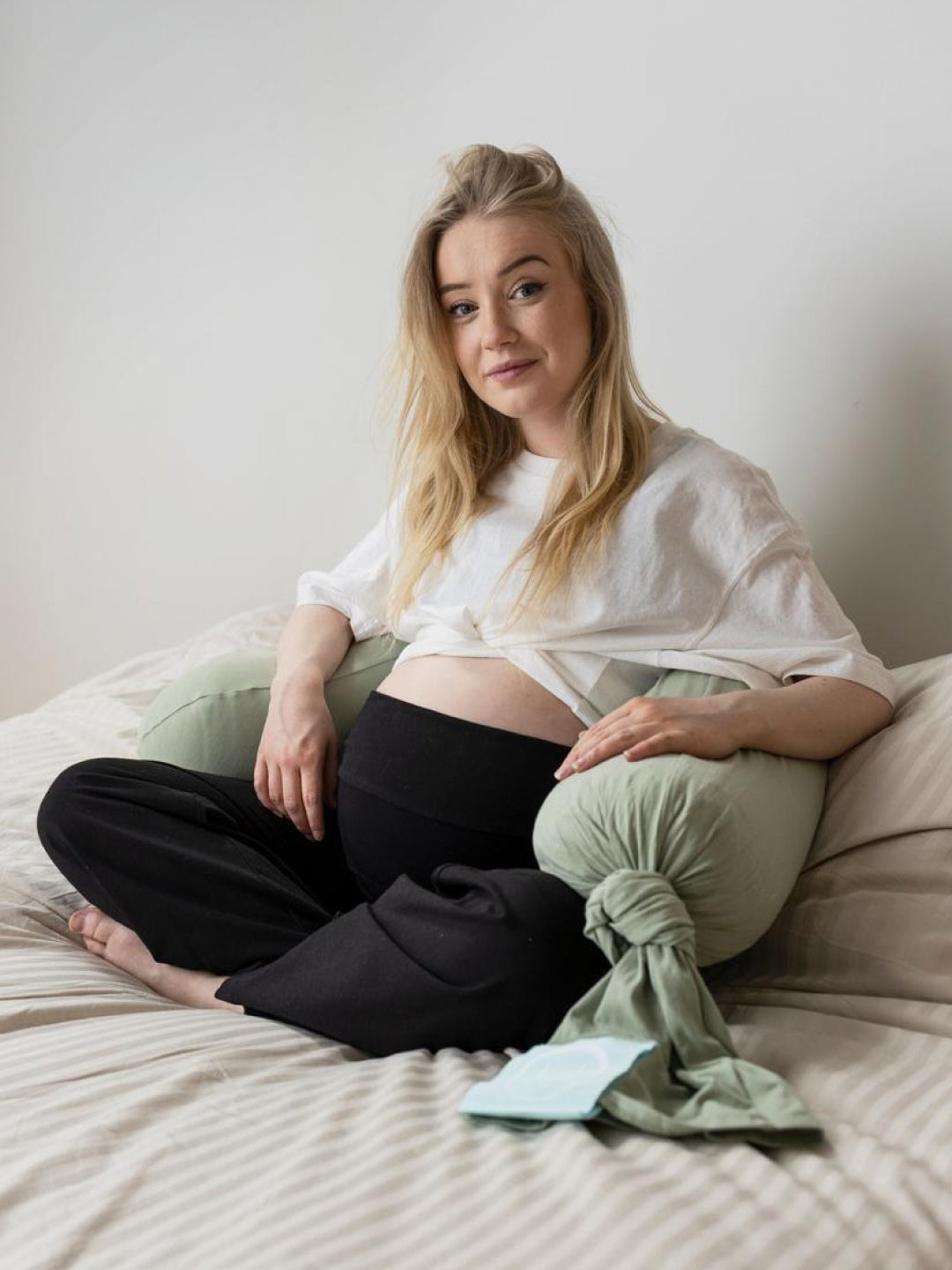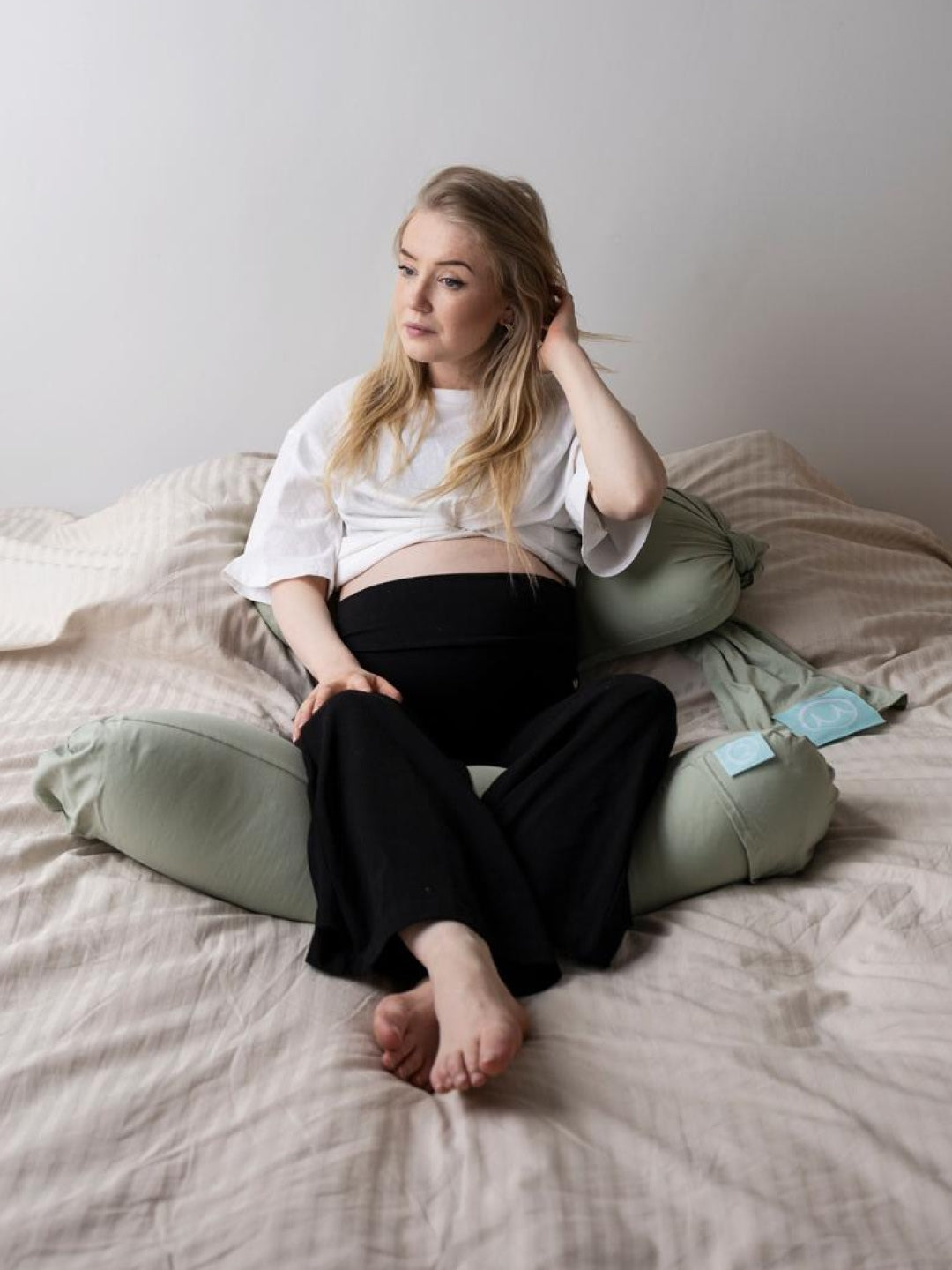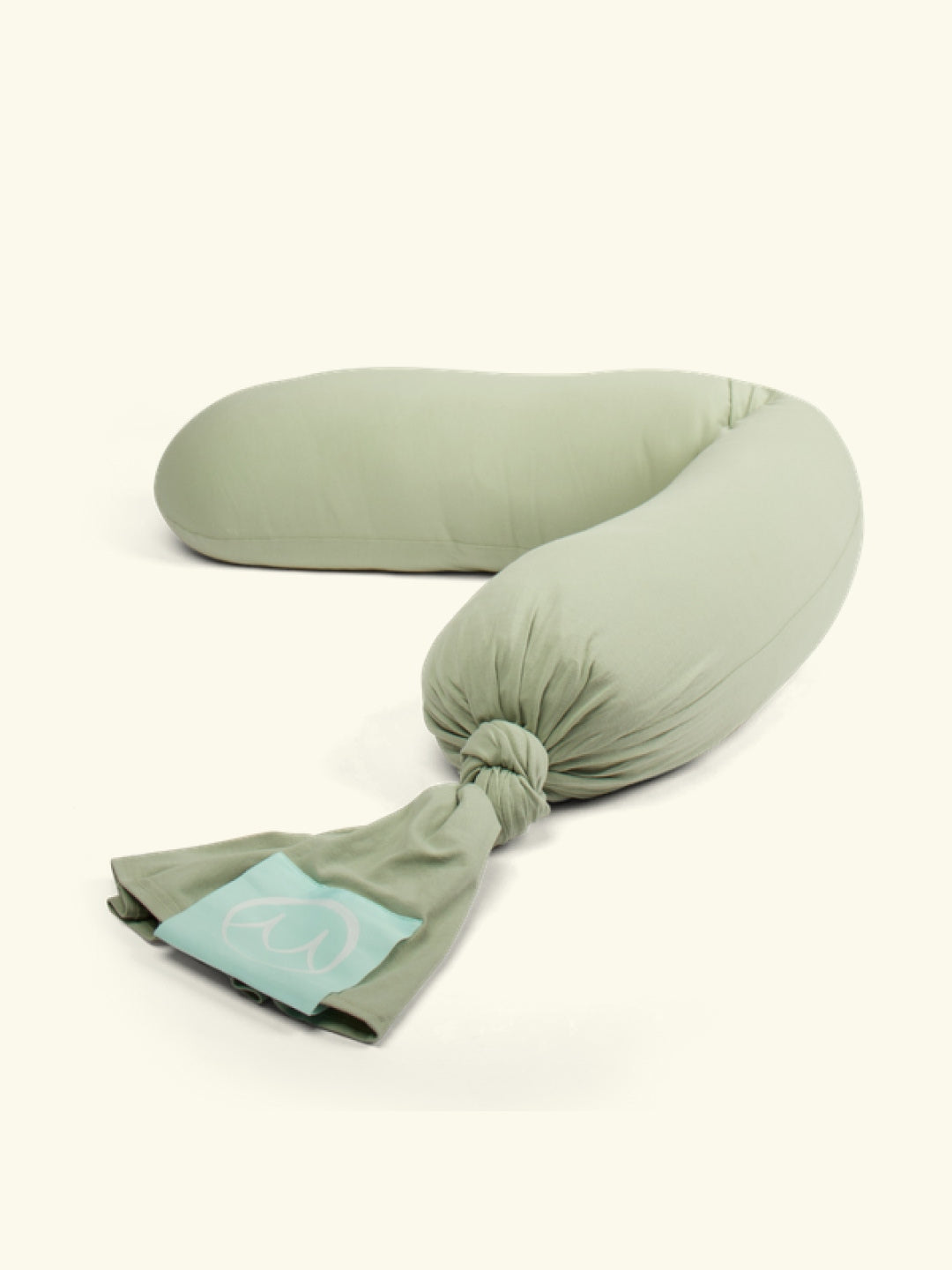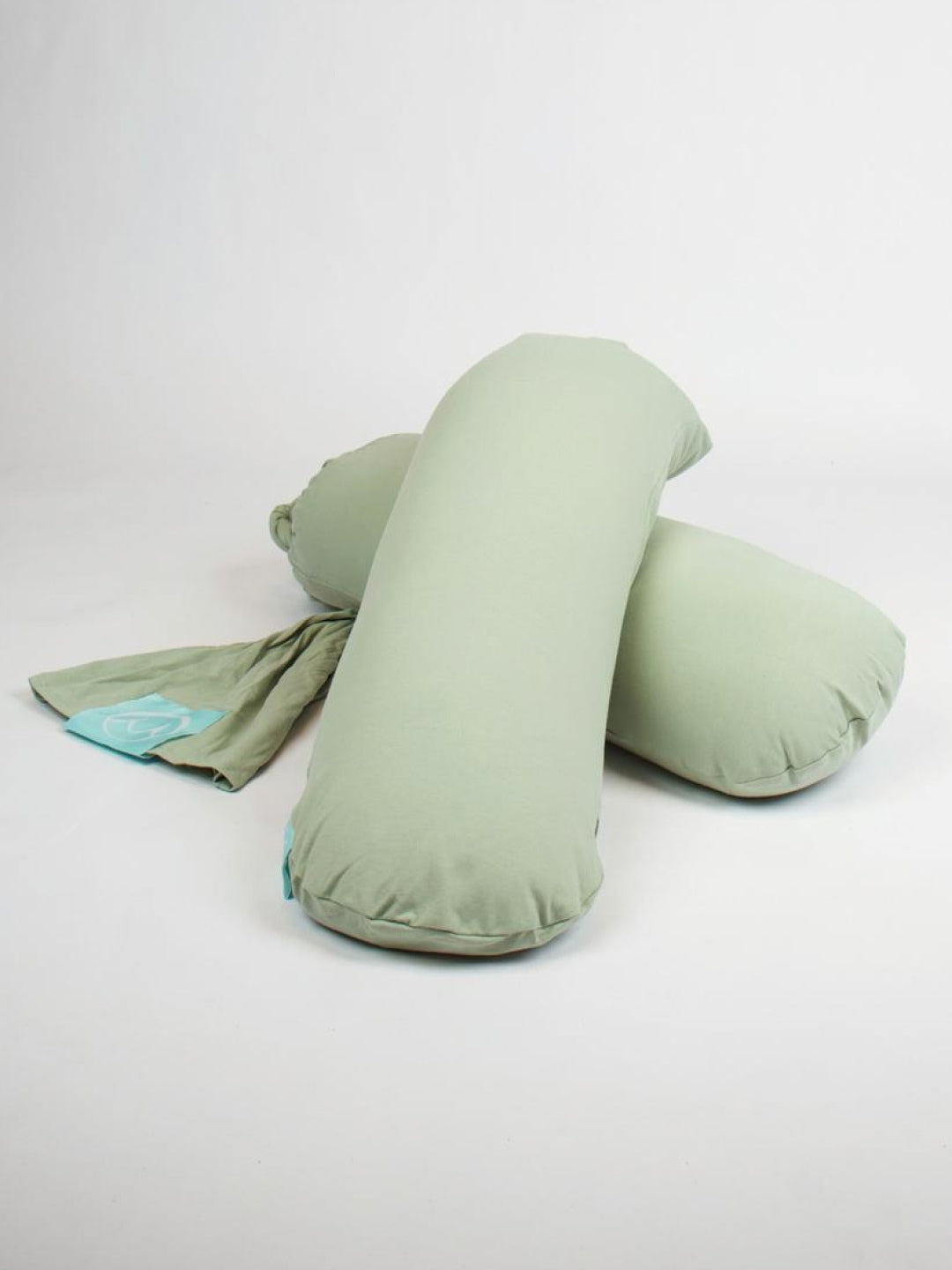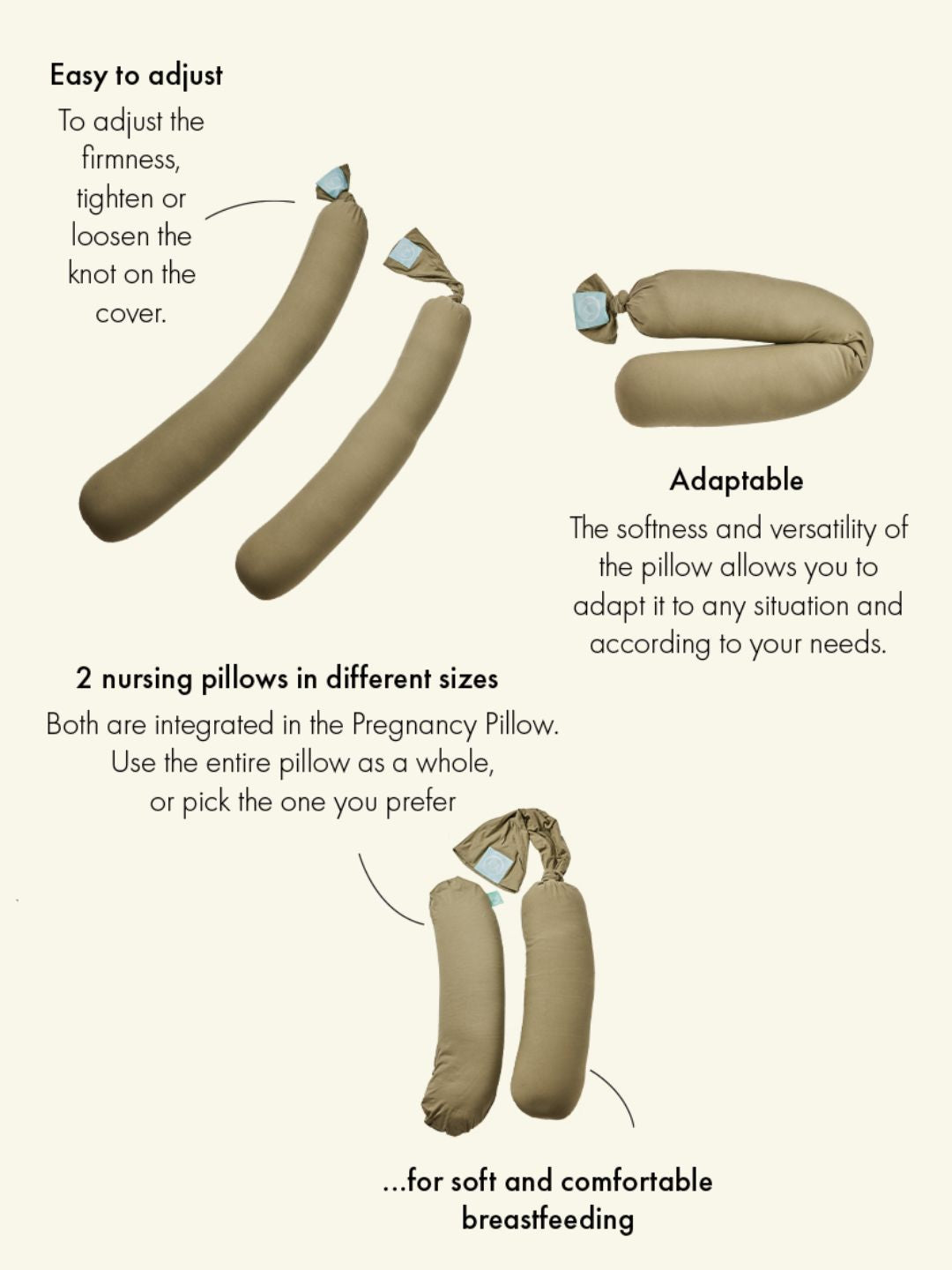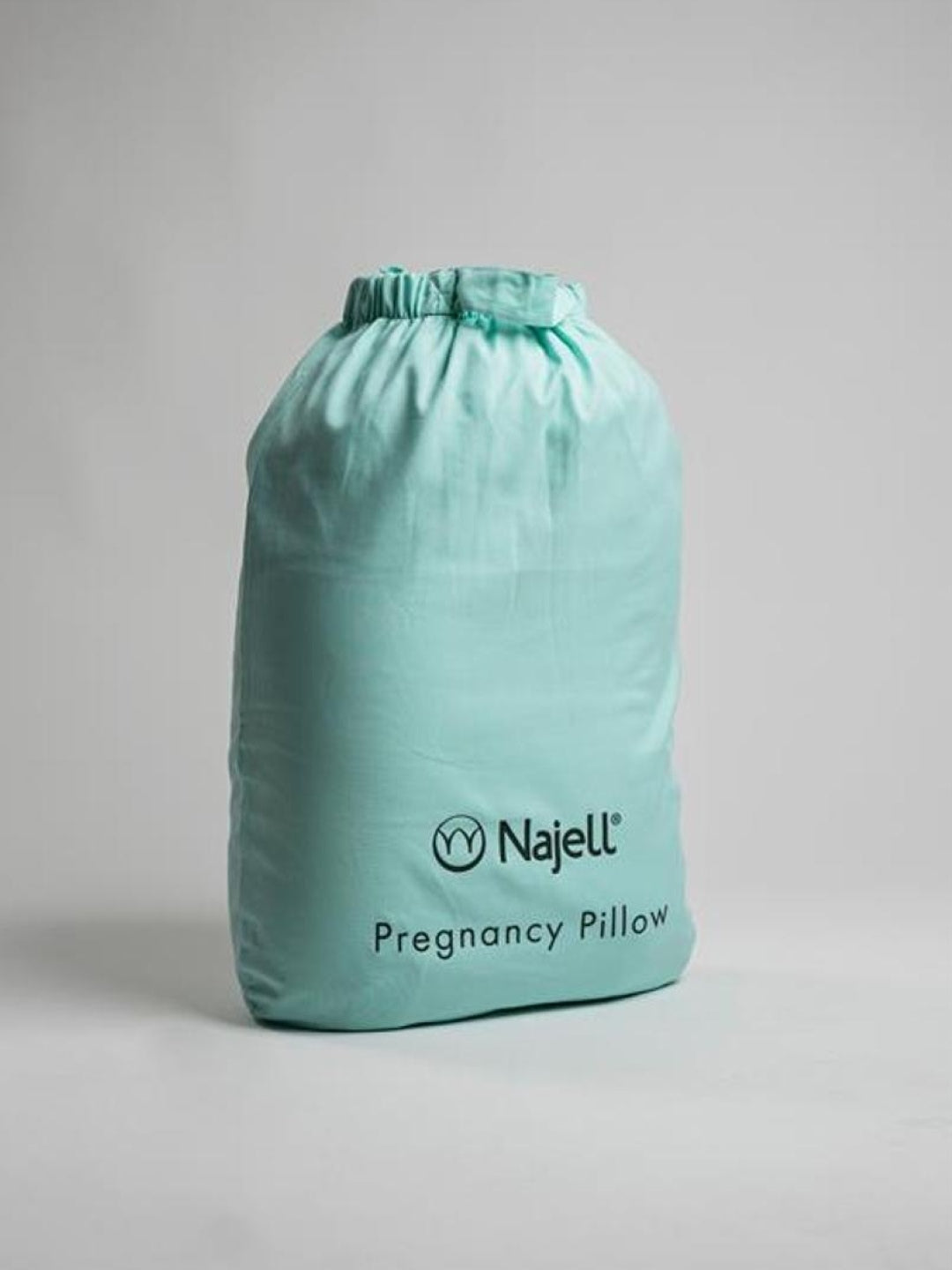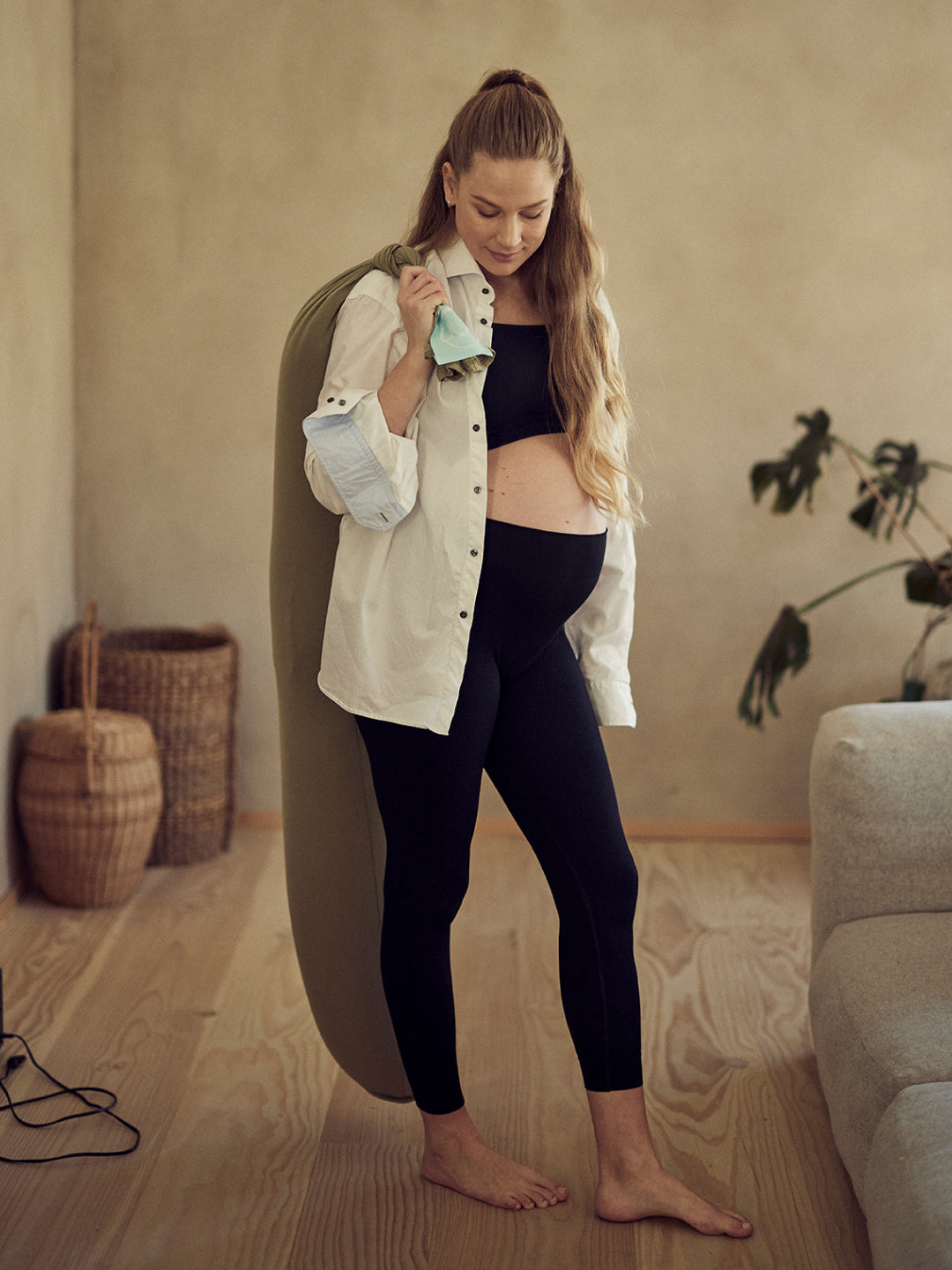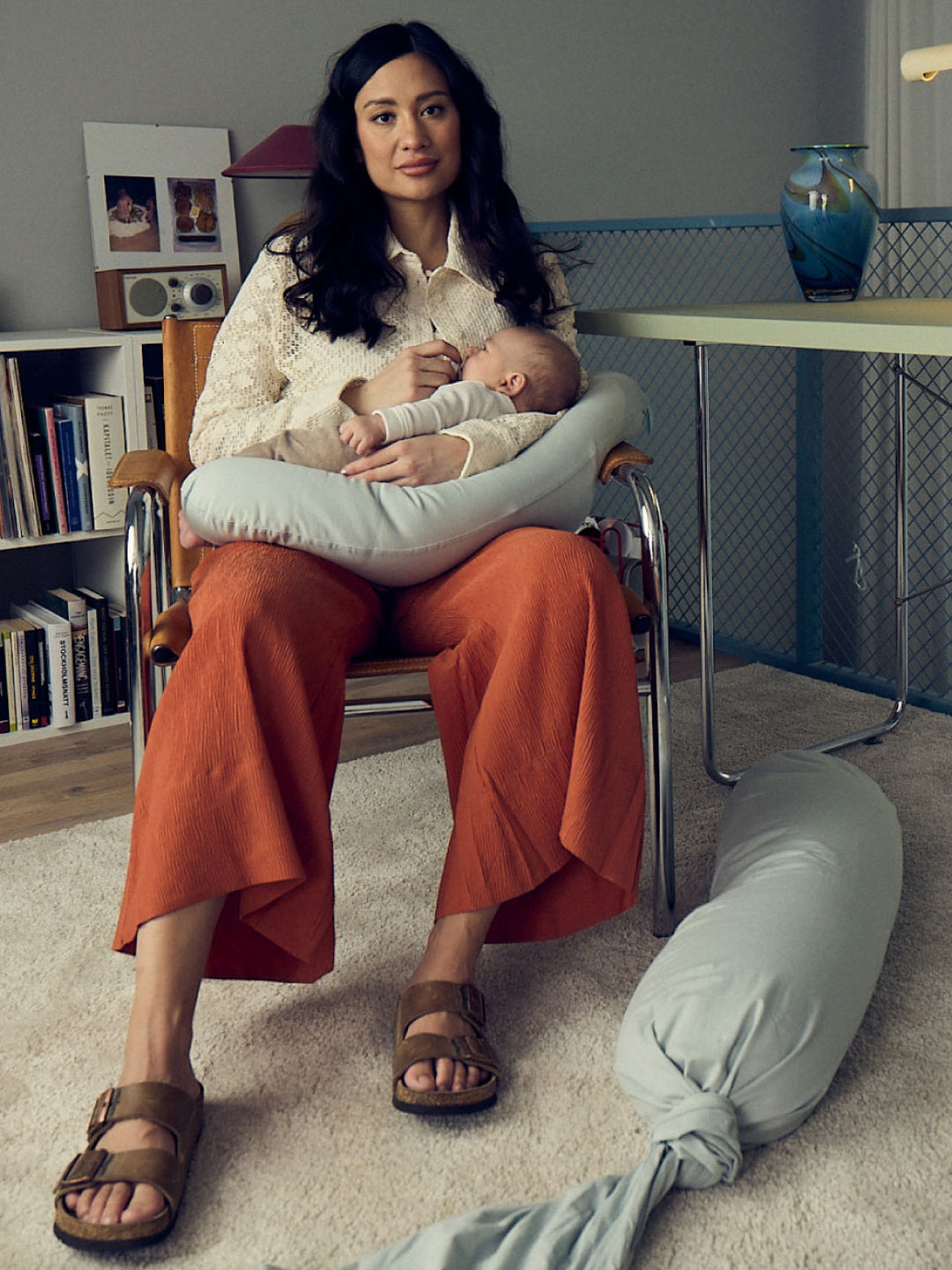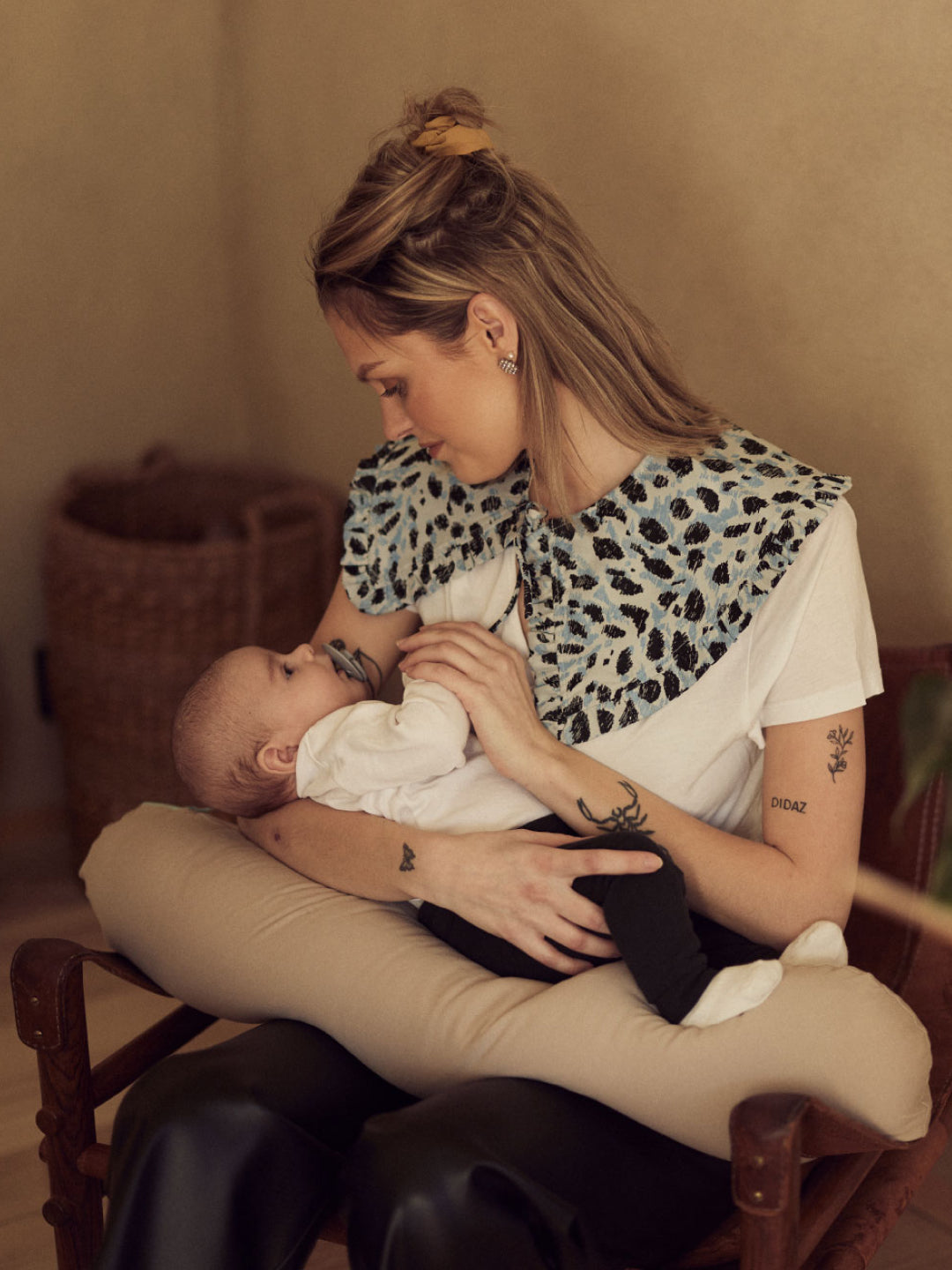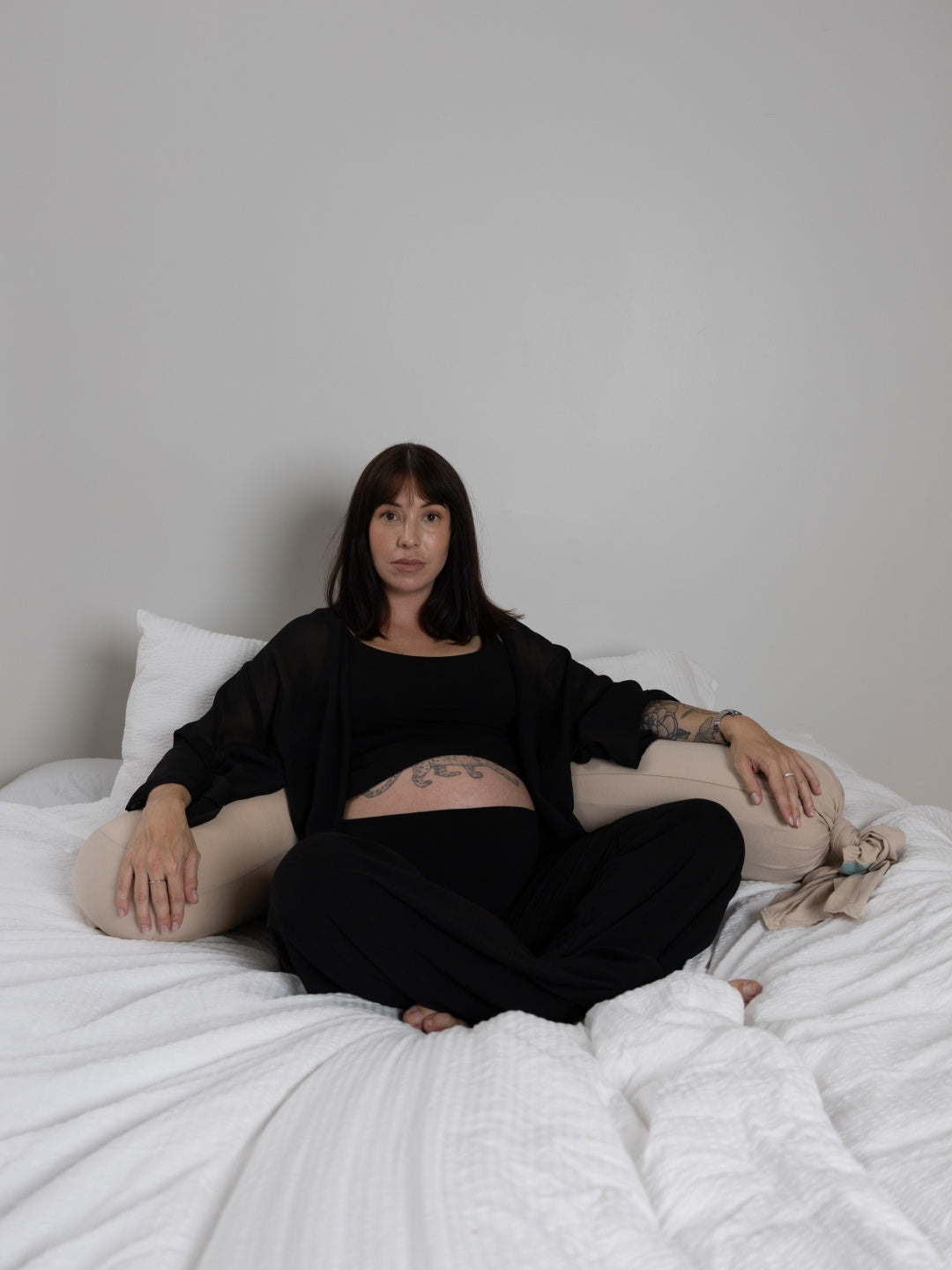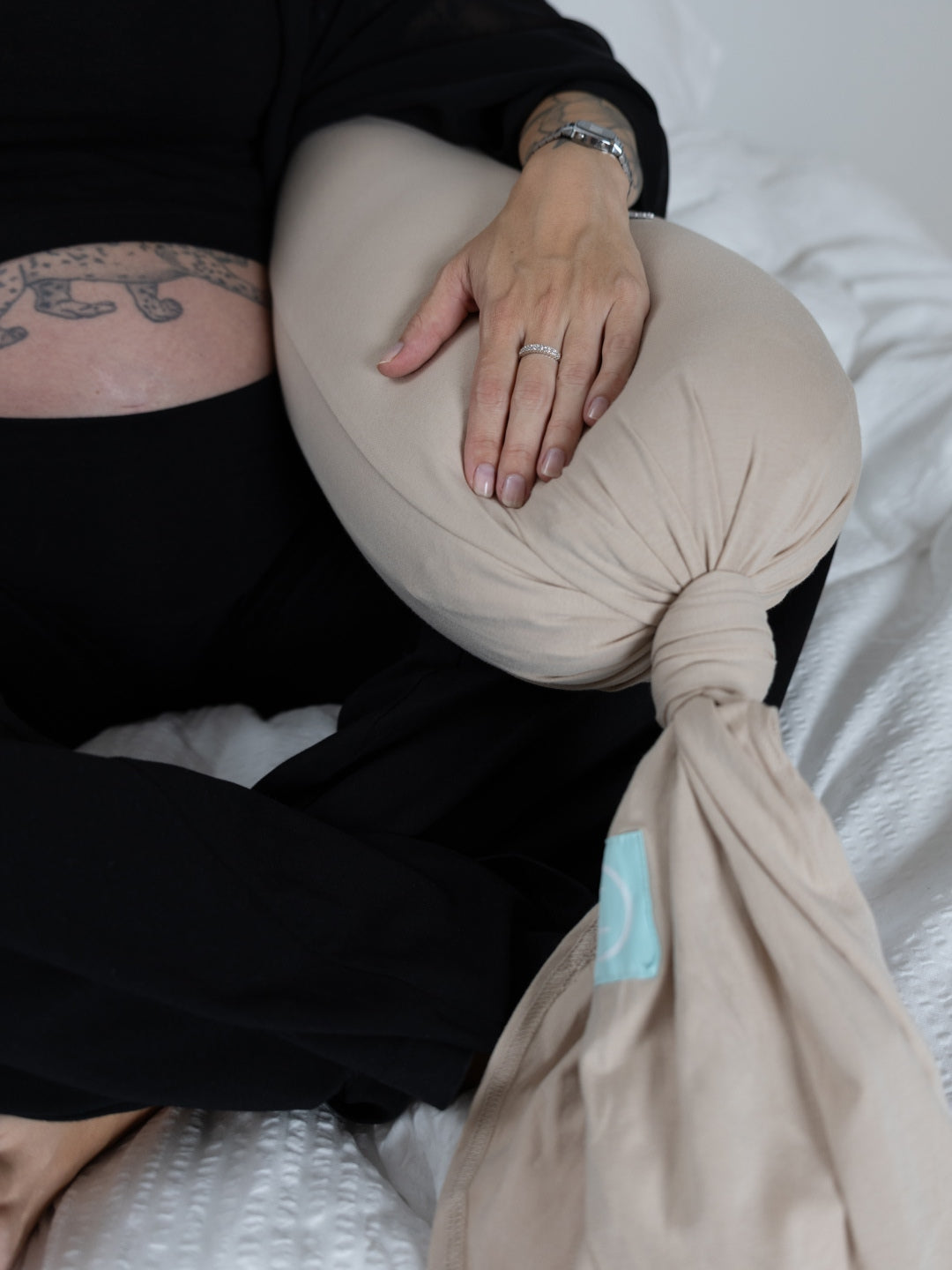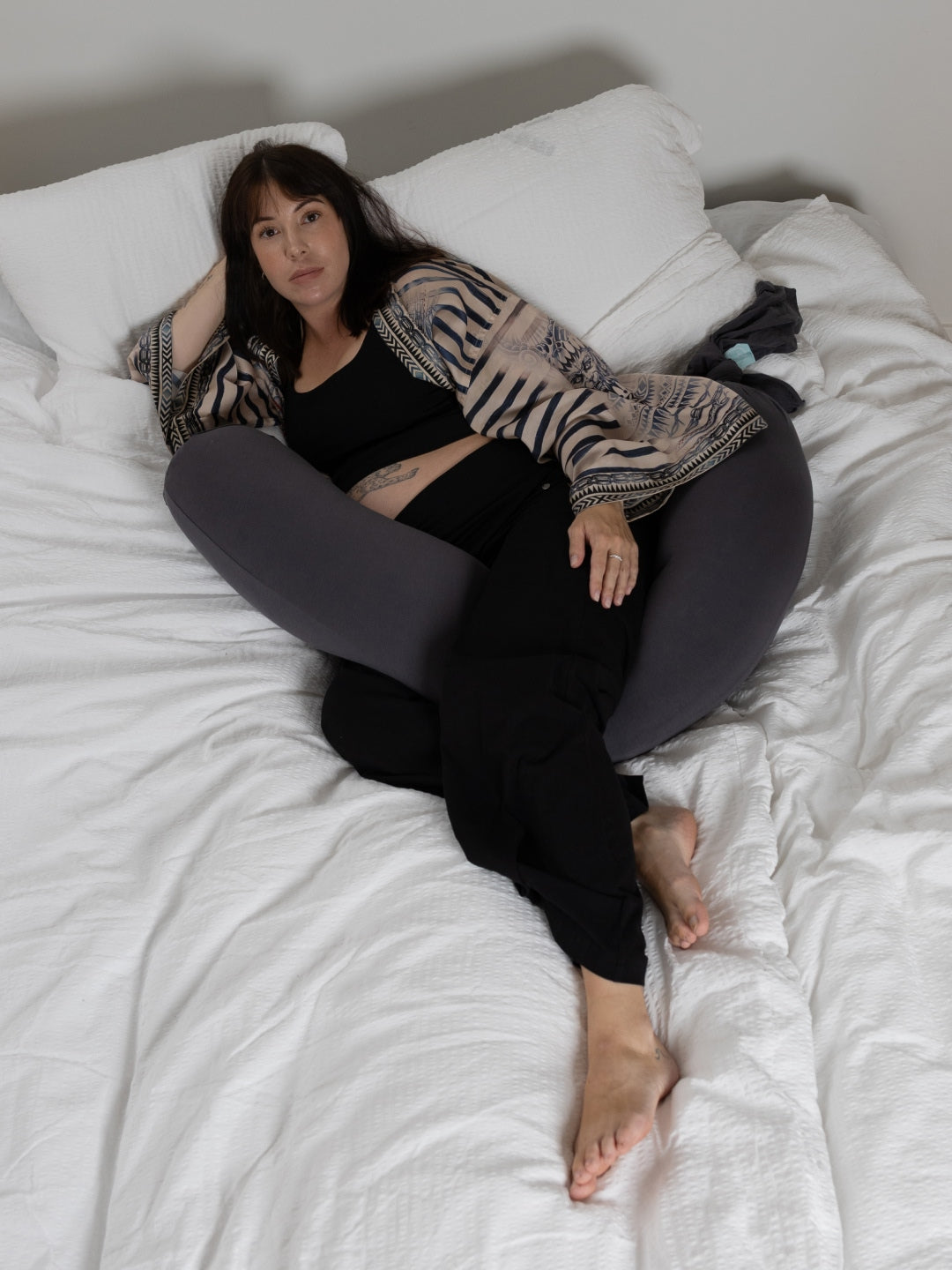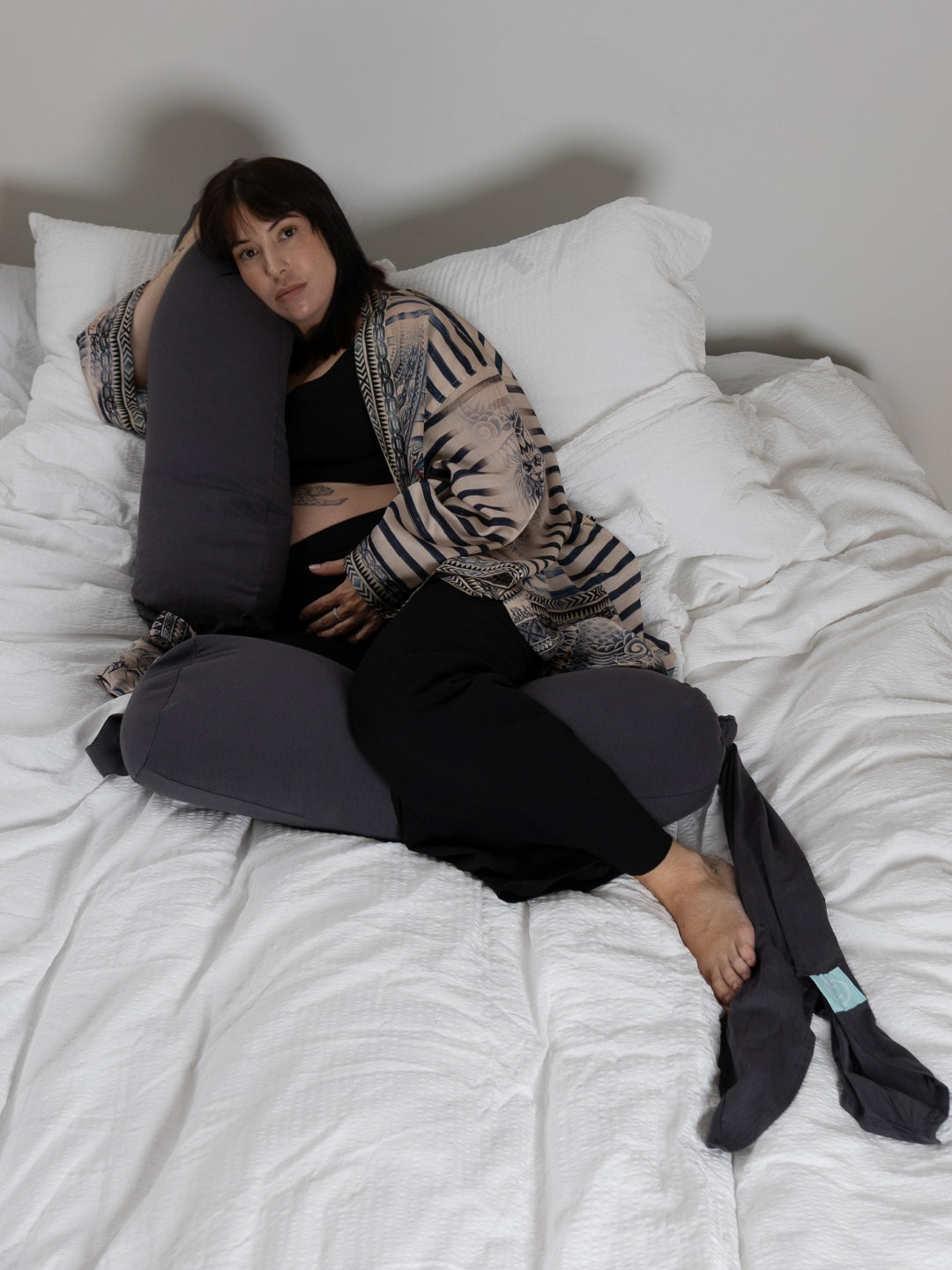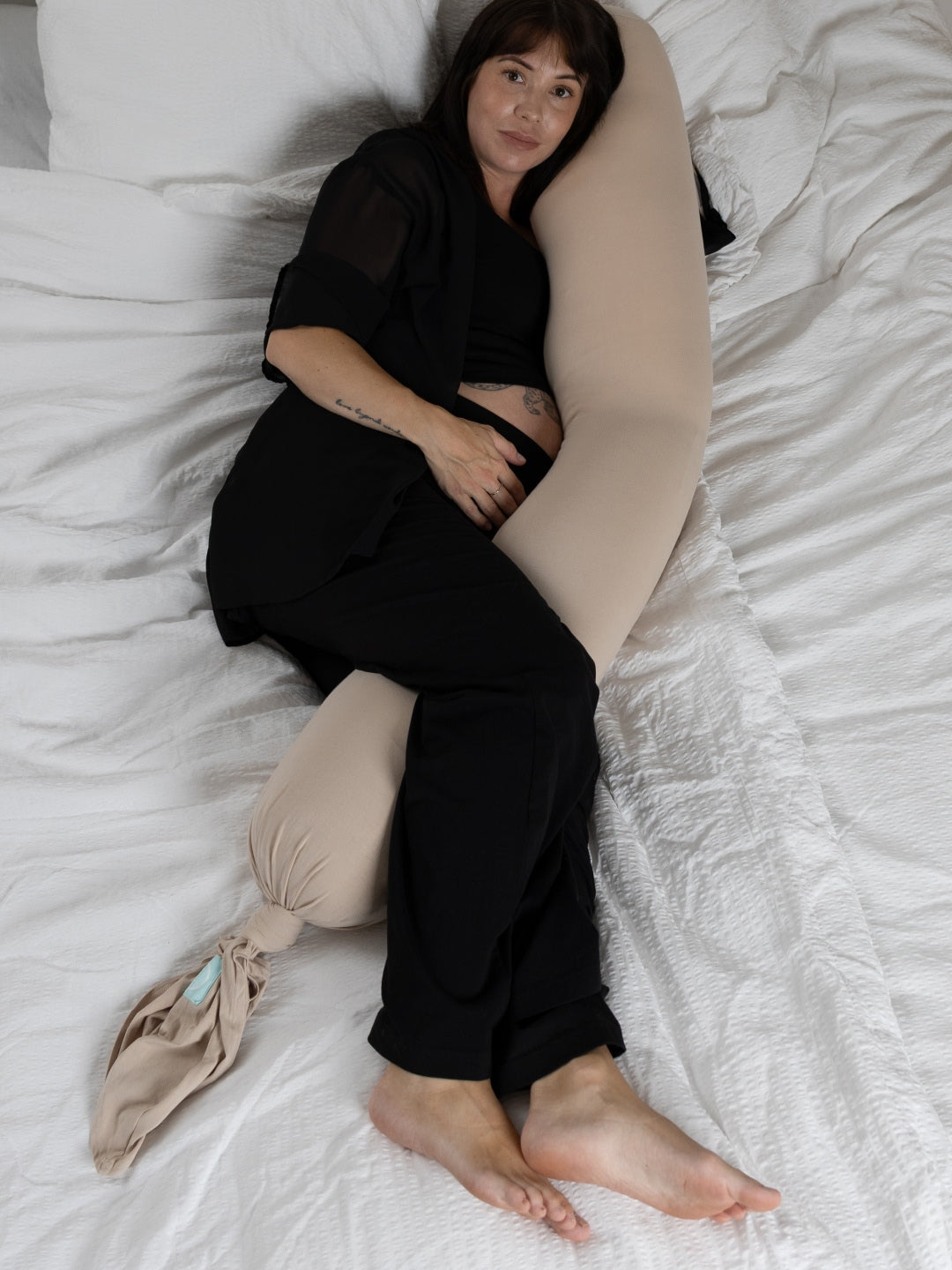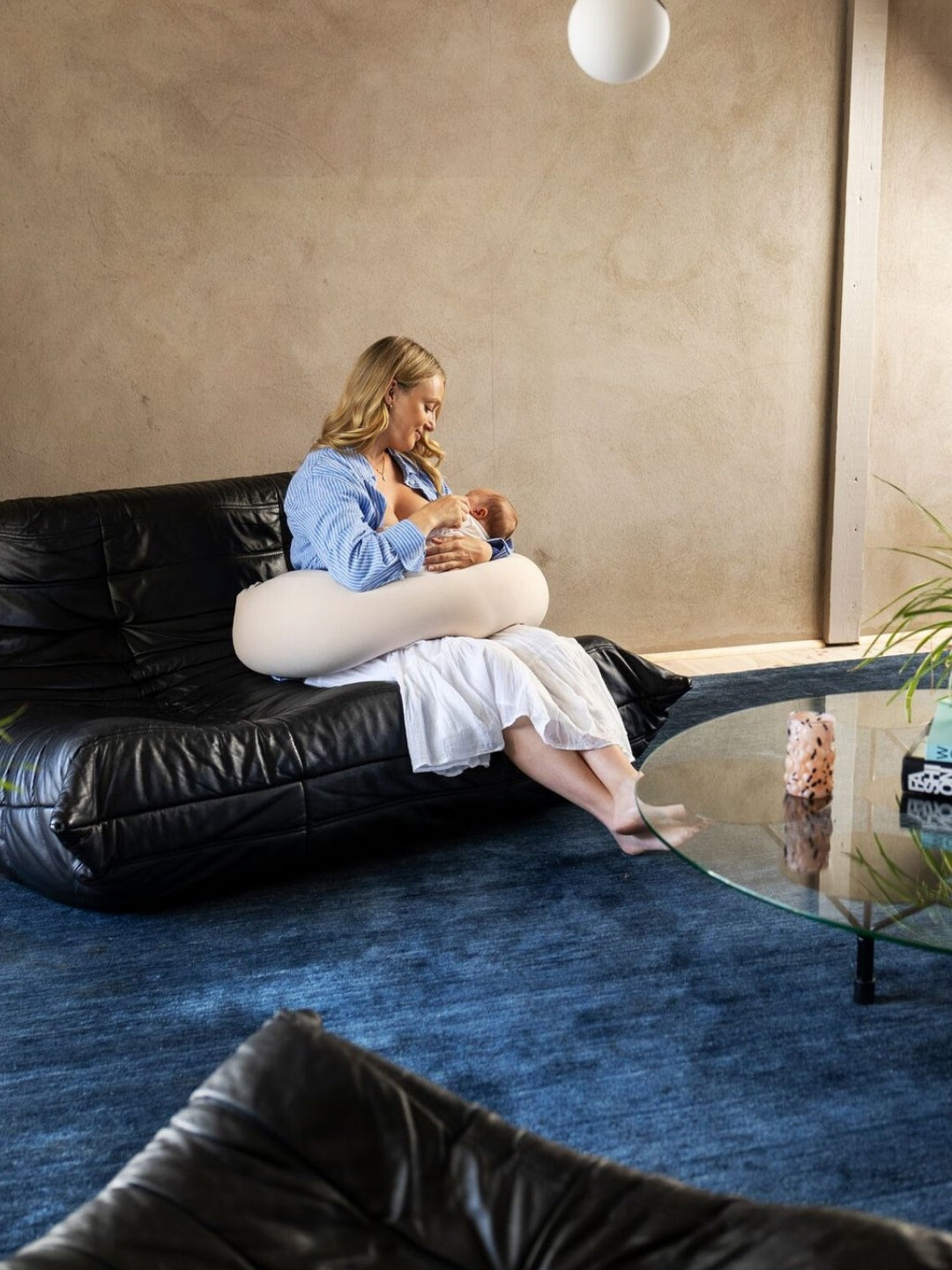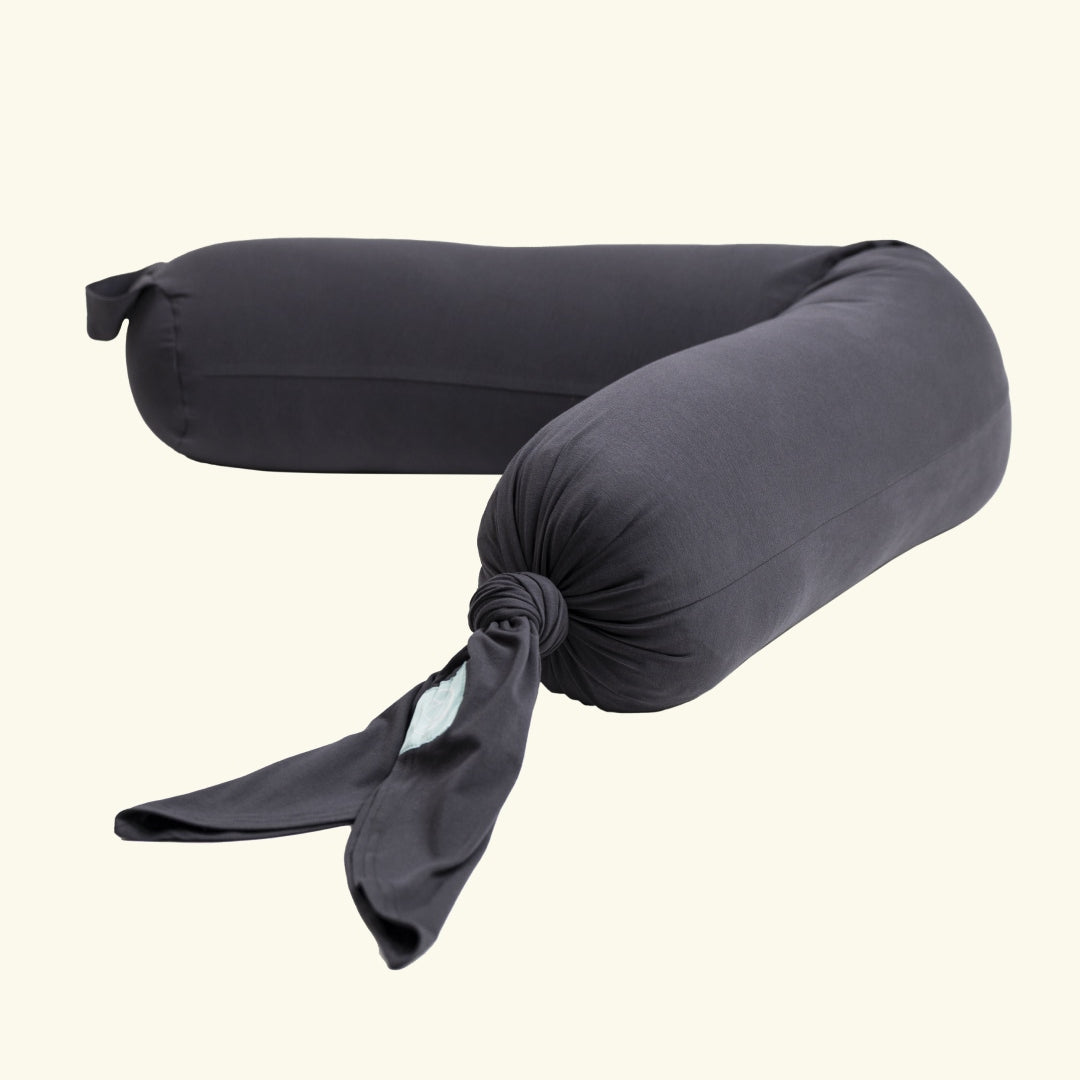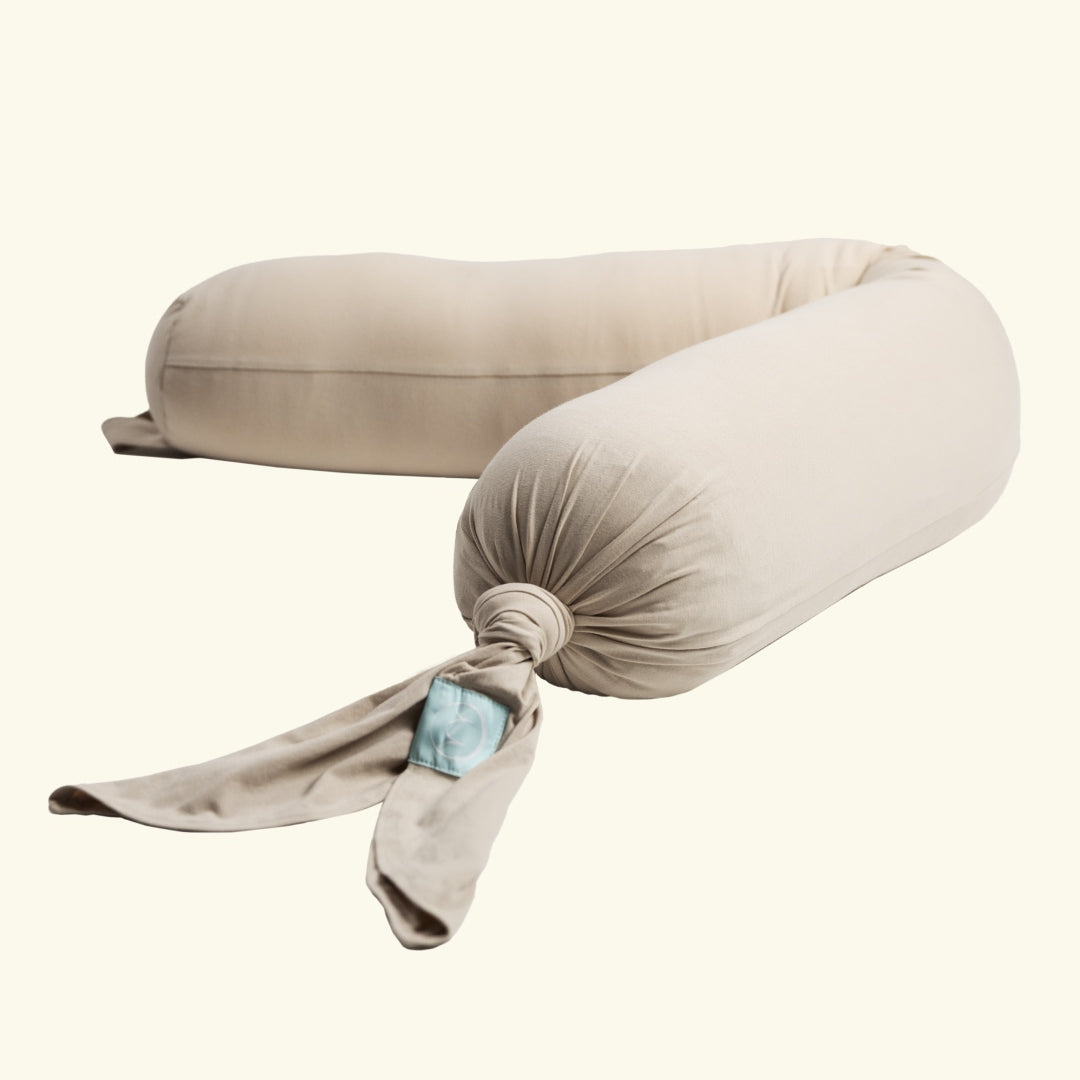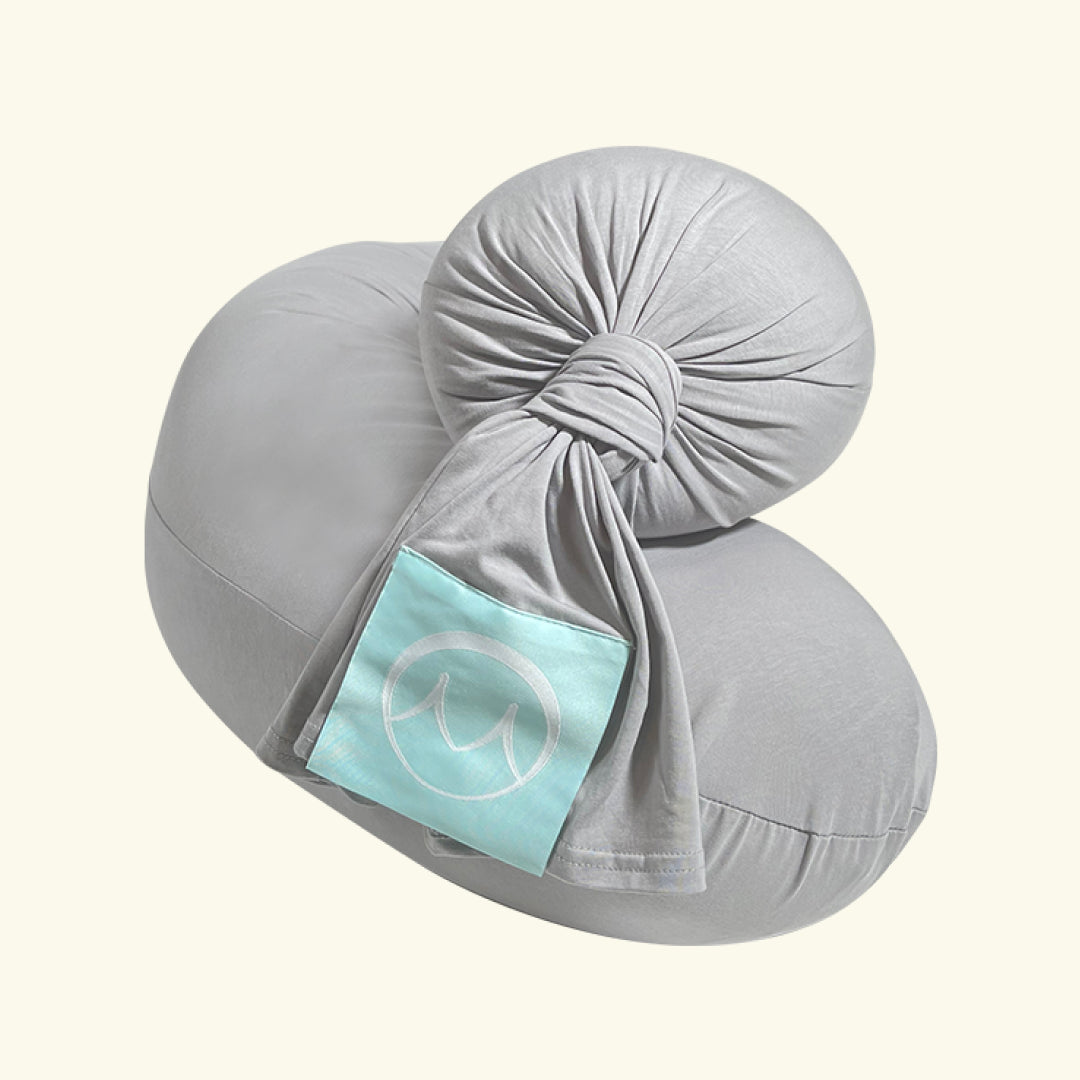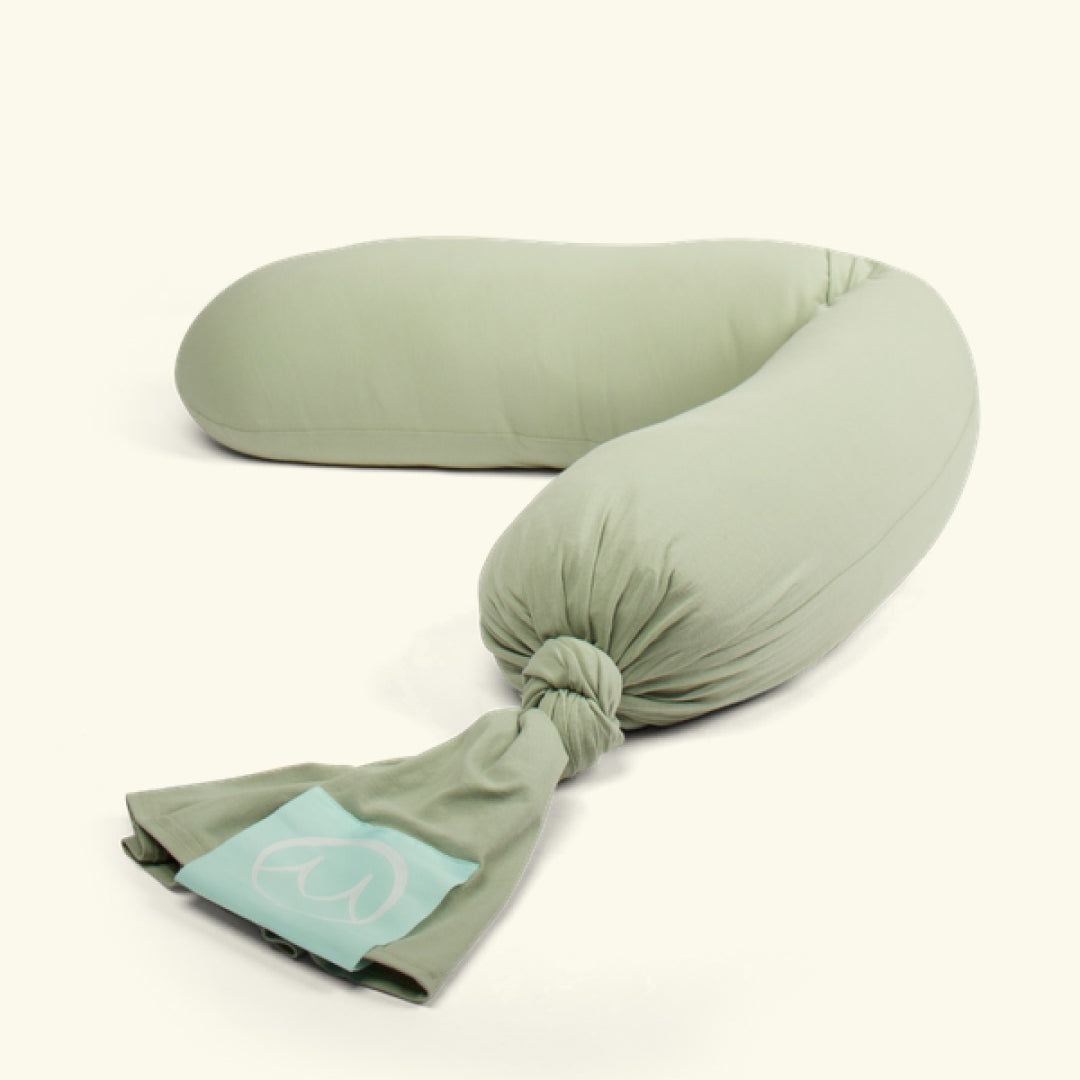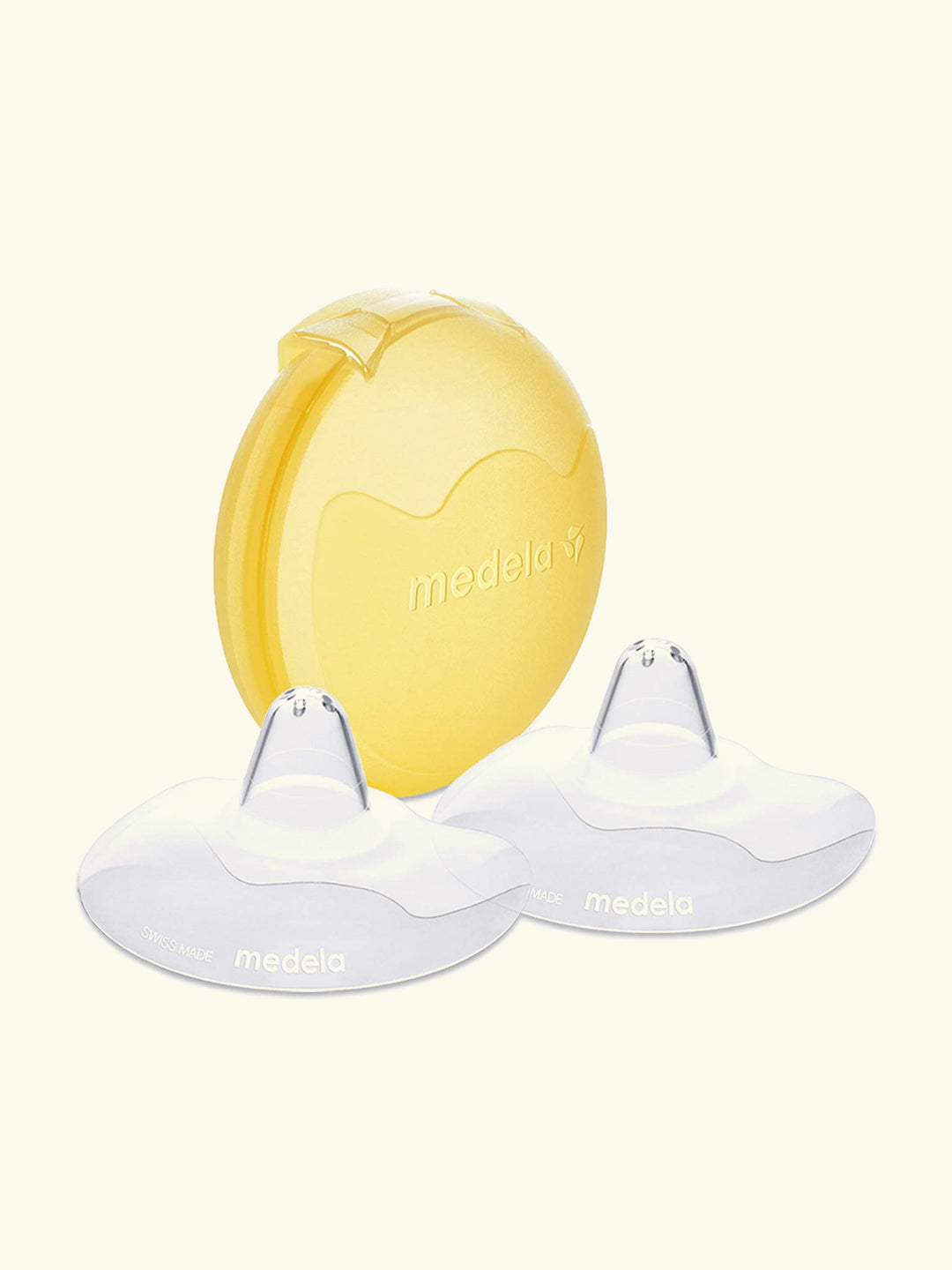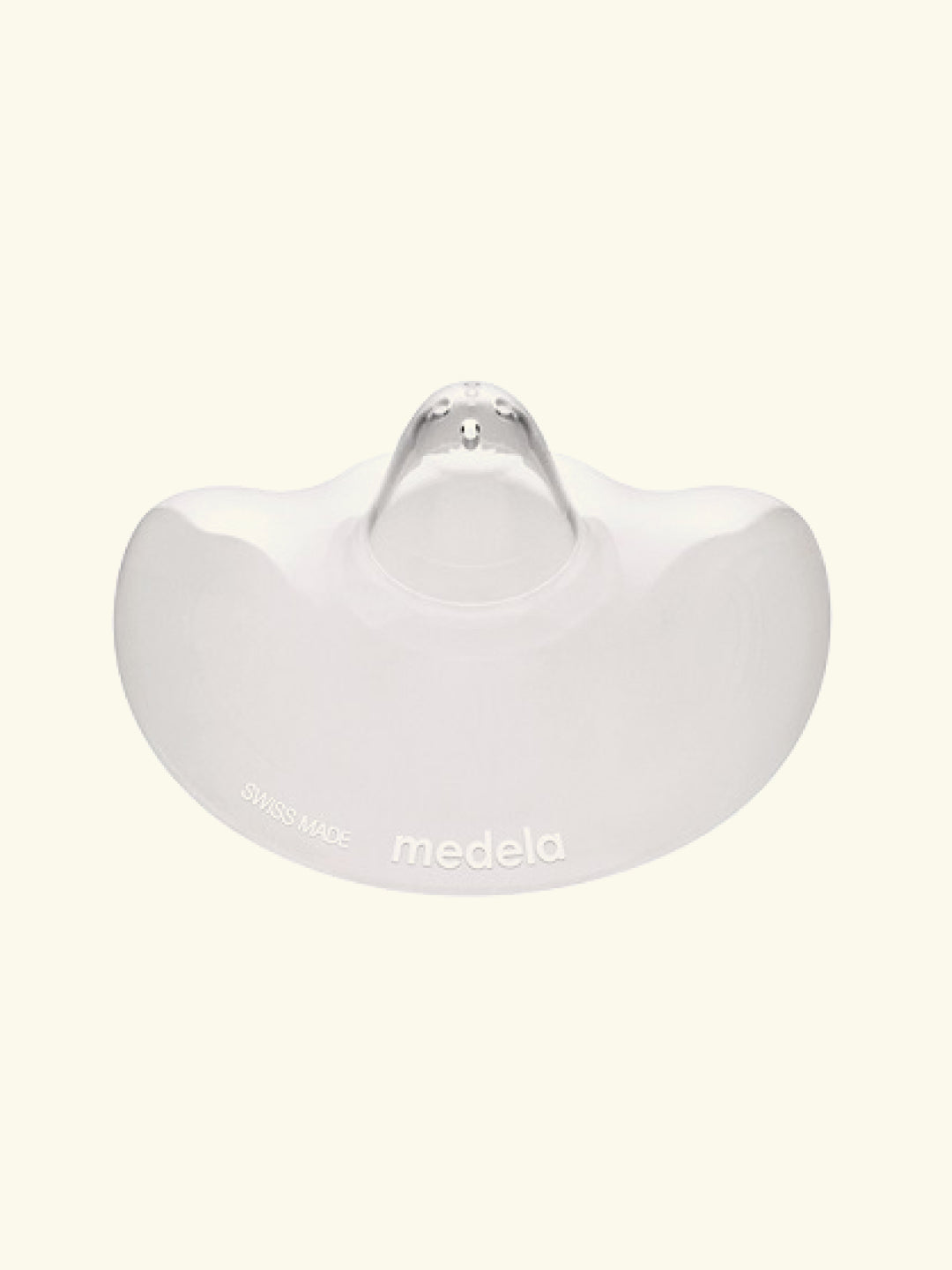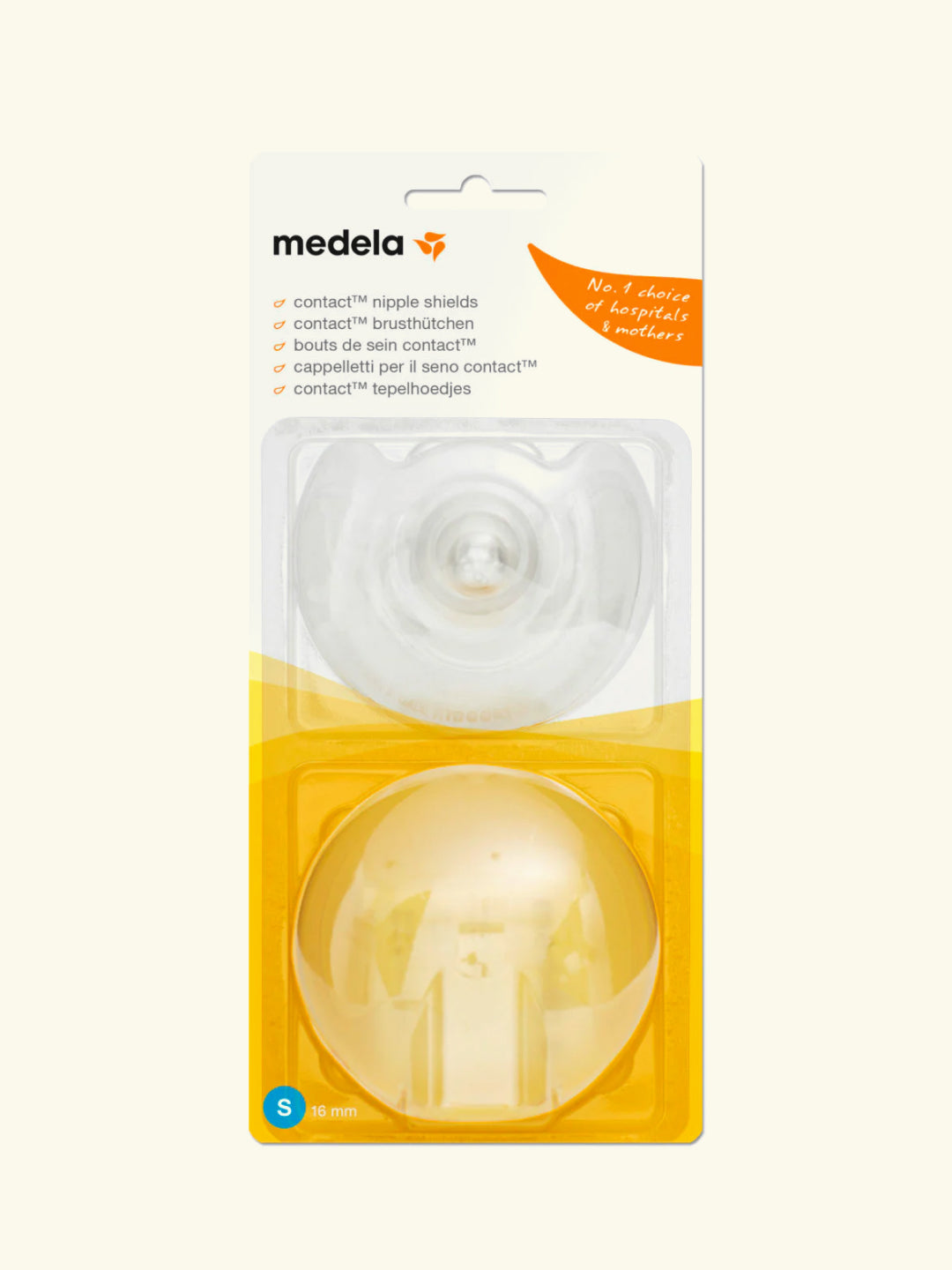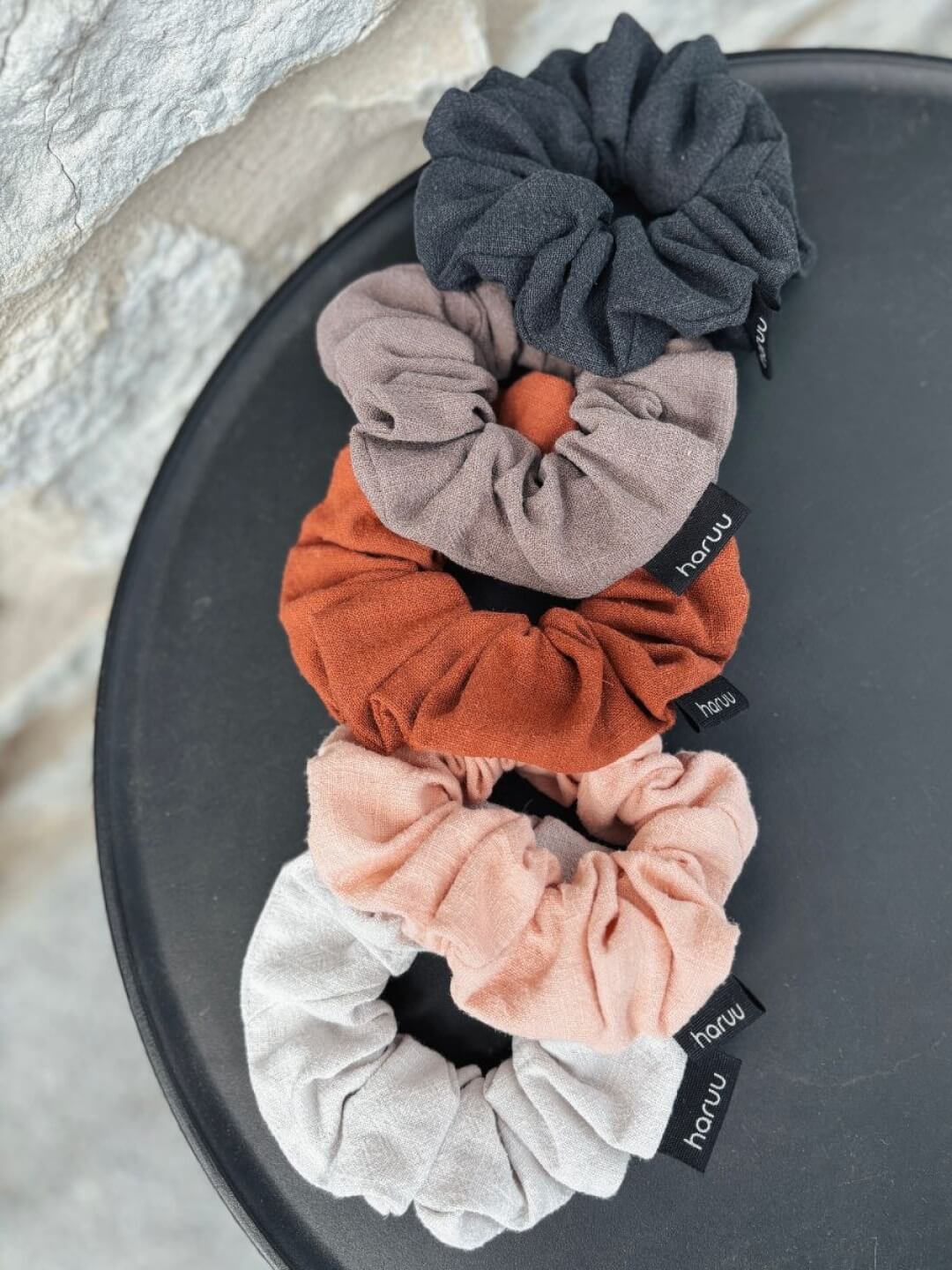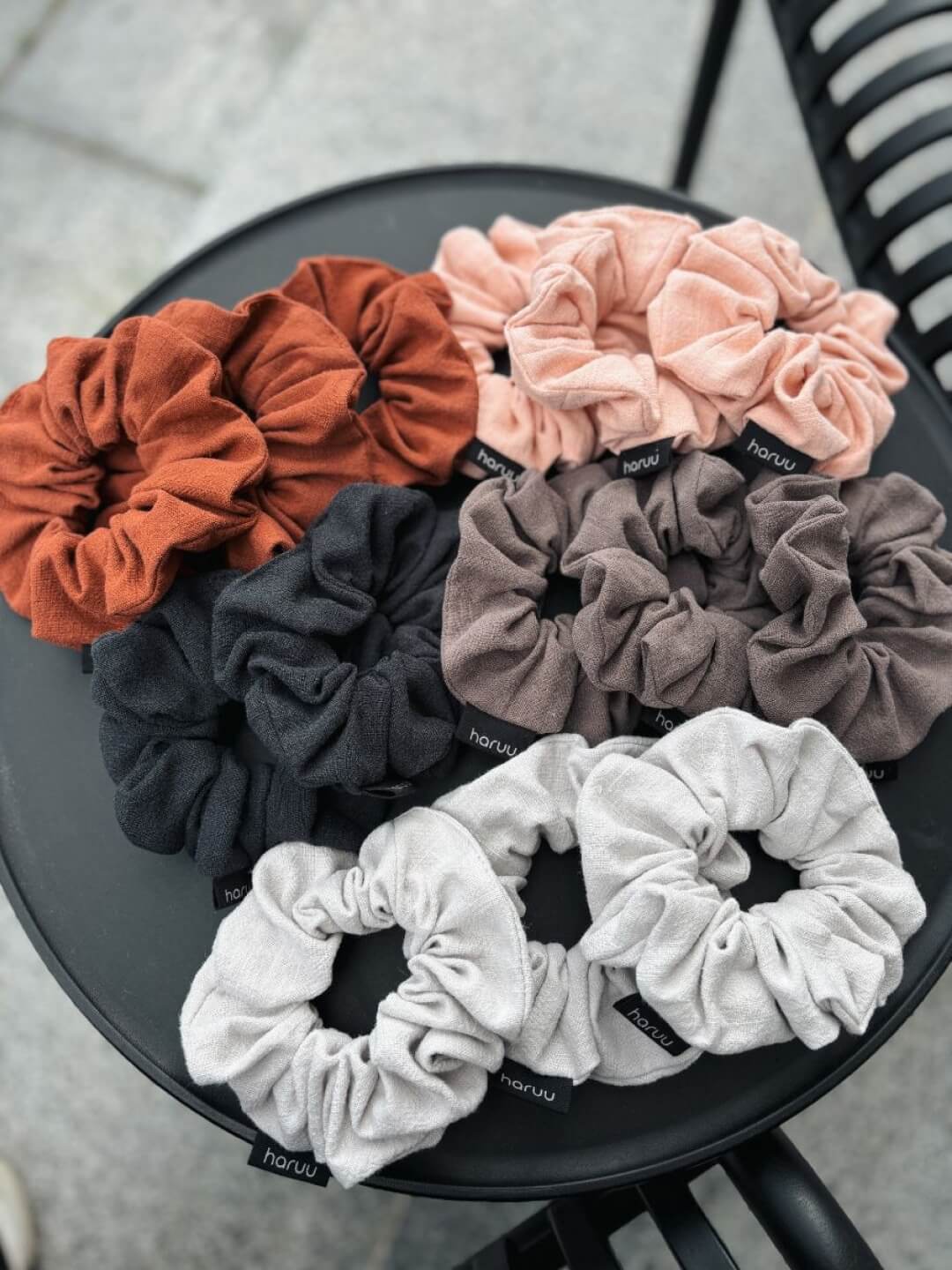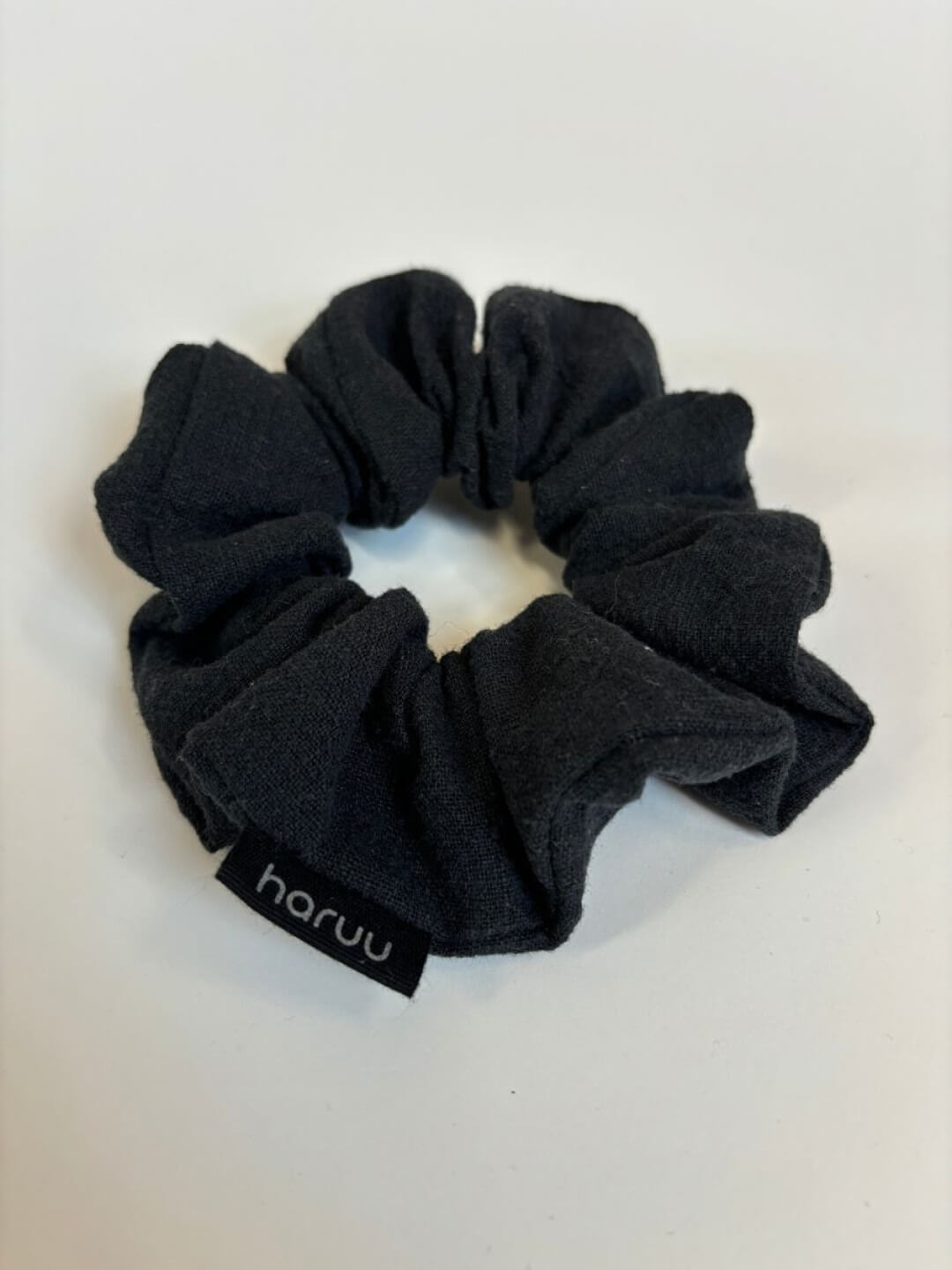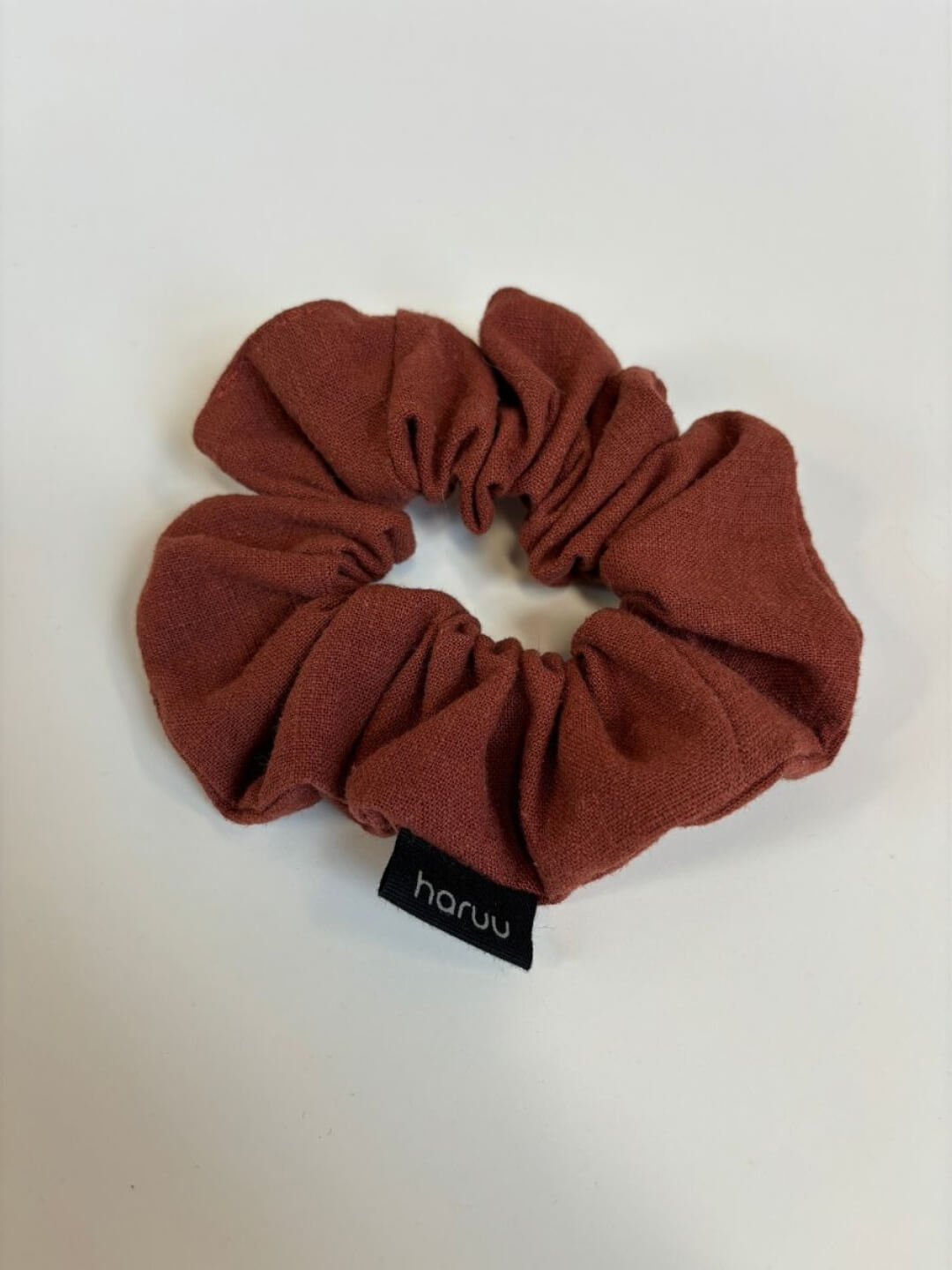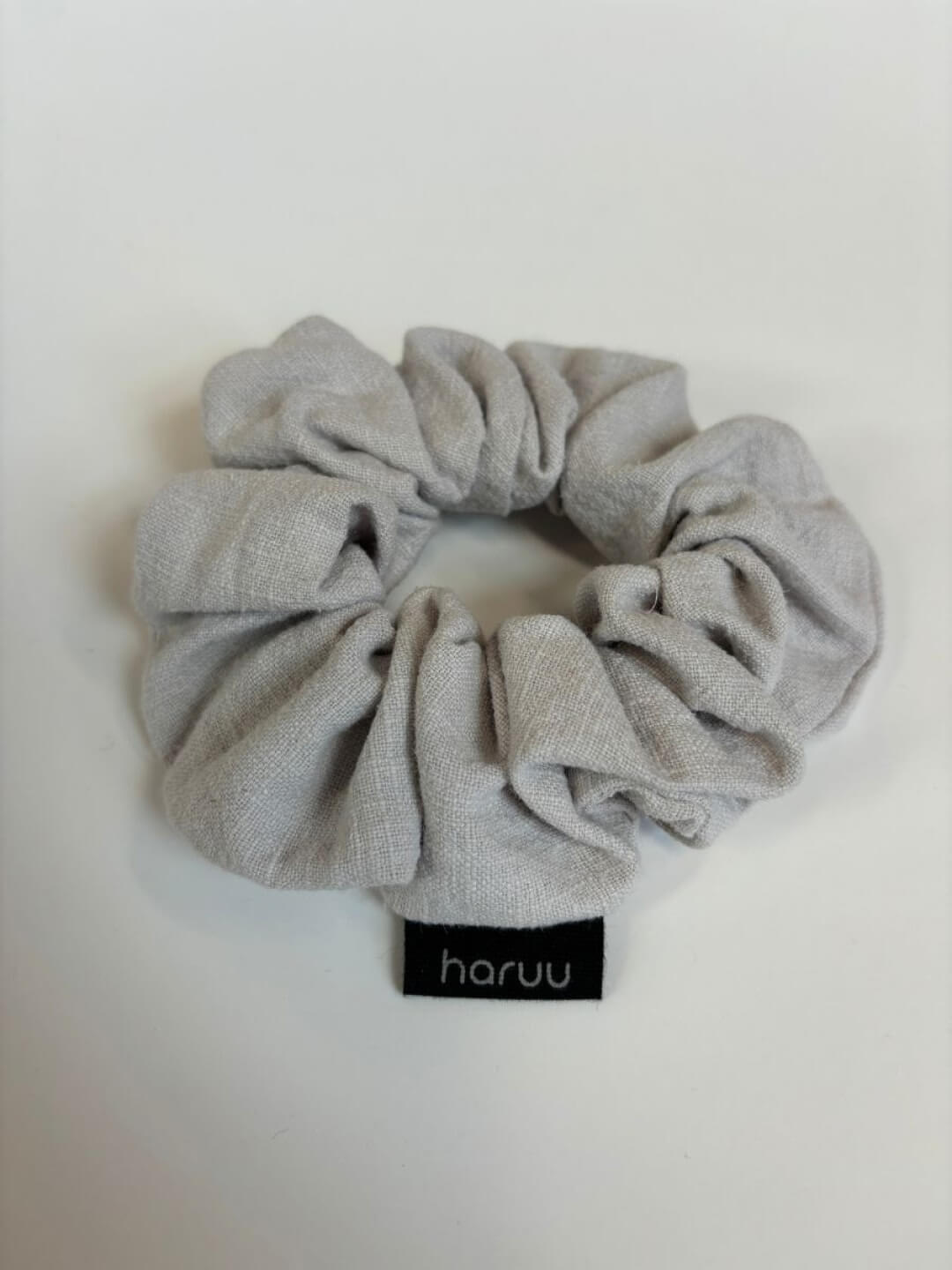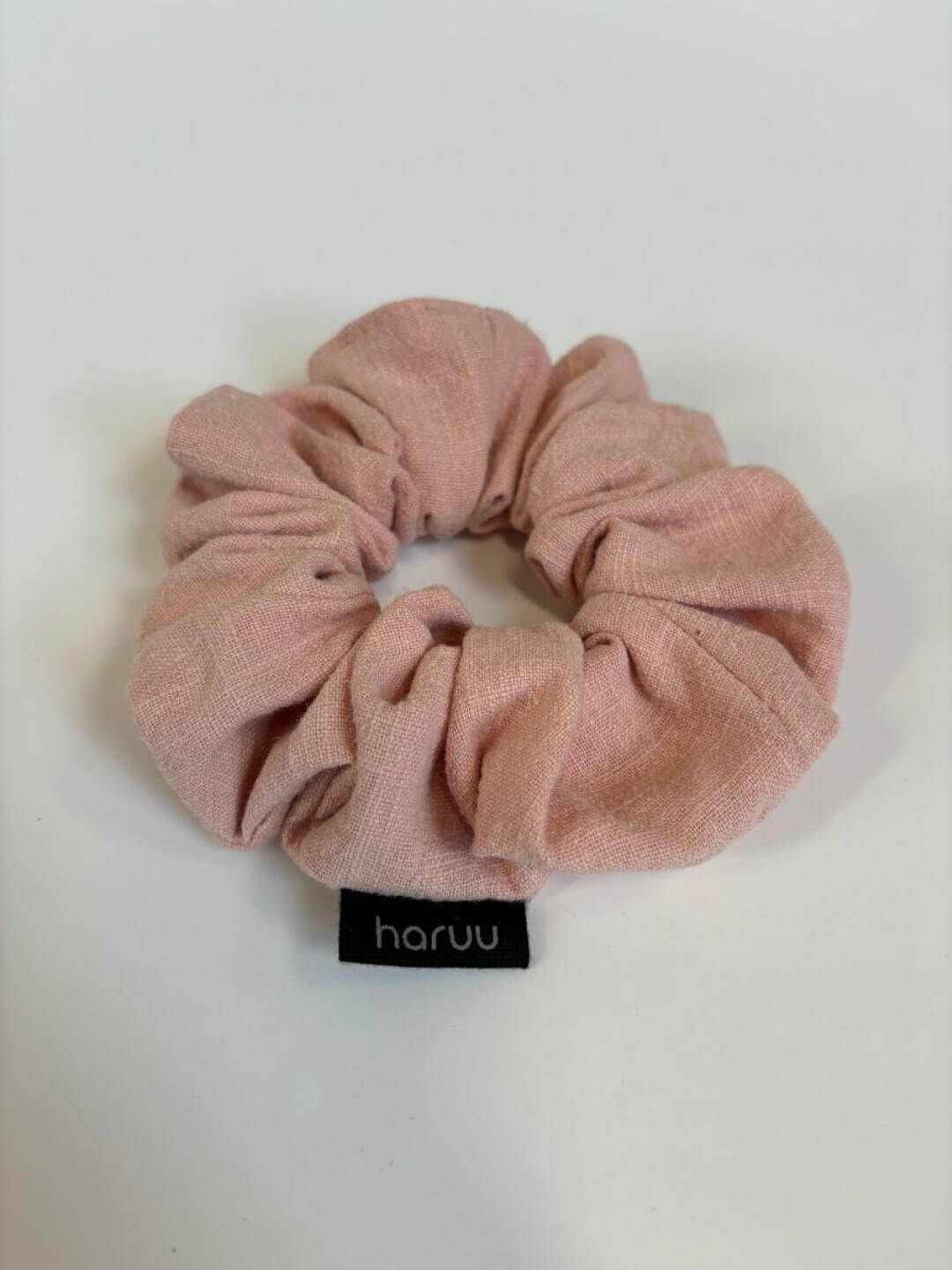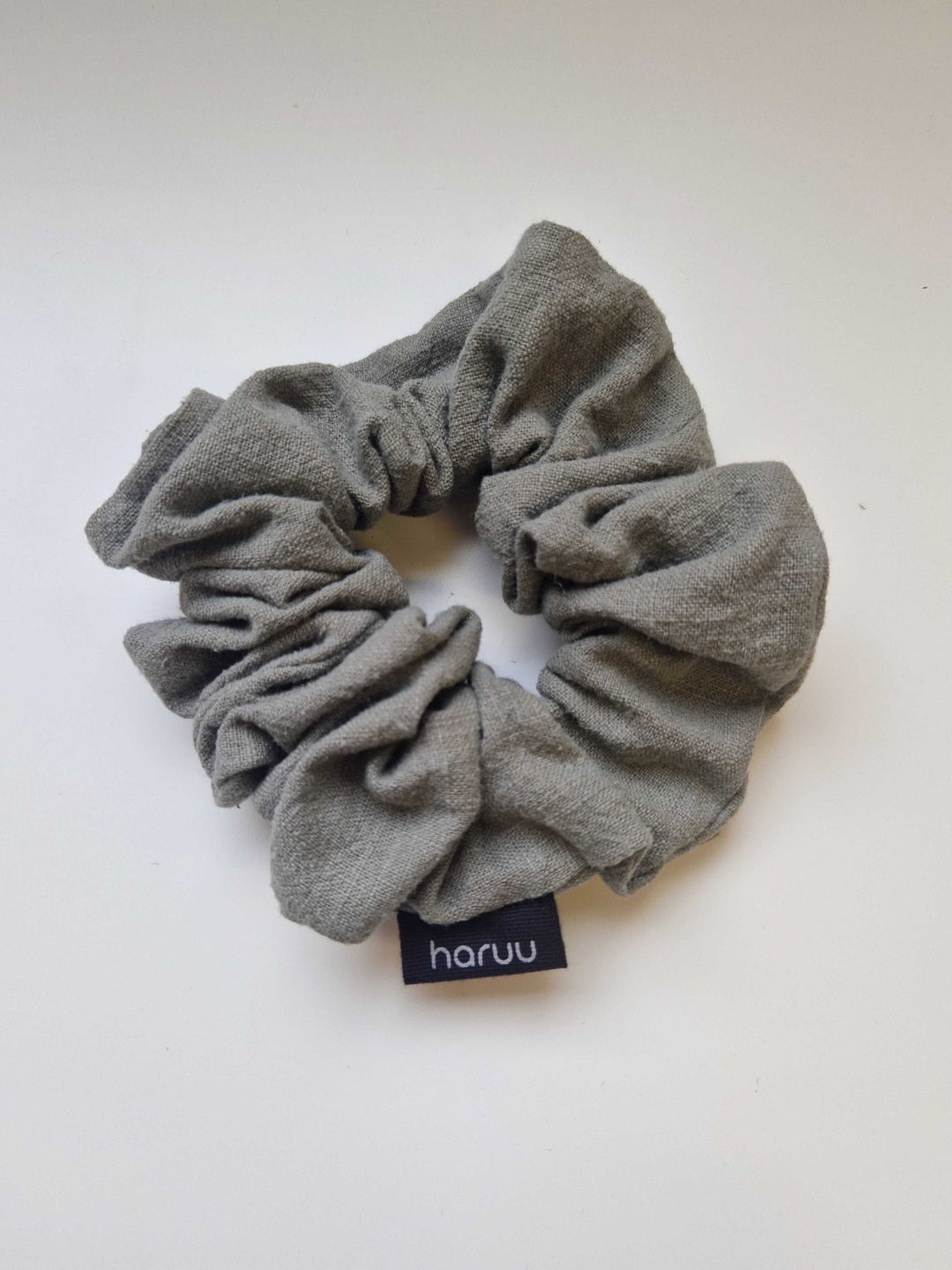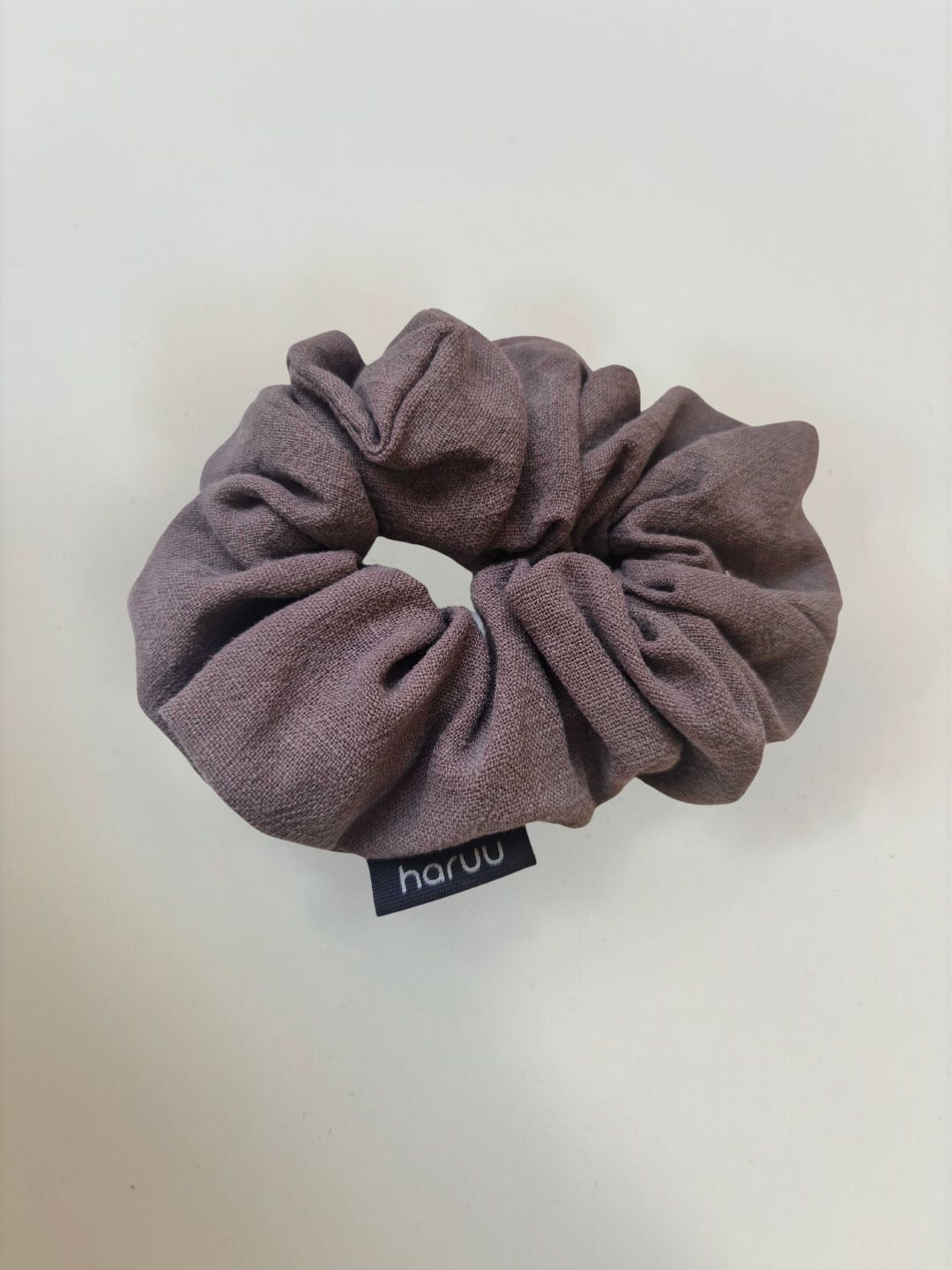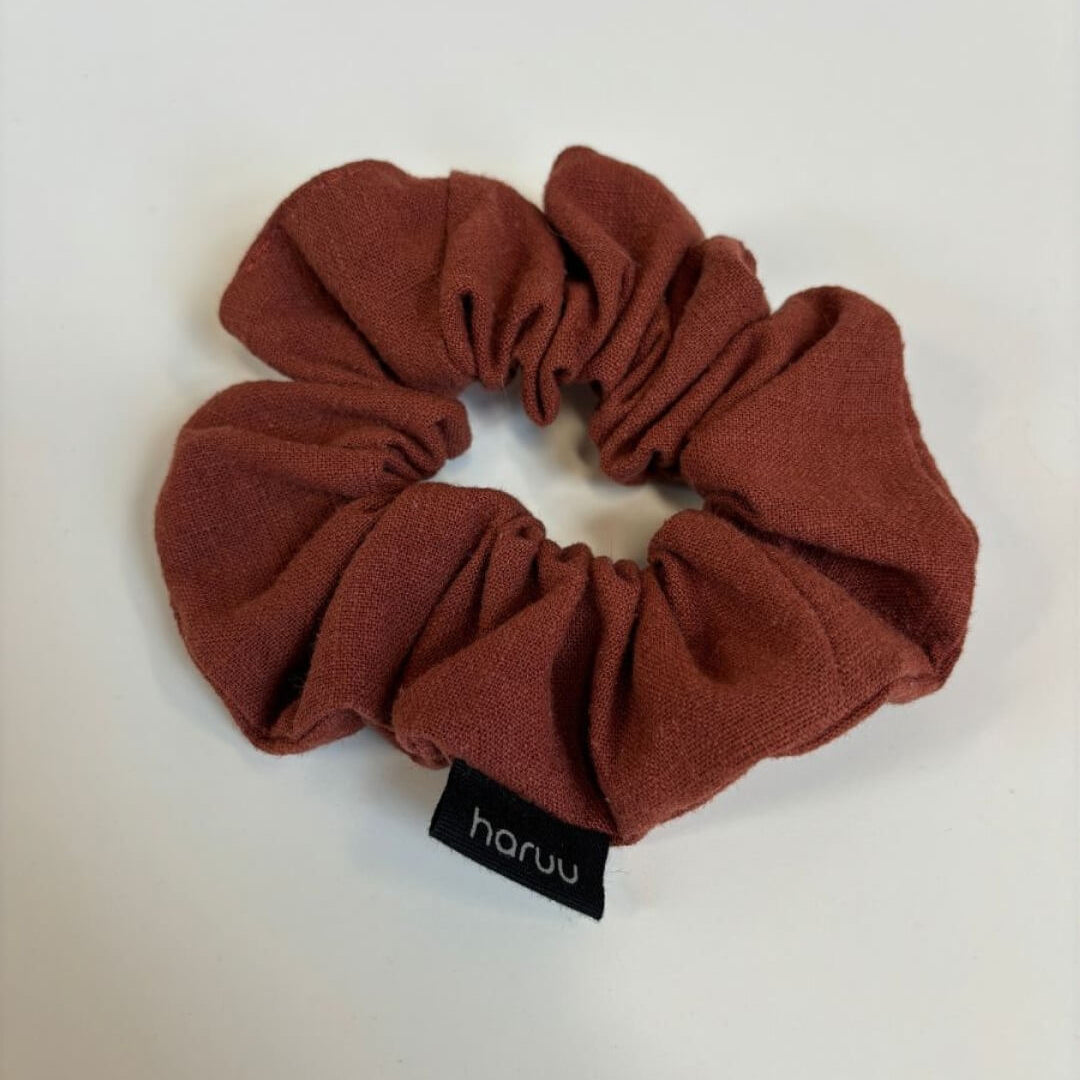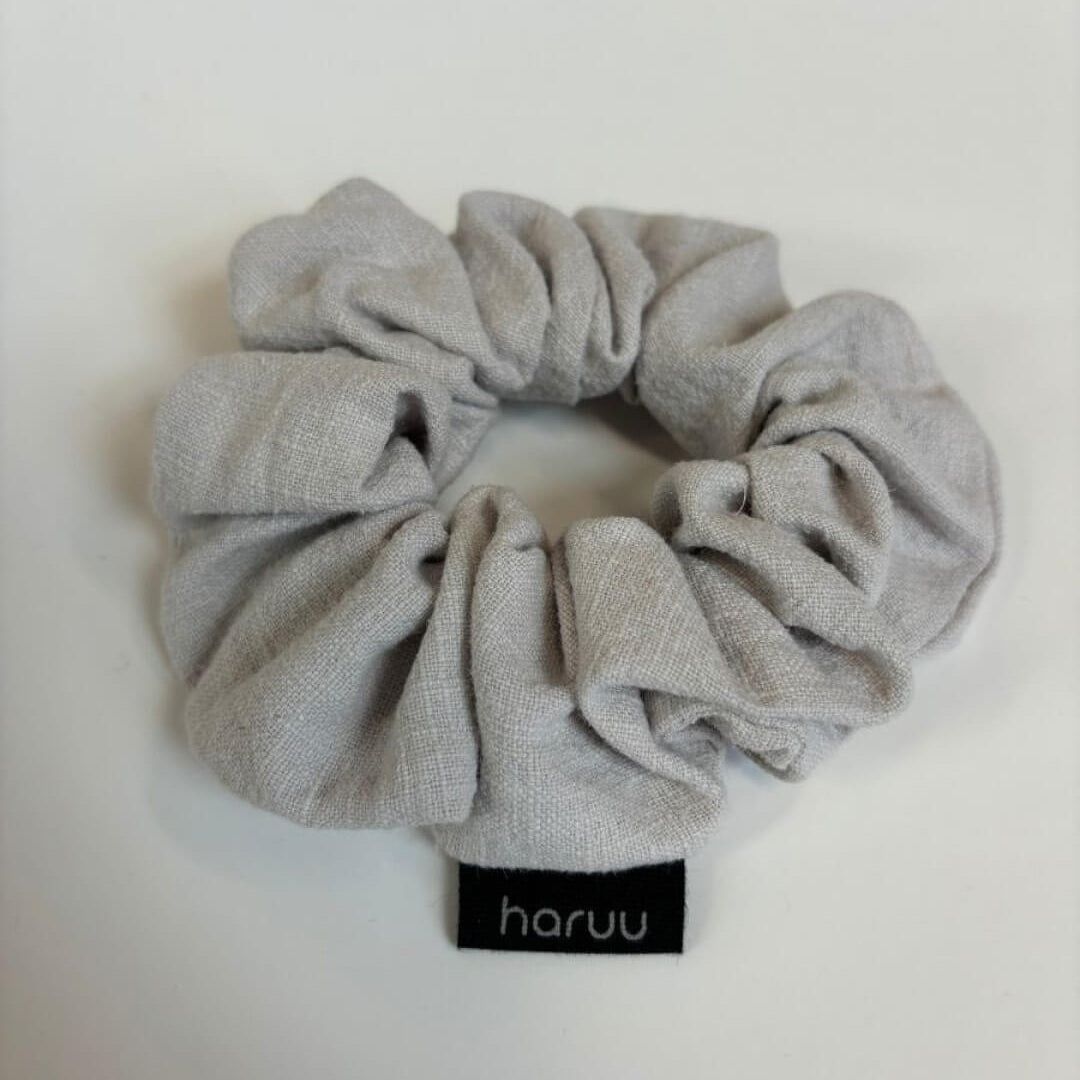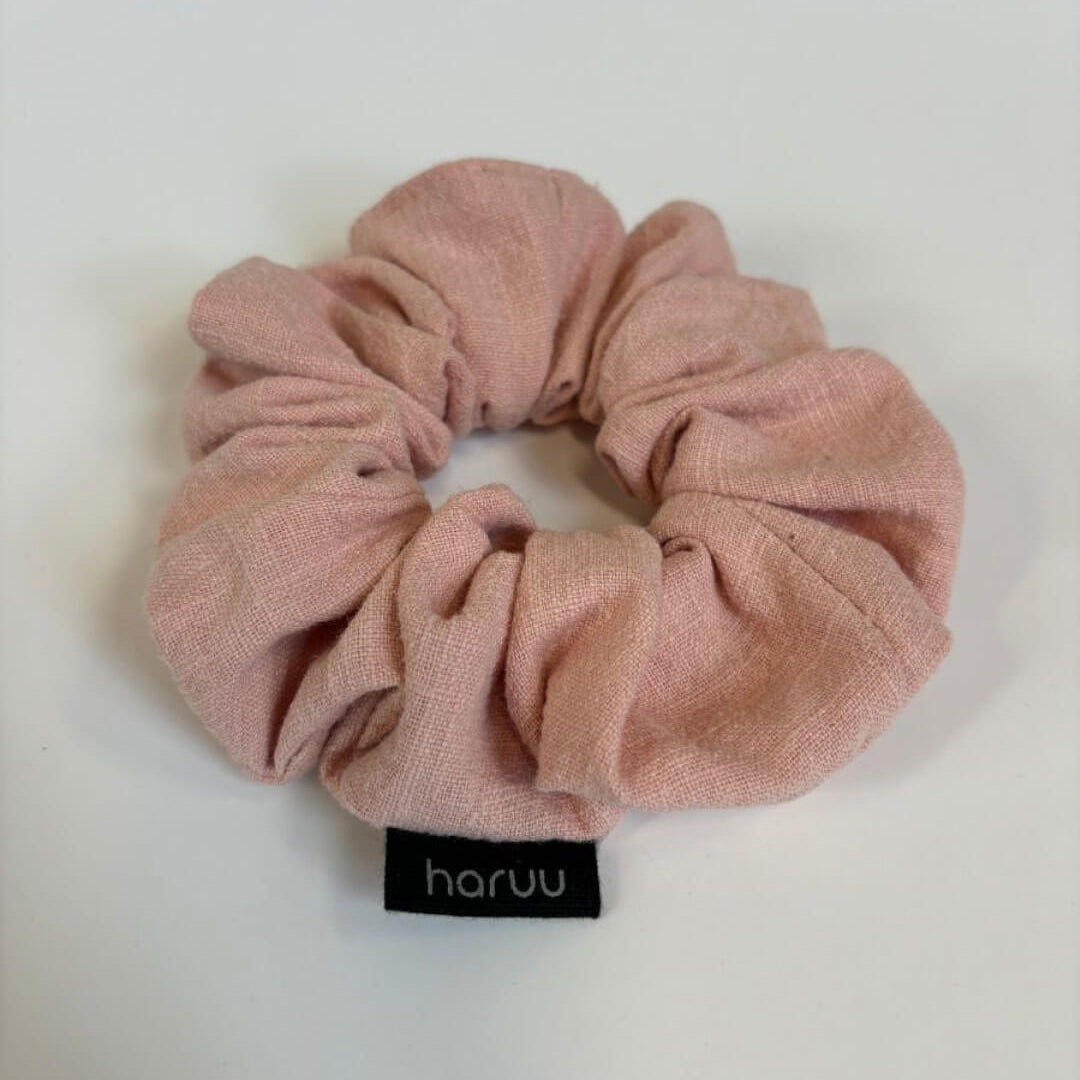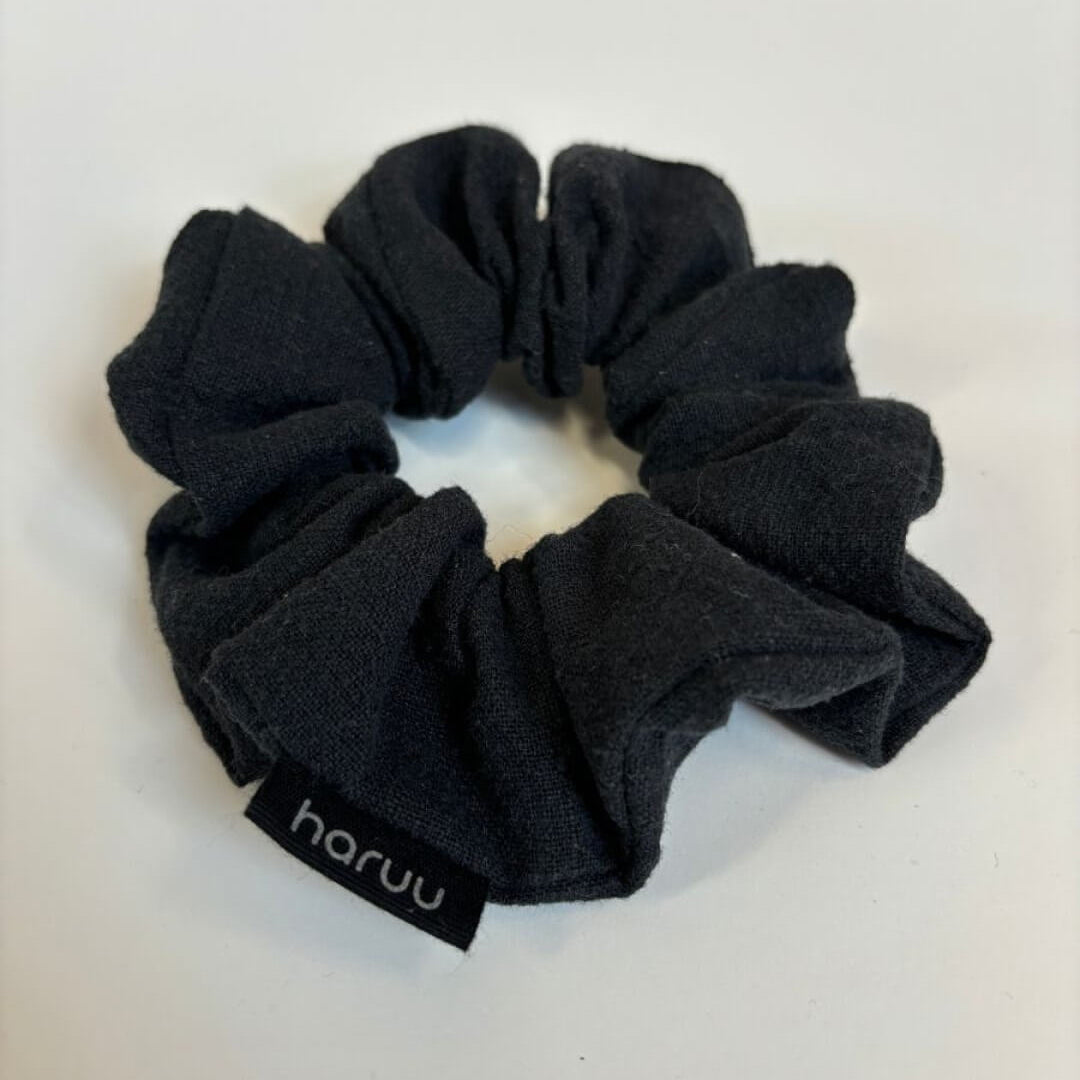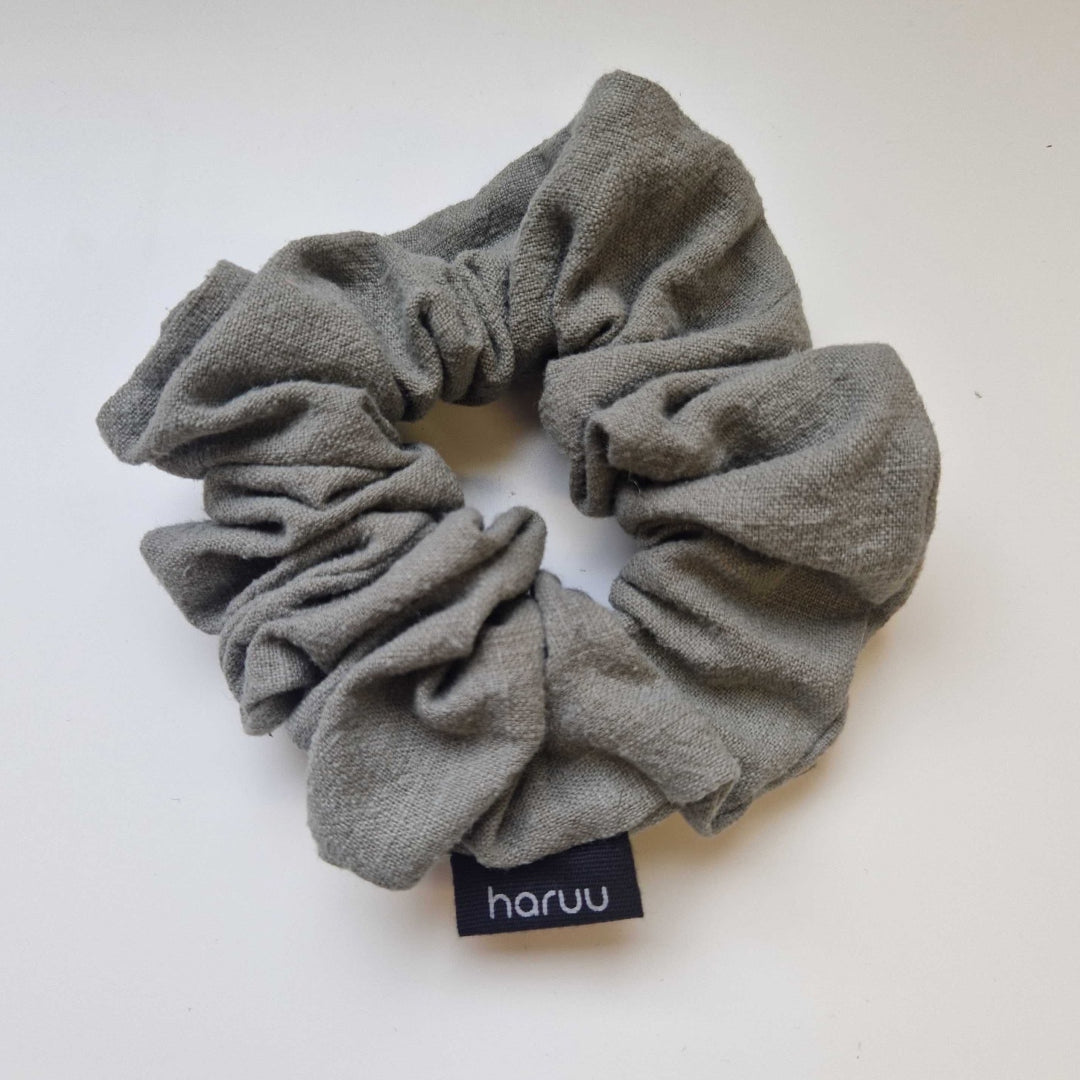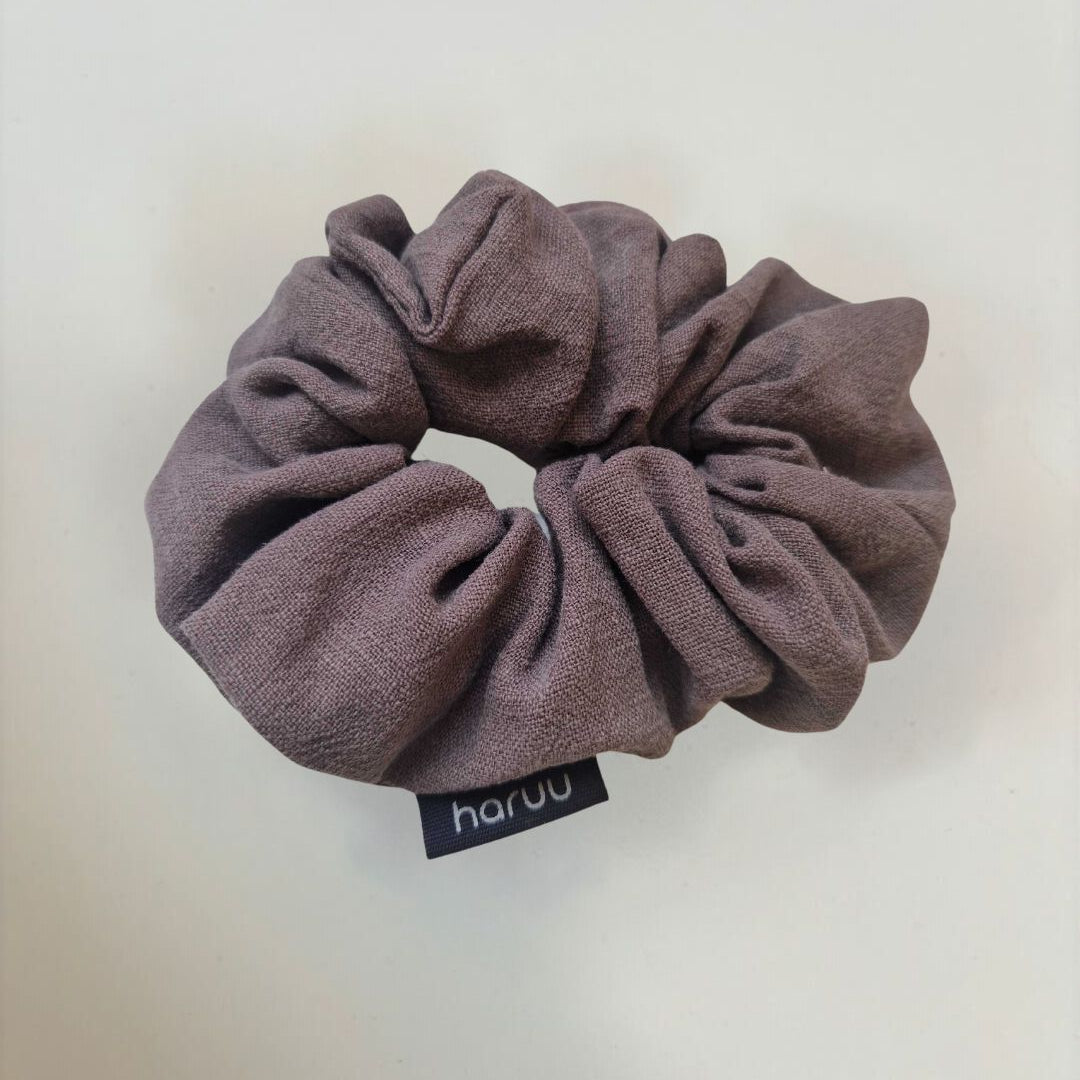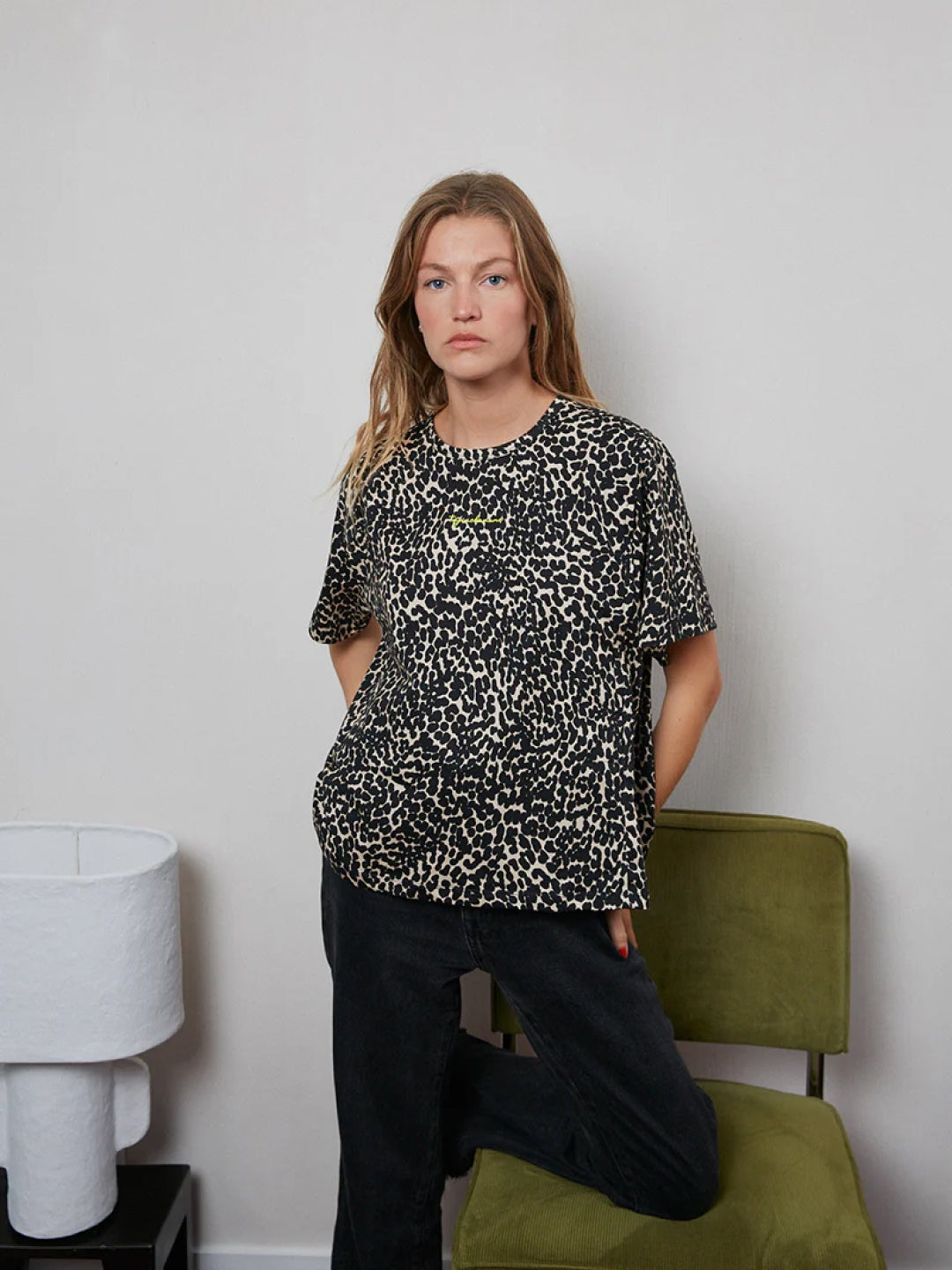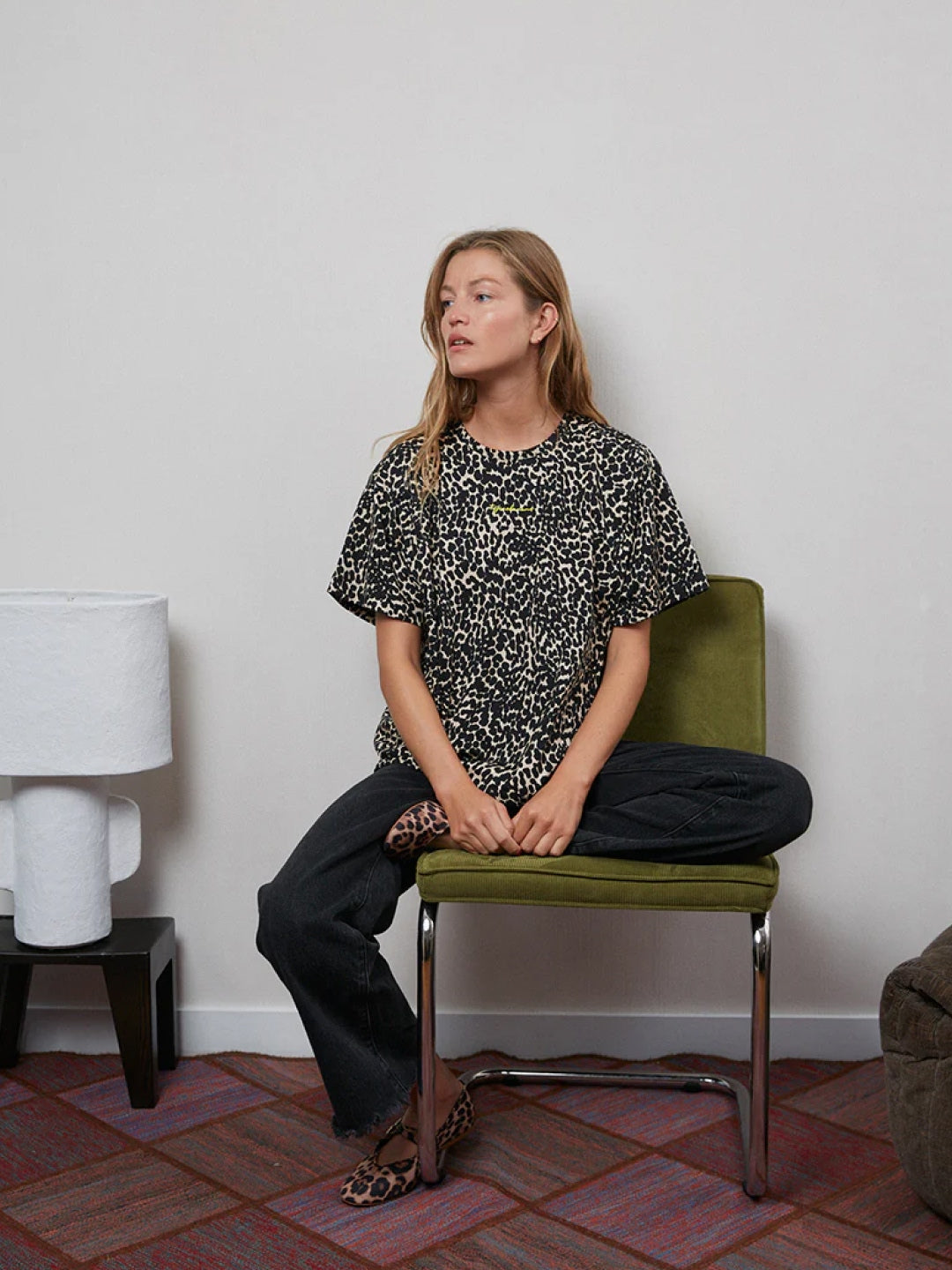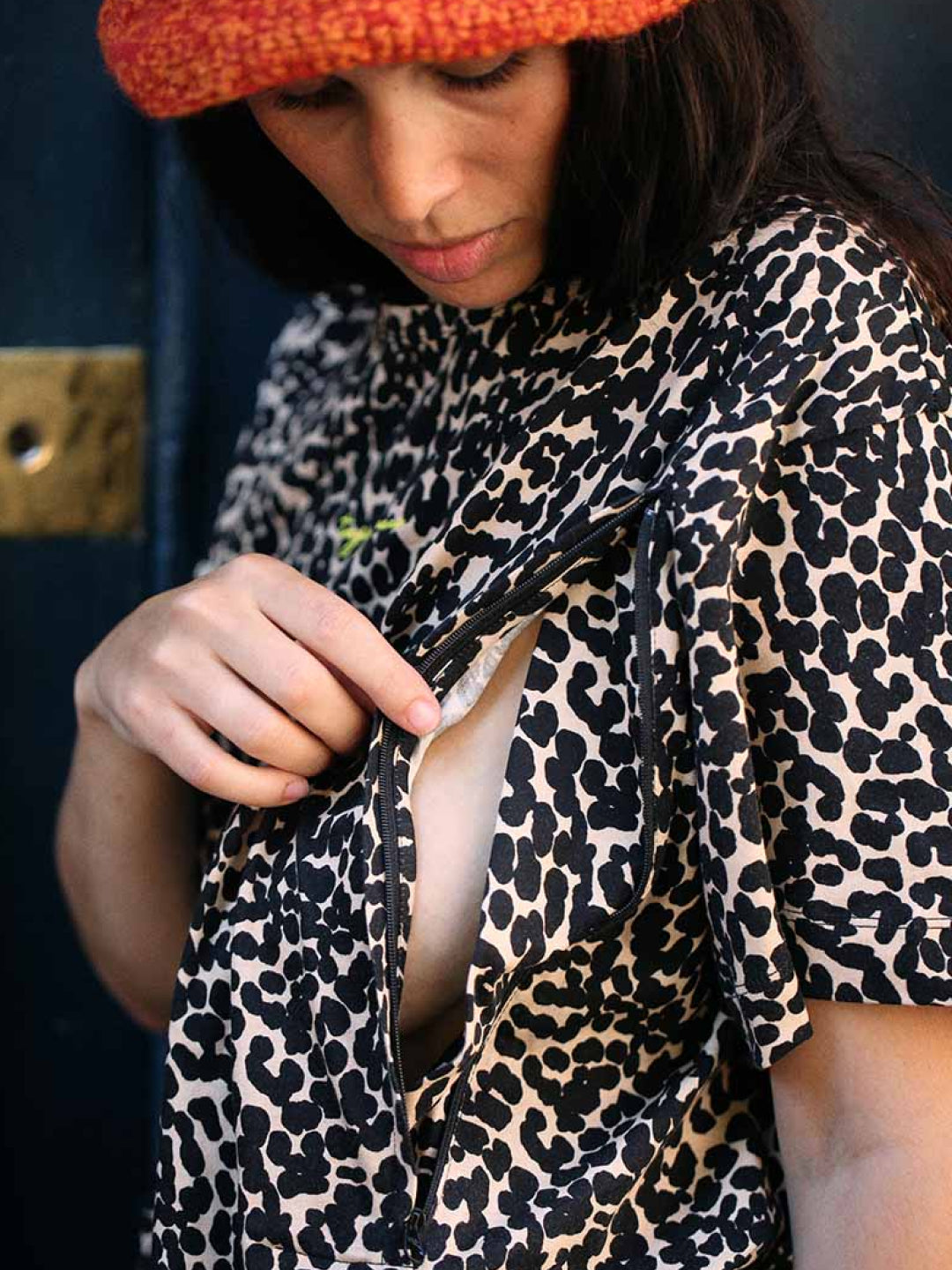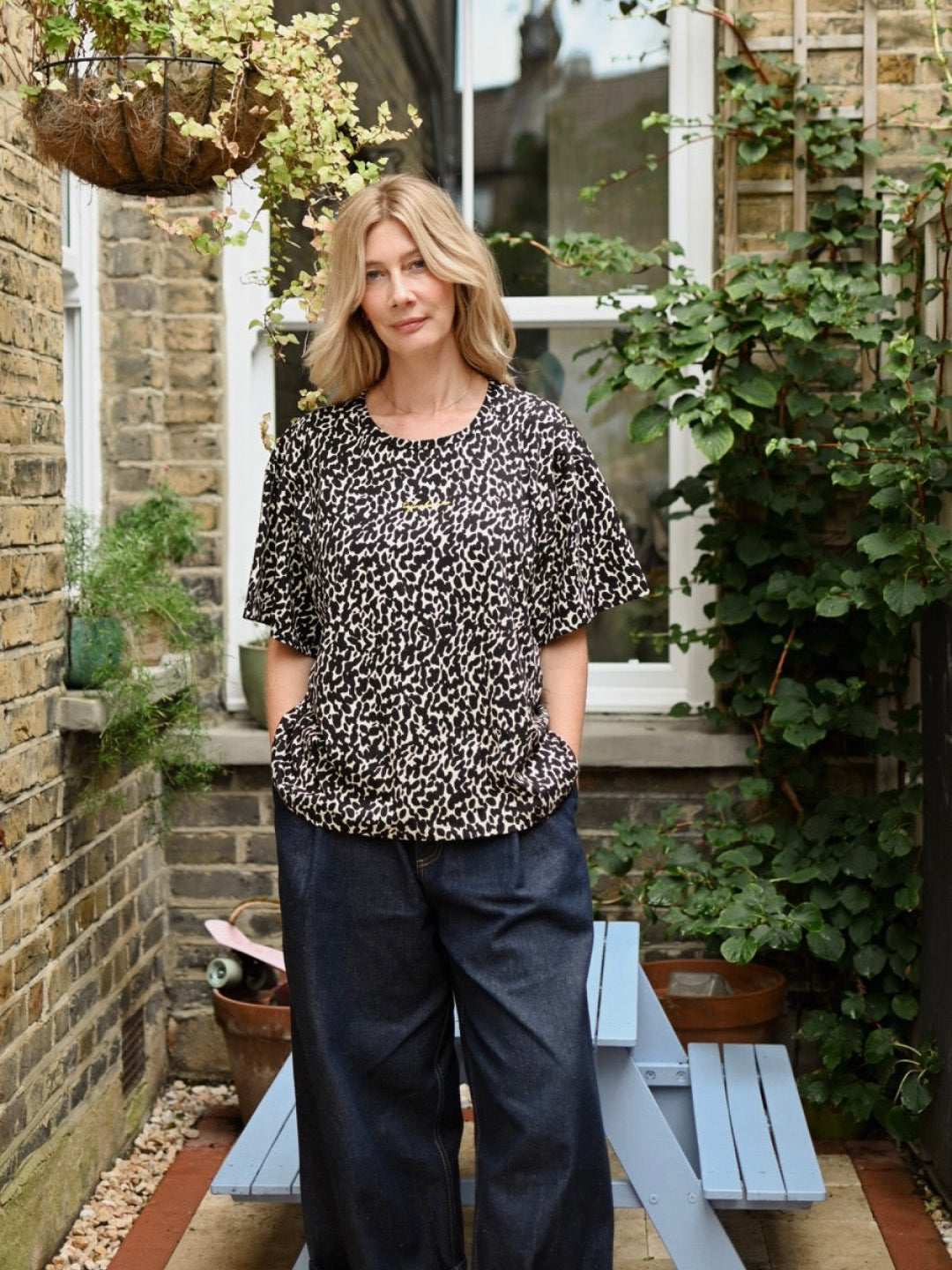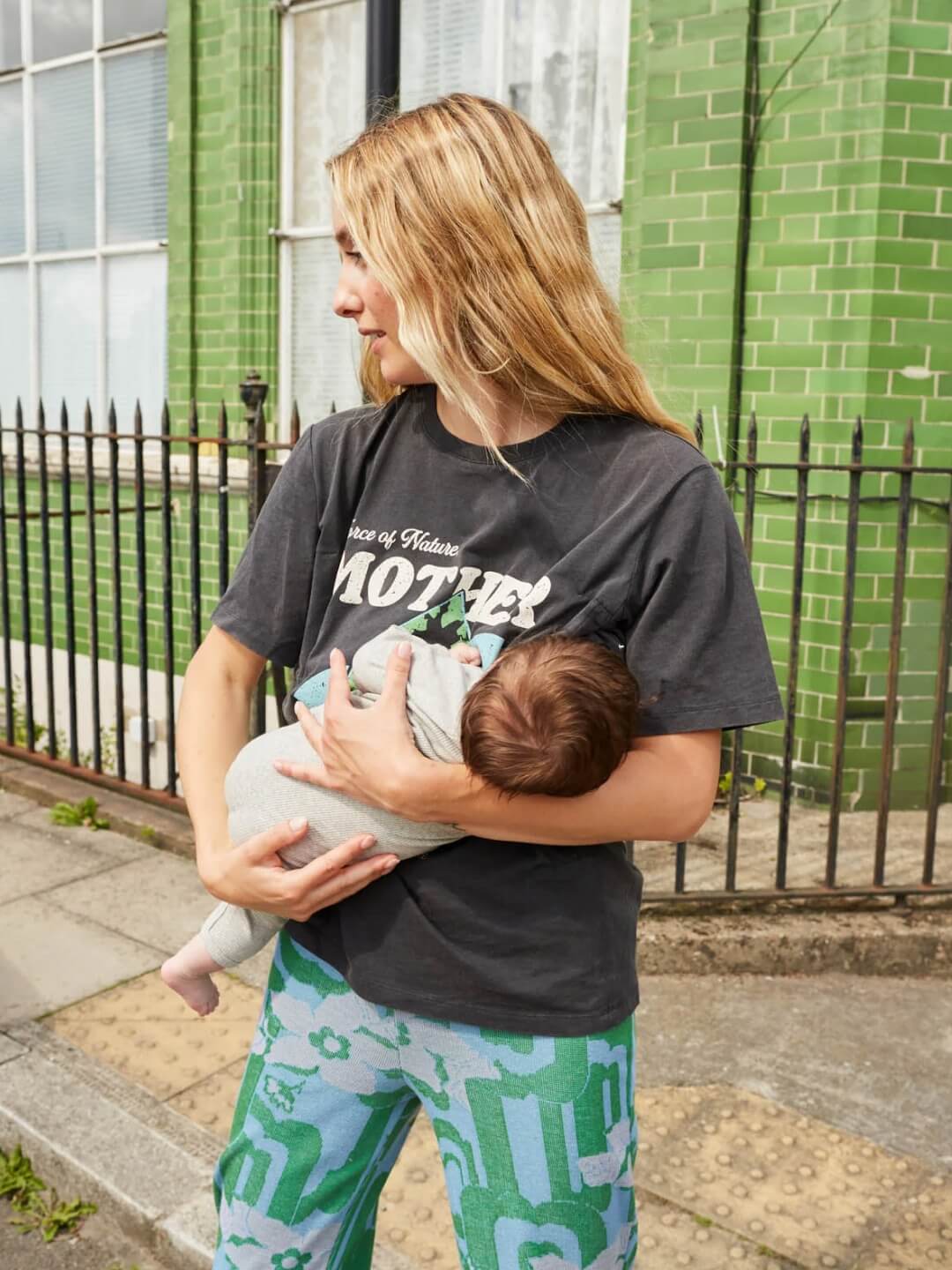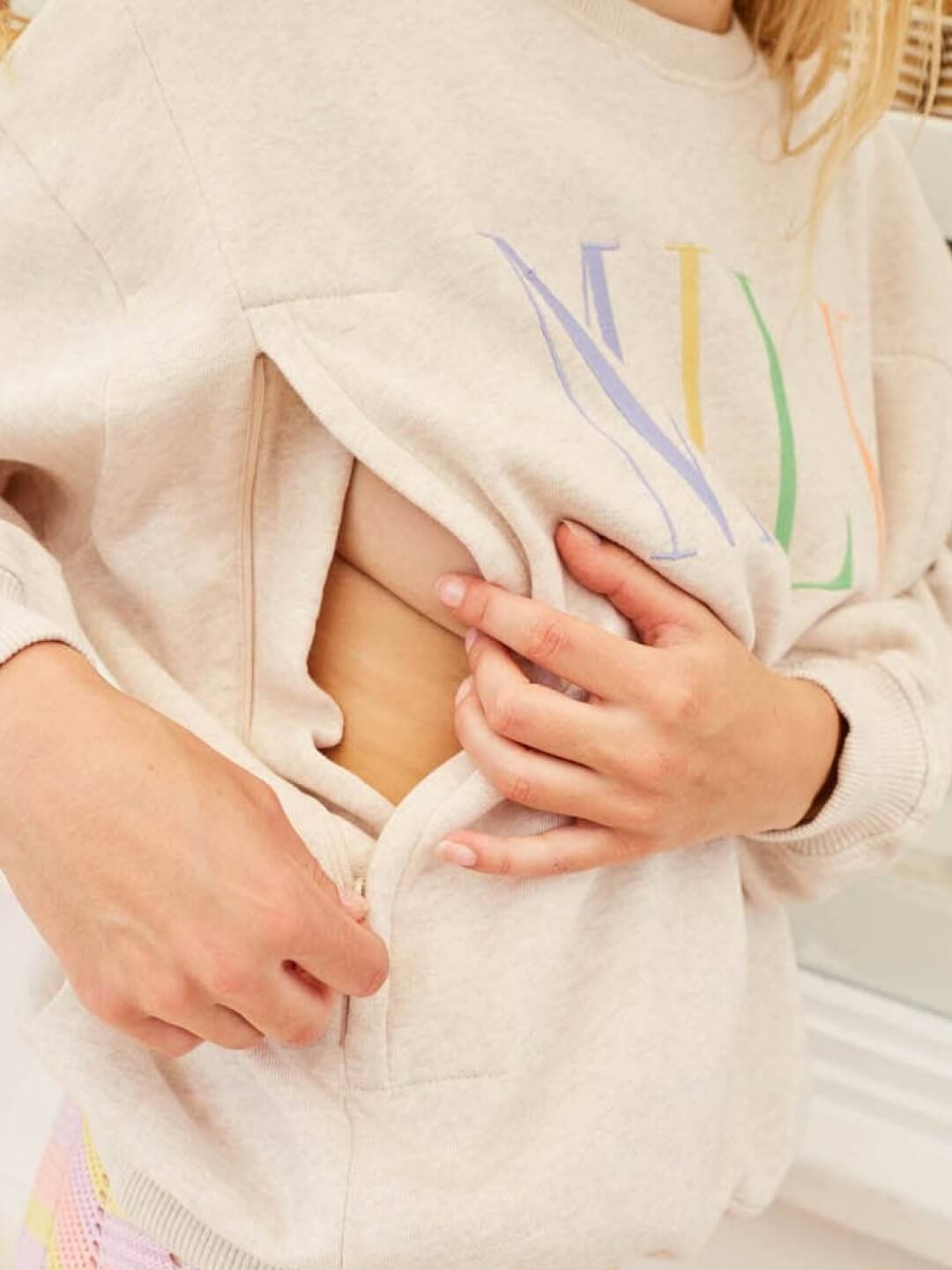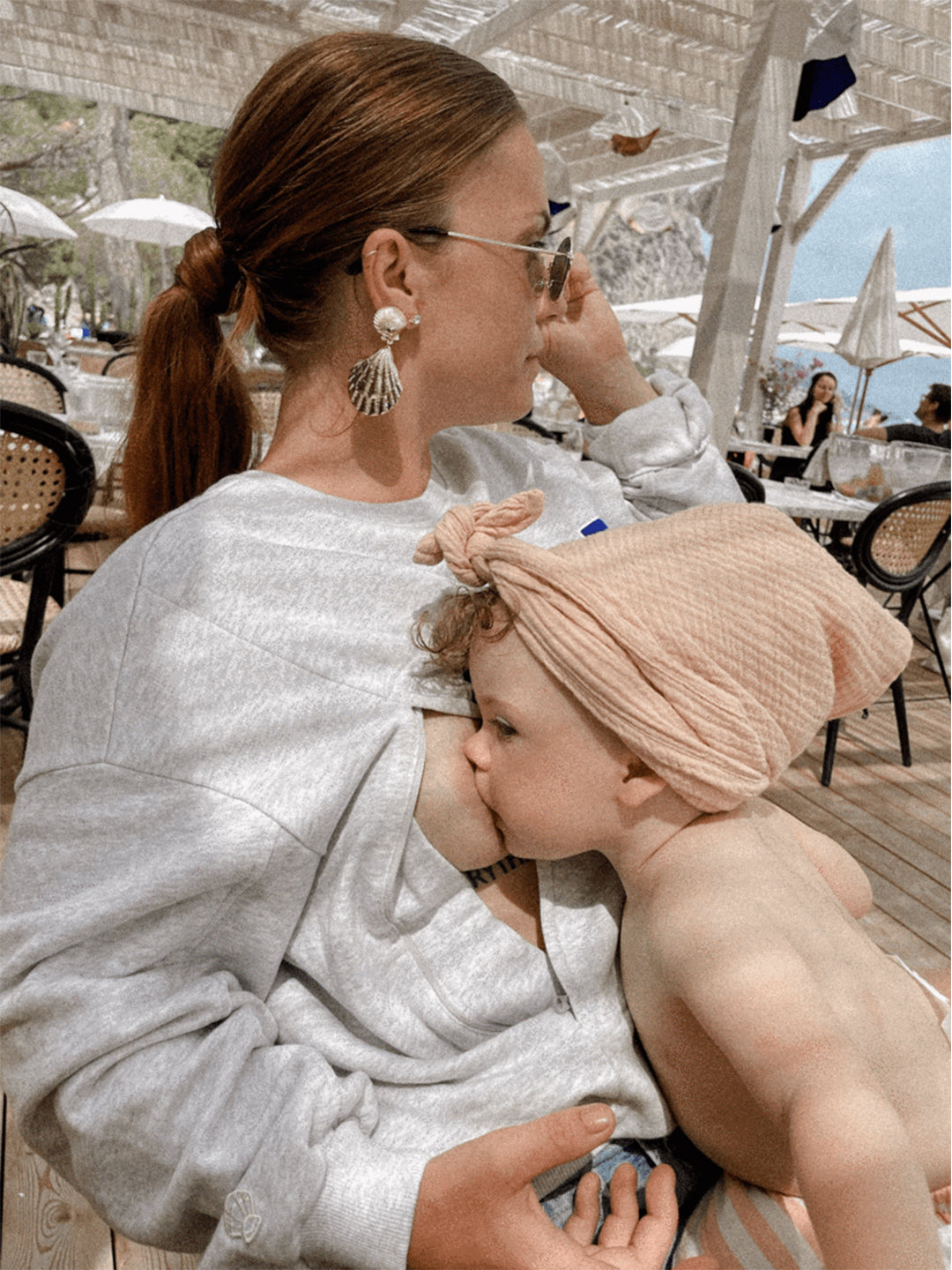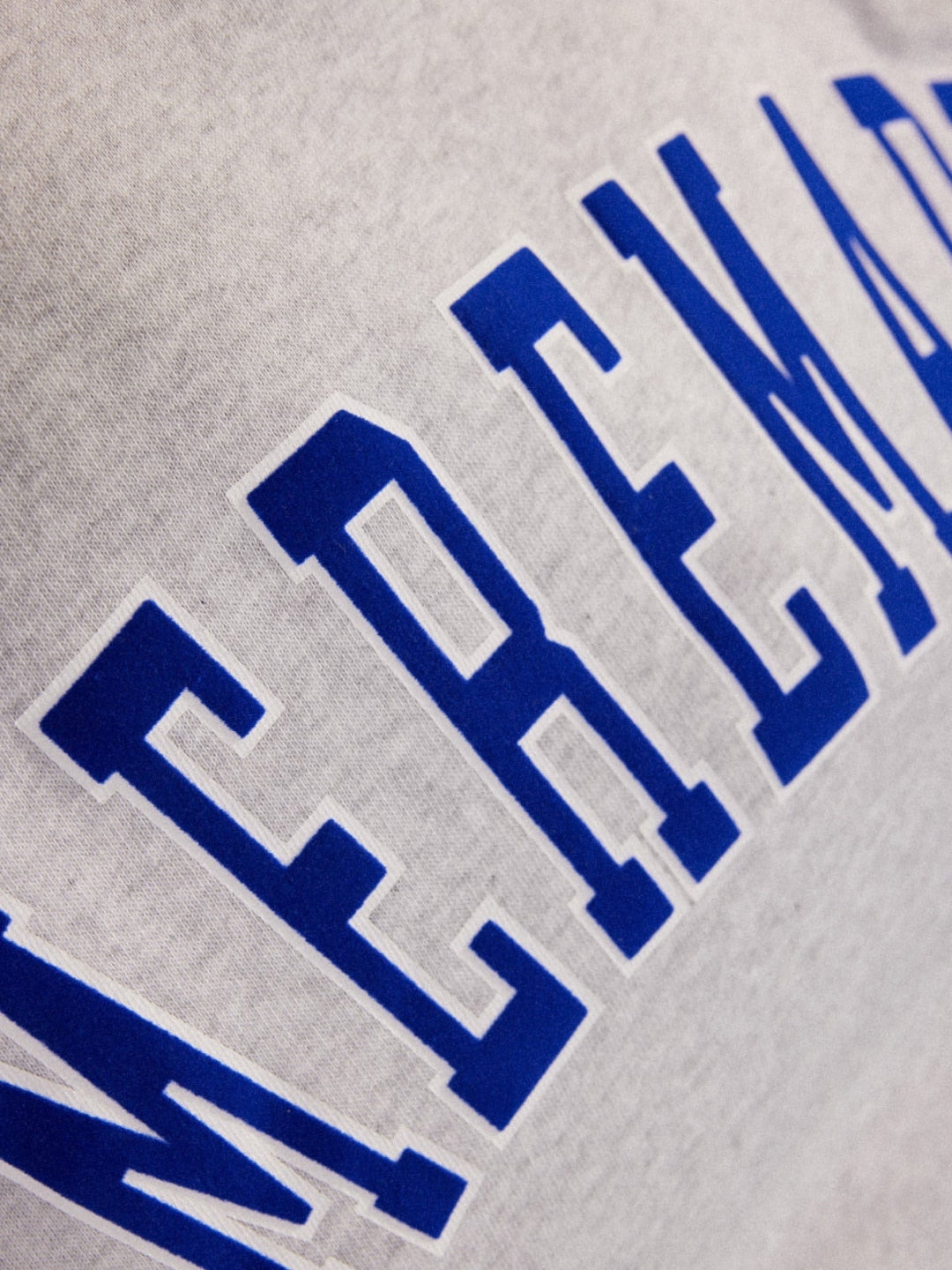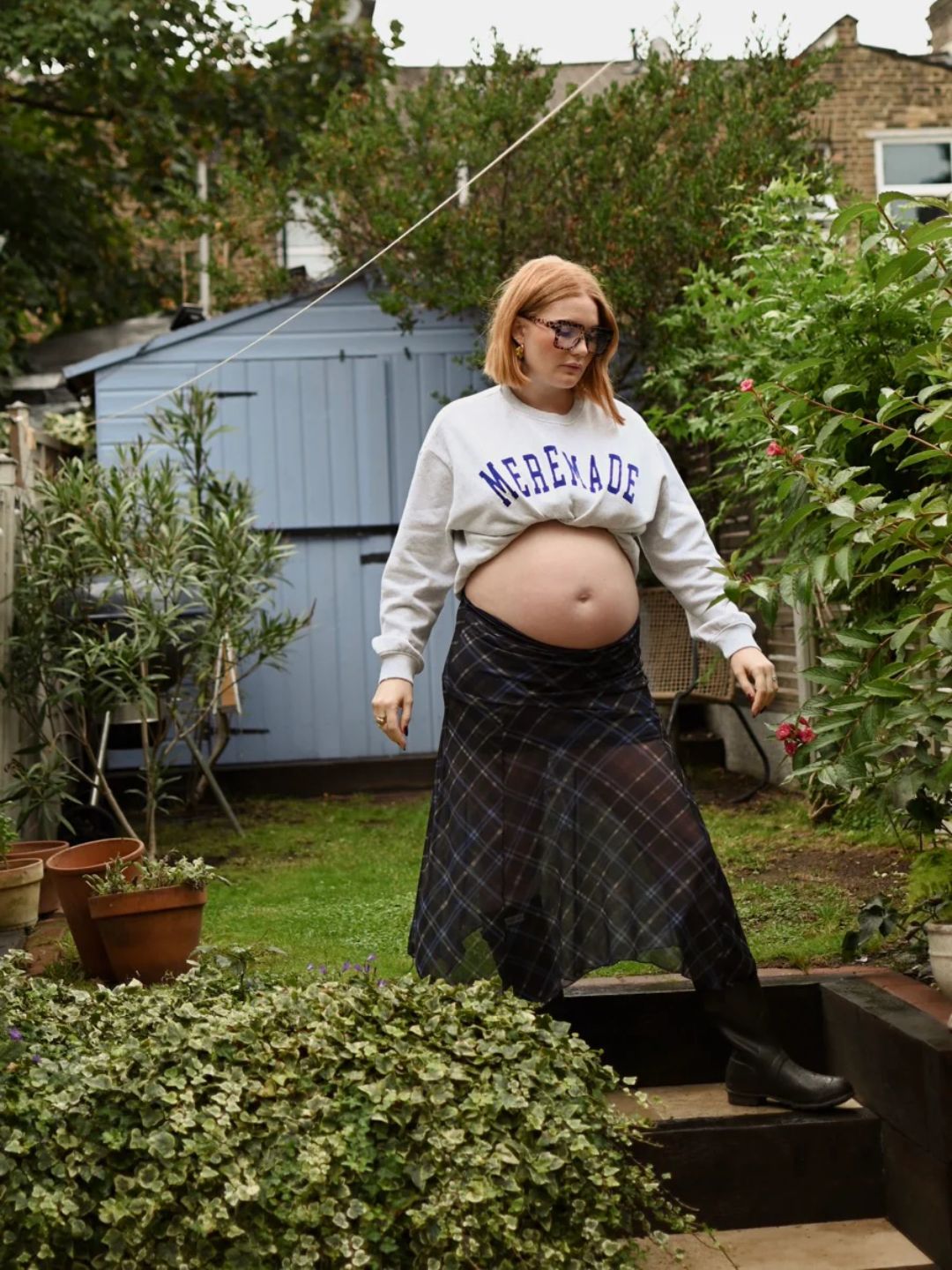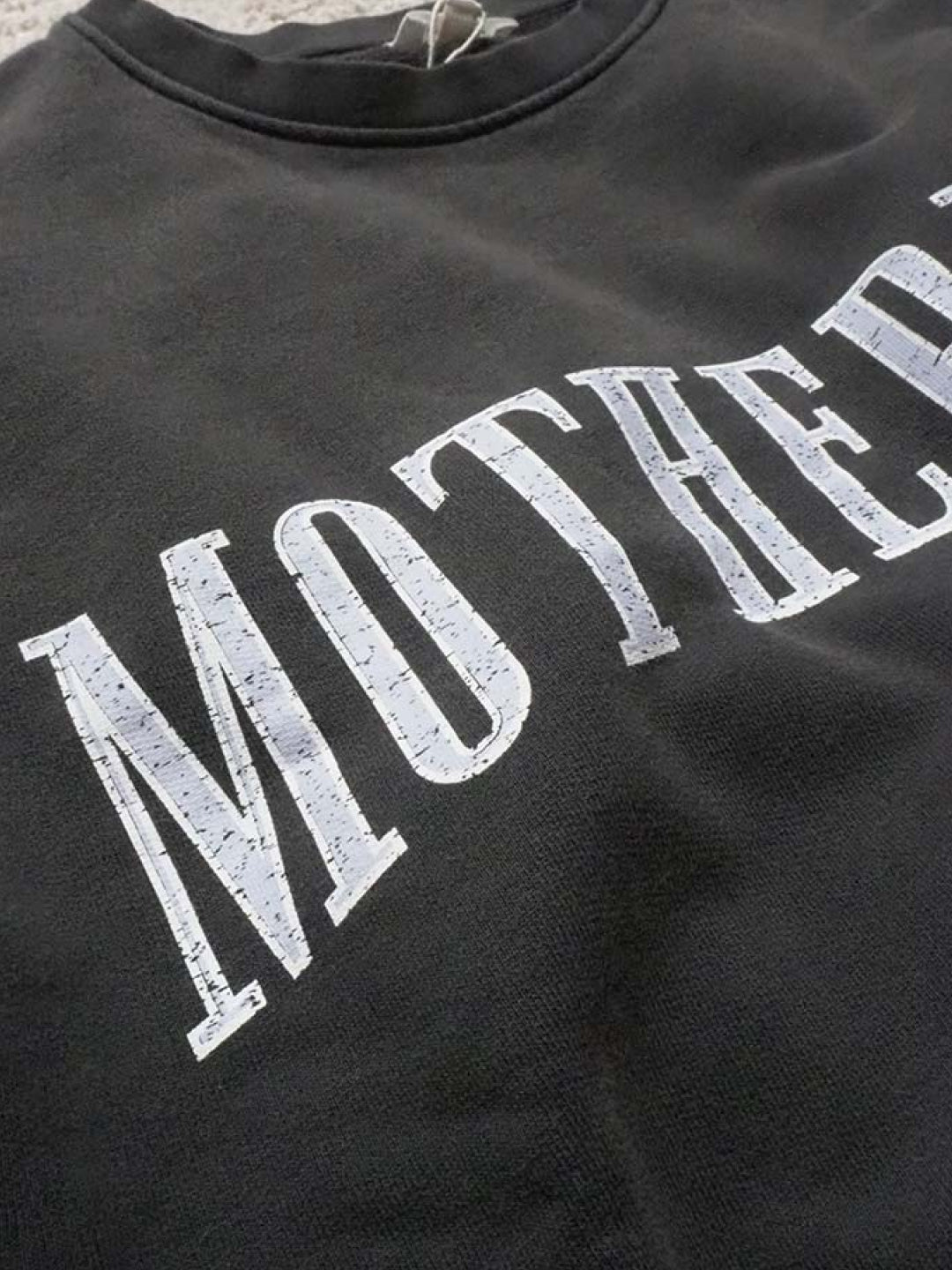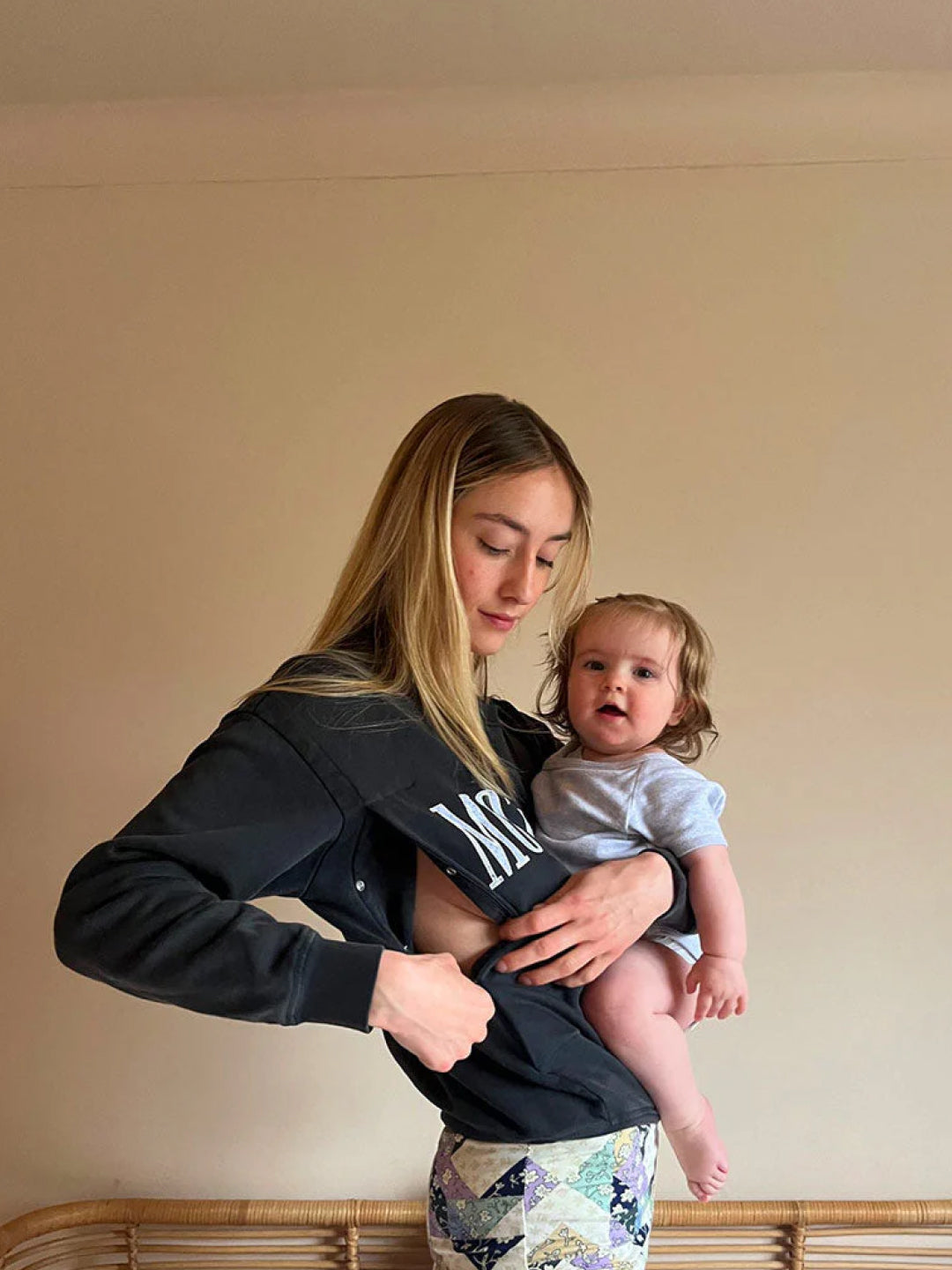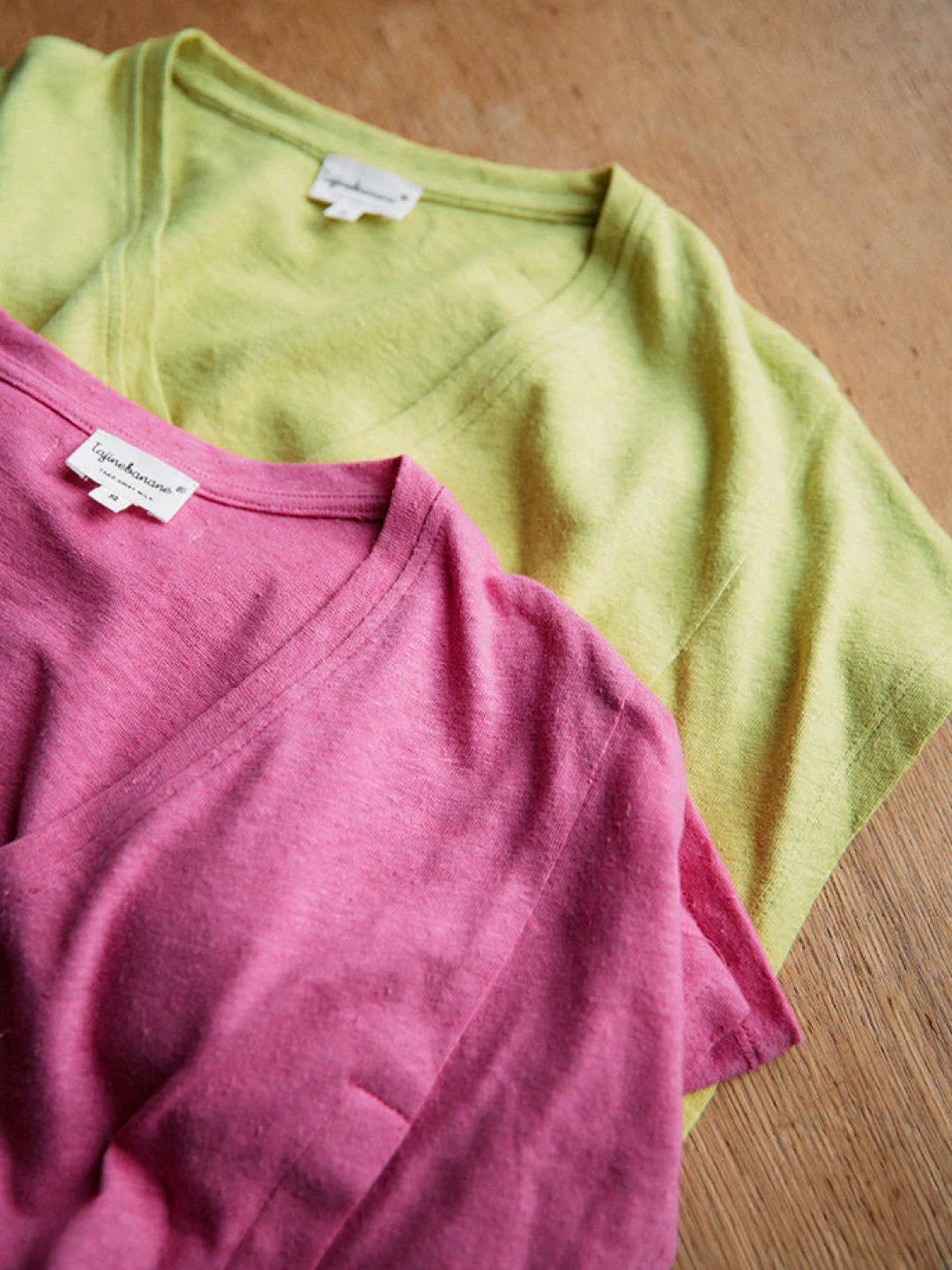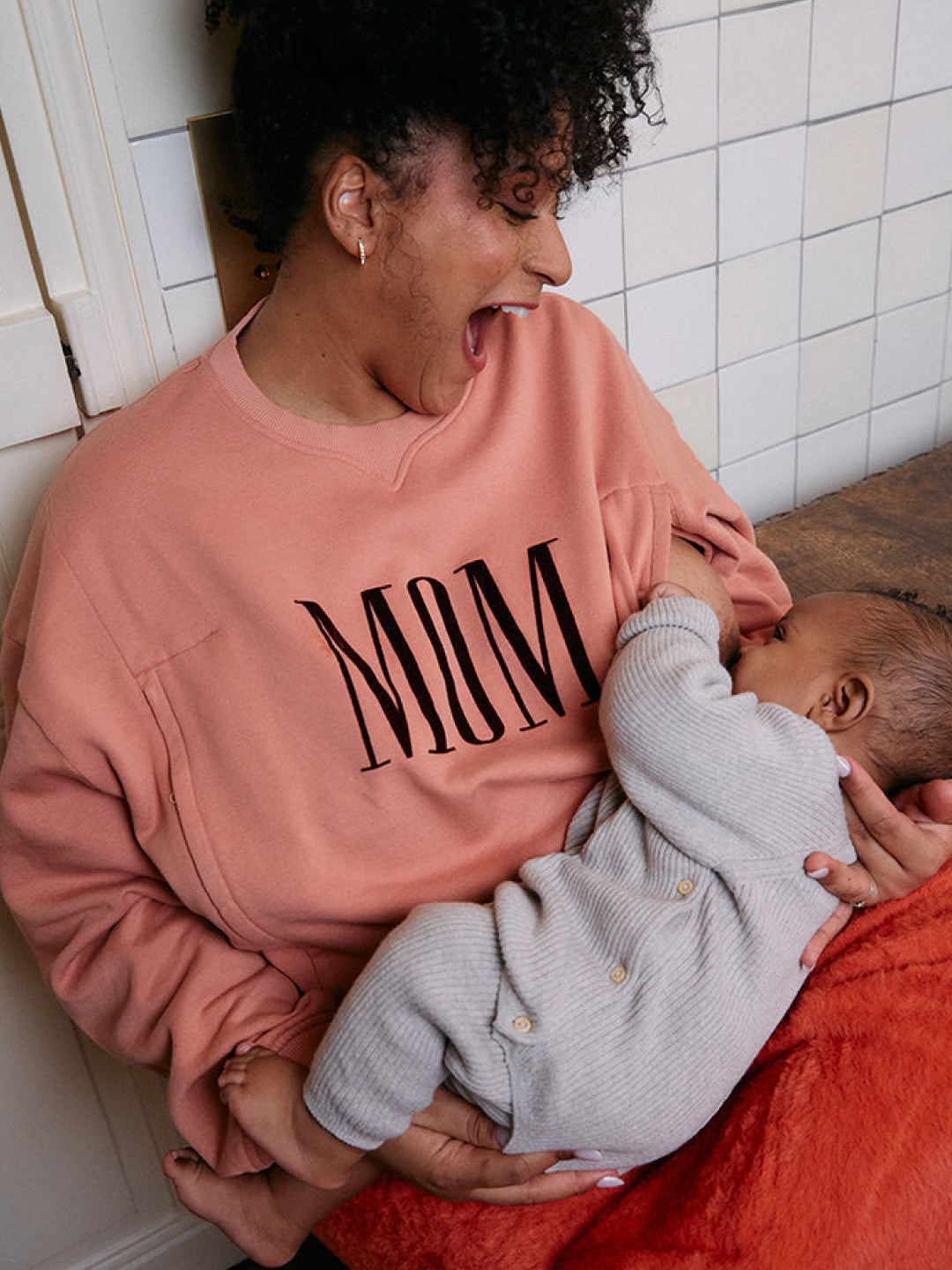While pregnancy is typically divided into three trimesters, the concept of the fourth trimester acknowledges the crucial adjustment period for both baby and parent during the first three months postpartum. Despite its importance, it often receives less attention than pregnancy itself. Understanding what to expect and preparing accordingly can significantly impact this transformative journey. So, what do you need for the fourth trimester, and why does it matter?
Support system
Having a strong support system in place can make all the difference during the 4th trimester. This might include your partner, family members, friends, or even support groups of other new parents. Surrounding yourself with understanding and caring individuals can provide emotional support, practical assistance, and a sense of community during this transitional time.
Mental and emotional well-being
The 4th trimester can be an emotional rollercoaster for many new parents. Hormonal changes, sleep deprivation, and the demands of caring for a newborn can take their toll. In addition, your body has just endured the process of giving birth.
It's essential to prioritize your physical, mental and emotional well-being during this time. Don't hesitate to seek professional support if you're struggling with postpartum depression or anxiety.
Rest and Relaxation
Don't underestimate the importance of rest and relaxation during the postpartum period. Take advantage of opportunities to rest when your baby sleeps, and enlist the help of supportive loved ones to allow for moments of self-care and recover. Whether it's warm food delivered to your door, Wolt credits, help with cleaning, or taking care of older children.

Breastfeeding support
If you're planning to breastfeed your baby, don't hesitate to seek help if you encounter challenges or have questions. Breastfeeding is a skill that takes time and patience. Lactation consultants and breastfeeding support groups can provide valuable guidance, troubleshooting tips, and emotional support. Aim for comfort and relaxation during feeding sessions by using a breastfeeding pillow, and remember to stay hydrated and nourished.
Midwife home visit
The midwife's home visit offers care and advice on physical recovery, well-being, breastfeeding, and baby care during the first weeks after childbirth, making the new journey as smooth as possible.
Postnatal massage and light workout
Postnatal massage provides relaxation, helps reduce stress hormones, and restores circulation in the body. Postpartum massage can be done already three days after giving birth.
Light postnatal exercise like yoga helps the body recover from childbirth and activates core and pelvic floor muscles. Exercise is recommended for those who have undergone postnatal check-ups with a midwife and have received clearance to start exercising (usually around 8 weeks after childbirth, or around 12 weeks after cesarean section). Start gradually, listening to your body and avoiding exercises that cause discomfort or tension.
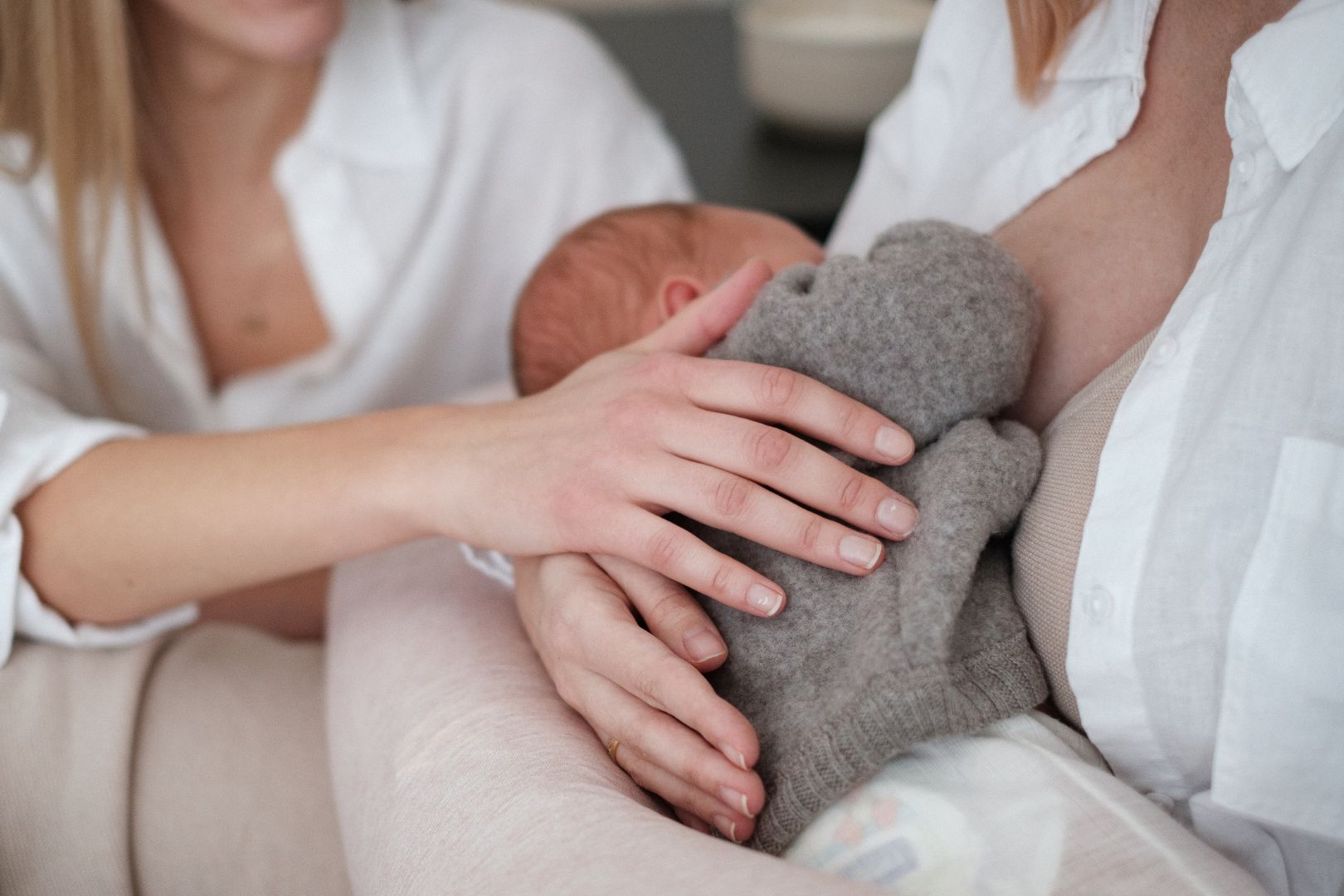
Self-care essentials
The postpartum period is a time of significant physical and emotional adjustment for new parents, and prioritizing self-care is paramount. Here are some essential items that can support your well-being during the postpartum period:
-
Wash Bottle: A wash pottle, or peri bottle, is a must-have for postpartum hygiene. It allows you to gently cleanse the perineal area after childbirth, promoting comfort and reducing the risk of infection.
-
Cold Therapy Bags: Cold therapy bags or packs can provide relief from perineal soreness, swelling, and discomfort following vaginal childbirth or perineal tears. These reusable packs offer soothing relief and promote healing.
-
Nursing bra and nursing Pads: A seamless, non-wired nursing bra provides full access to the breast while ensuring maximum comfort, with no chafing or irritation. Nursing pads are essential for breastfeeding mothers to absorb leaks and prevent wetness and discomfort. Disposable and reusable options are available, allowing you to choose what works best for your needs and preferences.
-
Postpartum Panties and pads: Postpartum panties are designed to provide support and comfort during the postpartum recovery period. They offer gentle compression to support the abdominal area and accommodate postpartum pads and also ice packs.
-
Underpads: Underpads, also known as chux pads, are absorbent pads placed on bedding or furniture to protect against leaks and spills. They're particularly useful for managing postpartum bleeding and protecting your mattress and furniture.
-
Perineal Spray: Postpartum recovery sprays can help soothe the perineal area after childbirth. These products often contain soothing ingredients like witch hazel and aloe vera to promote comfort and healing.
-
Nipple Balm: Nipple balm is a lifesaver for breastfeeding mothers experiencing nipple soreness or dryness. Nnipple balms provide relief from discomfort and help prevent cracking and irritation. To relieve breast engorgement, you can take a warm shower before feeding and apply a cold pack or cabbage leaves stored in the refrigerator after feeding
-
Hemorroid relief cream: If you’re experiencing hemorrhoids due to childbirth, using a hemorrhoid cream can provide soothing relief and help ease discomfort.
-
Comfortable Clothing: Comfortable, loose-fitting clothing is essential for postpartum comfort. Look for soft fabrics that won't irritate sensitive skin and opt for styles that accommodate your changing body shape.
-
Hydration and Nutrition: Staying hydrated and nourished is crucial for postpartum recovery and breastfeeding success. Keep a water bottle handy and prioritize nutrient-rich foods that support your energy levels and overall well-being.

Did you know? The "baby blues" is a common phenomenon experienced by up to 80% of new mothers within the first few weeks after childbirth. Symptoms may include mood swings, tearfulness, and feelings of anxiety or overwhelm. The baby blues typically resolve on their own within a few weeks and are considered a normal response to the hormonal changes and emotional adjustments of childbirth.
Every baby is unique, and there's no one-size-fits-all approach to parenting. Embrace the journey, celebrate small victories, and don't be too hard on yourself when things don't go as planned. Trust your instincts, lean on your support system, and remember that you're doing an incredible job, one day at a time.


